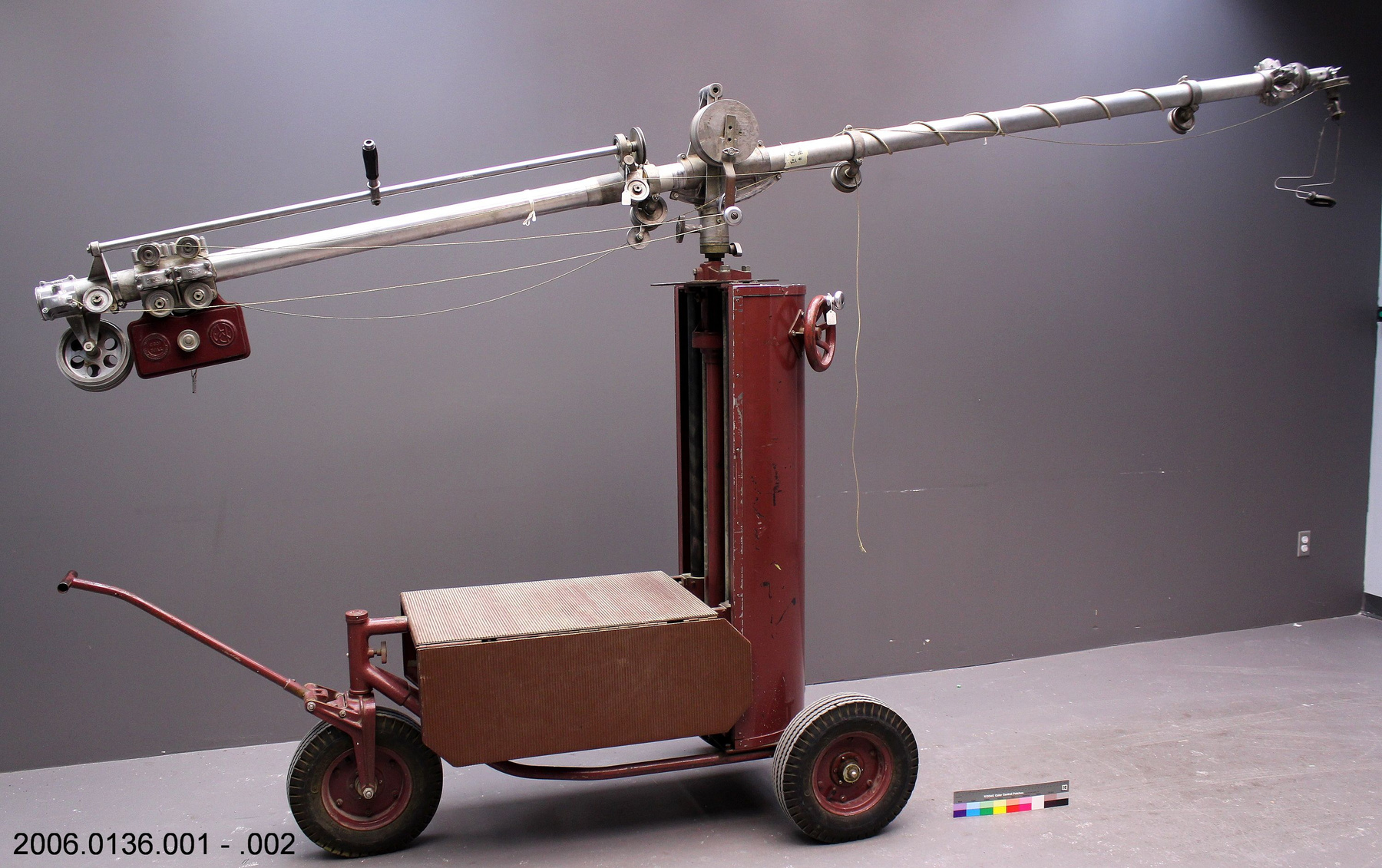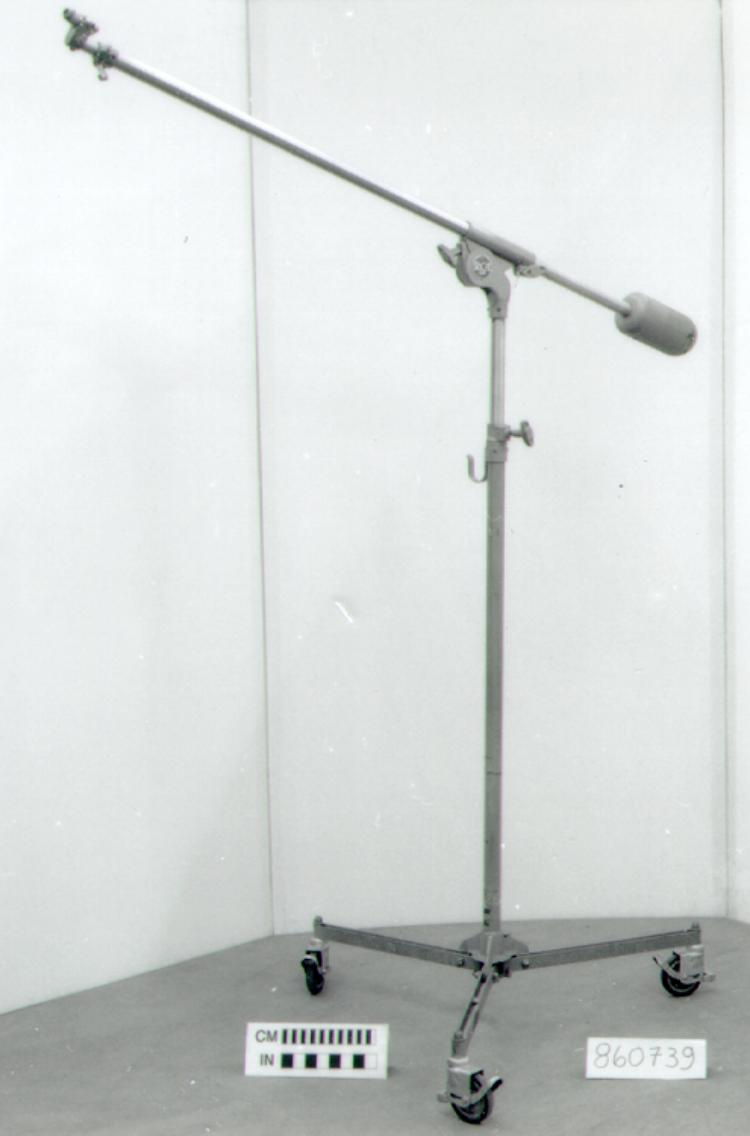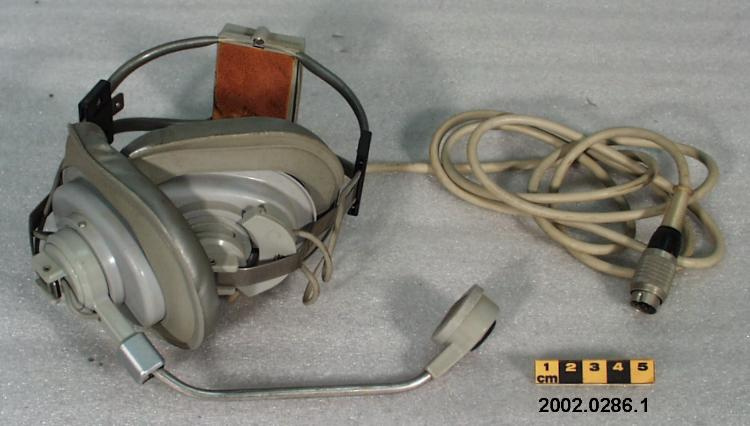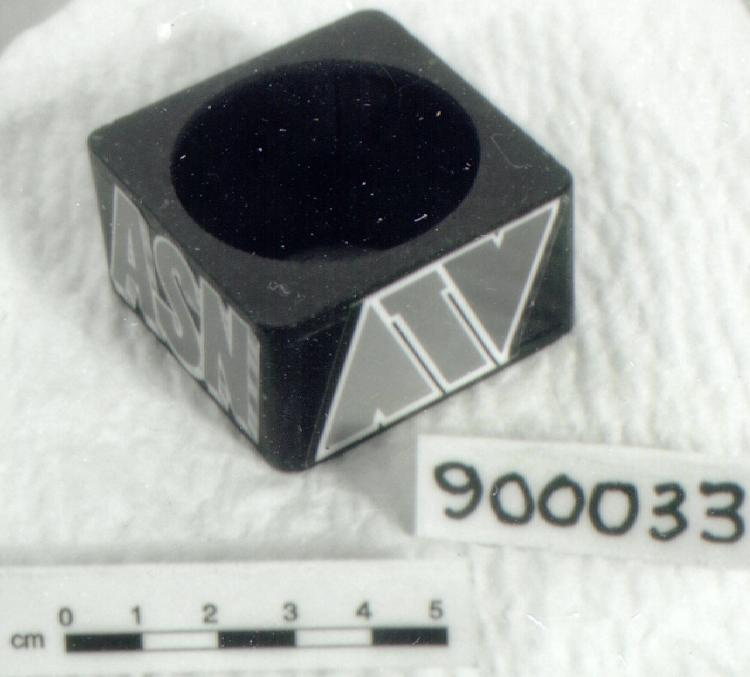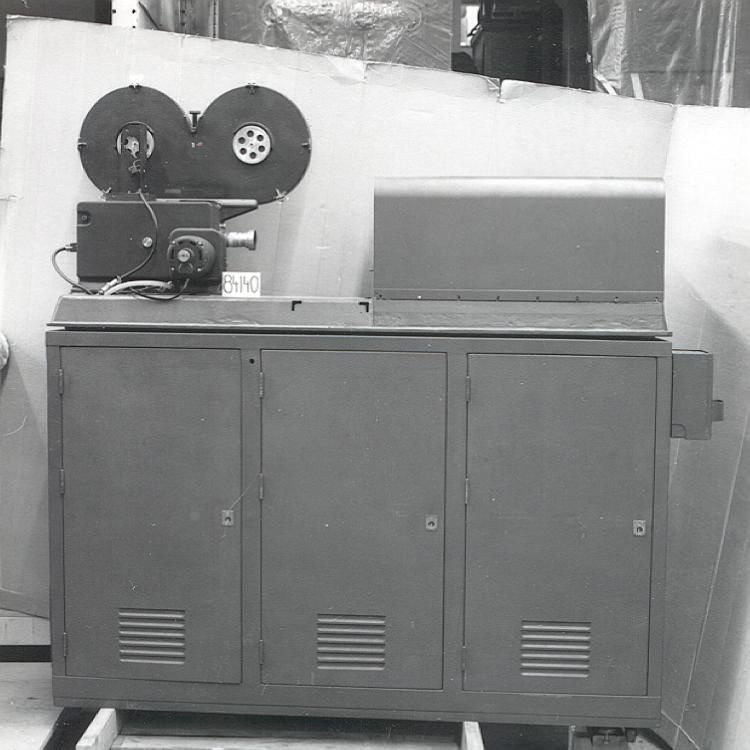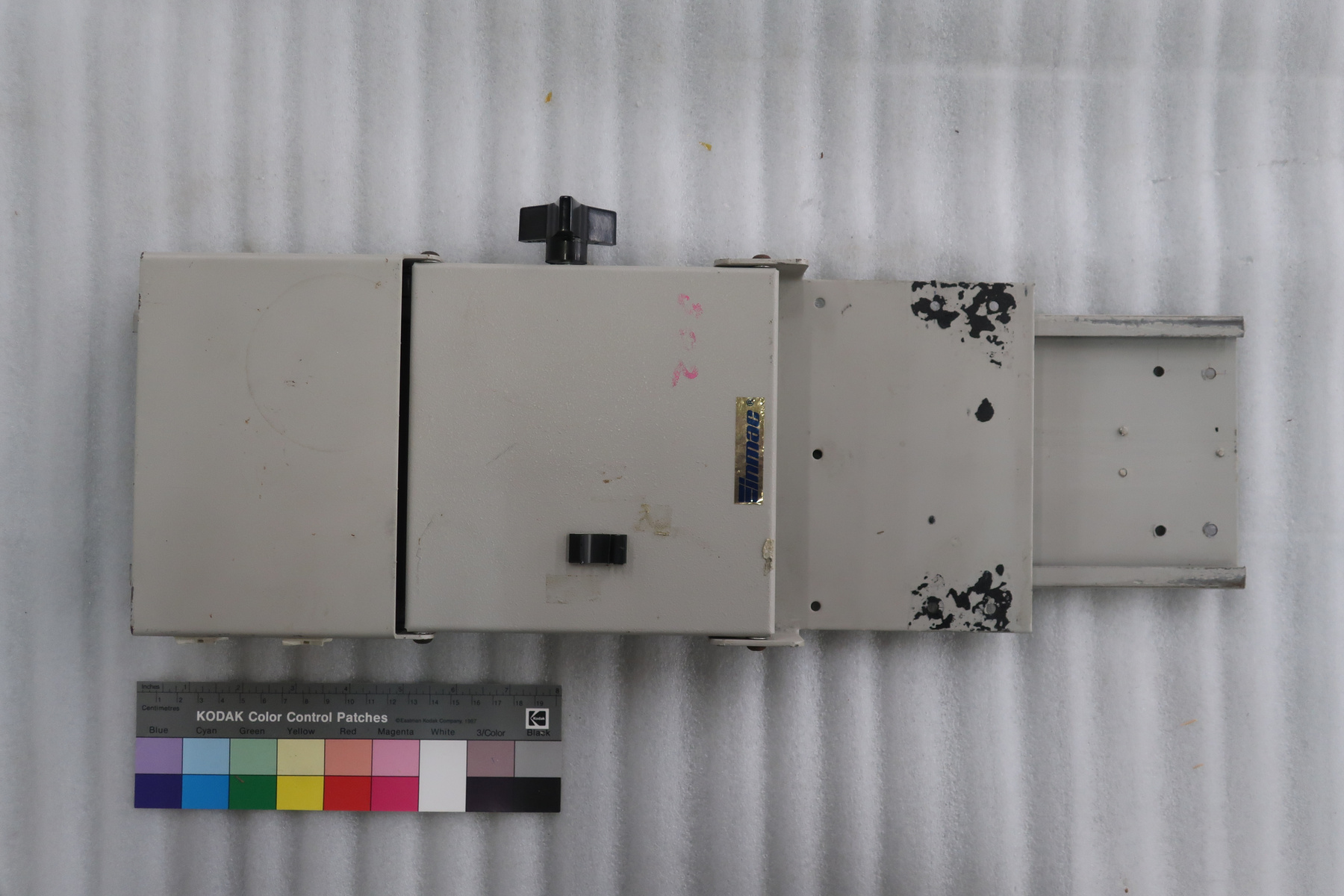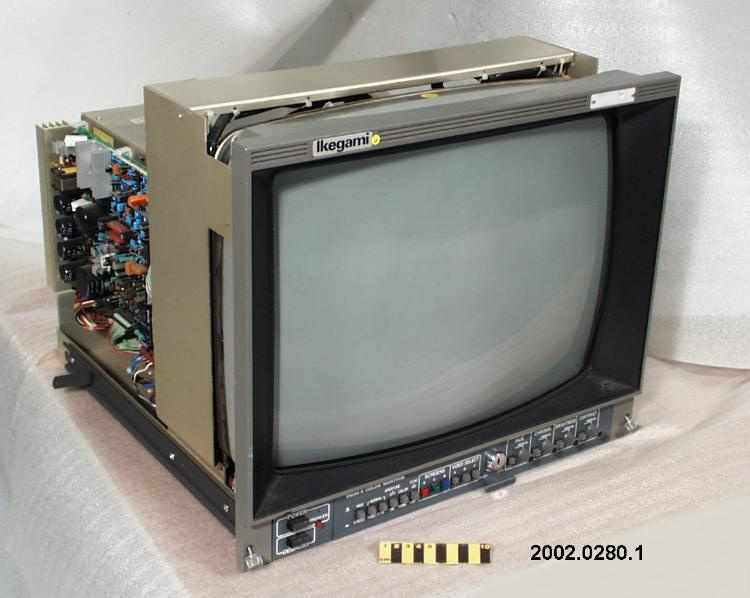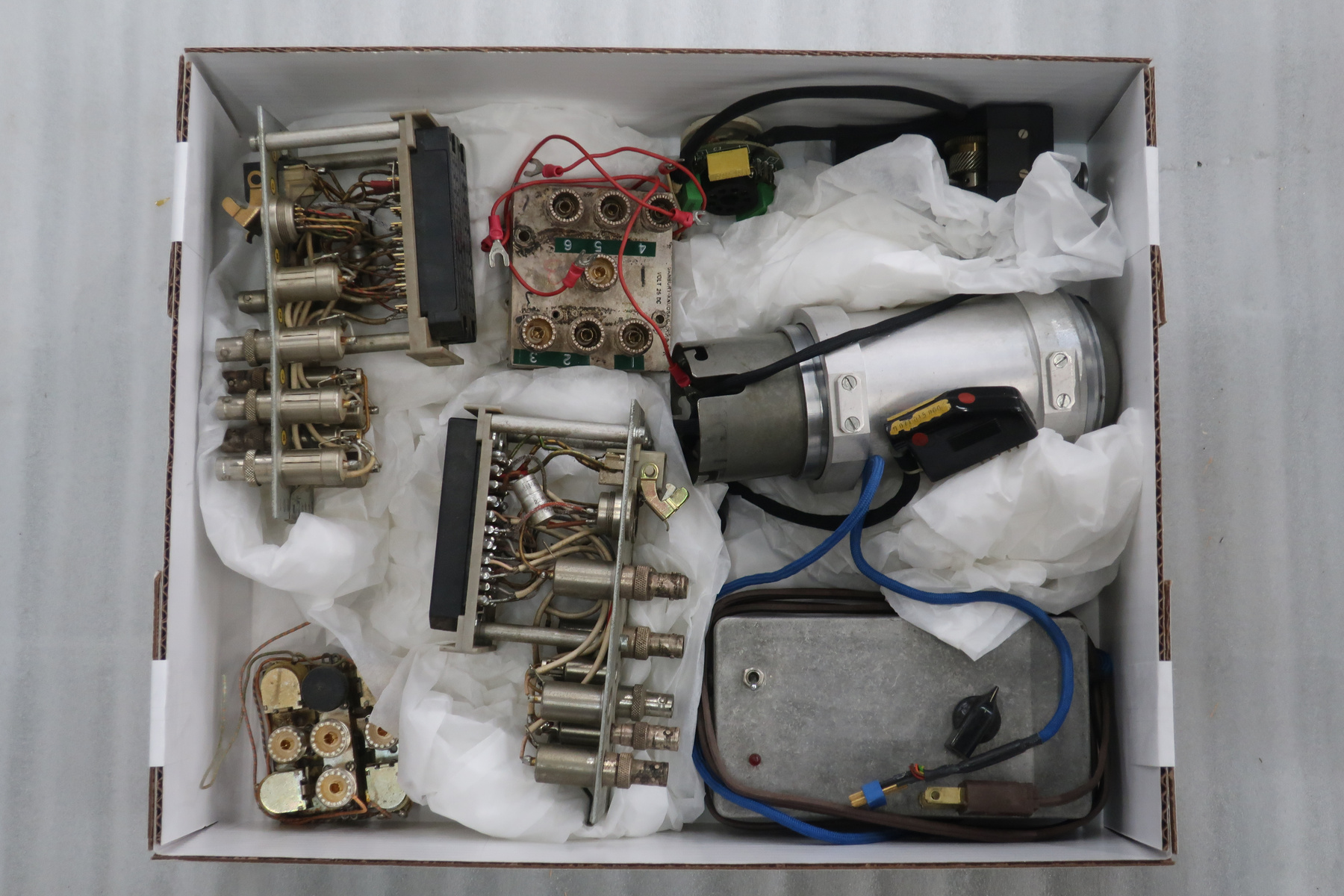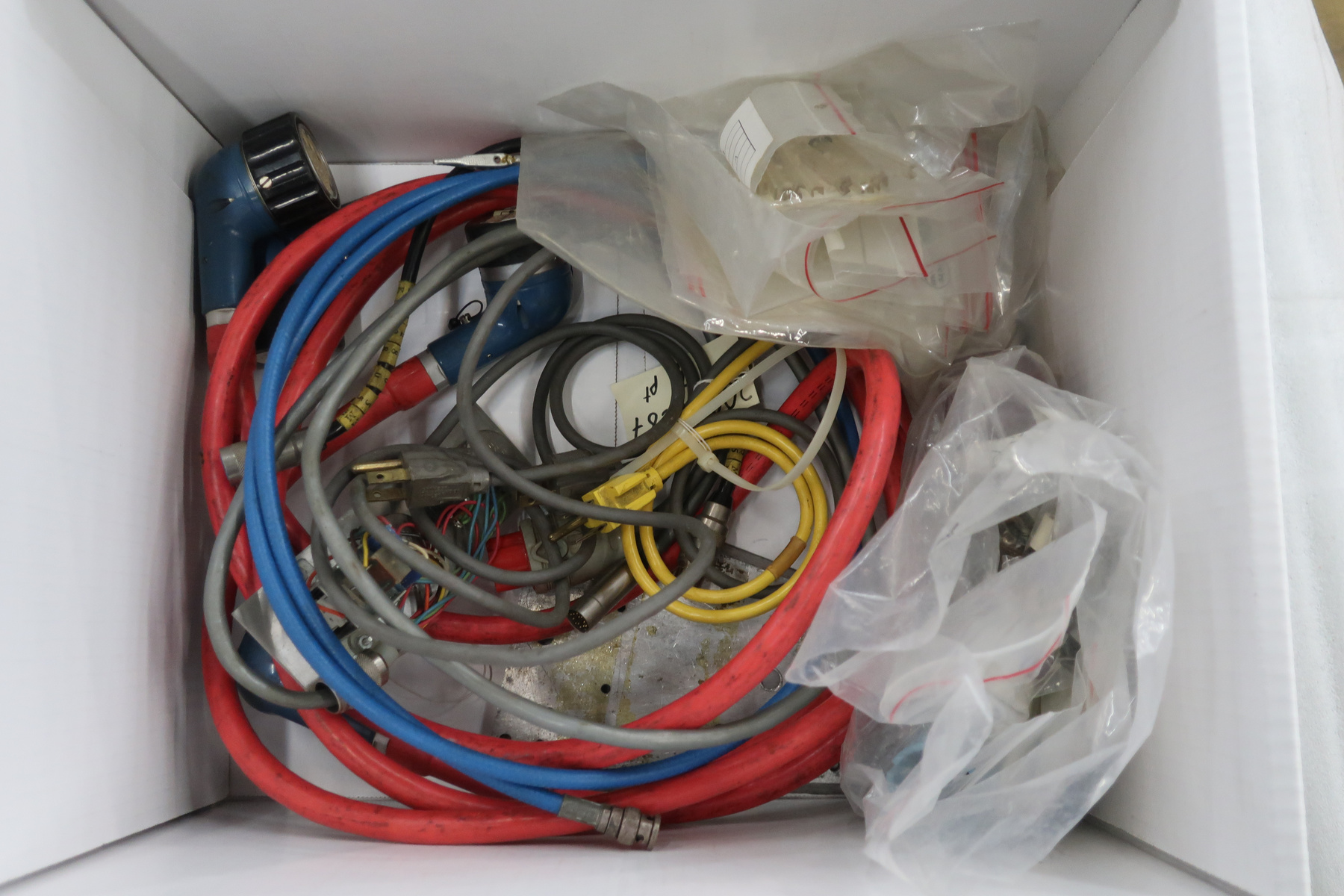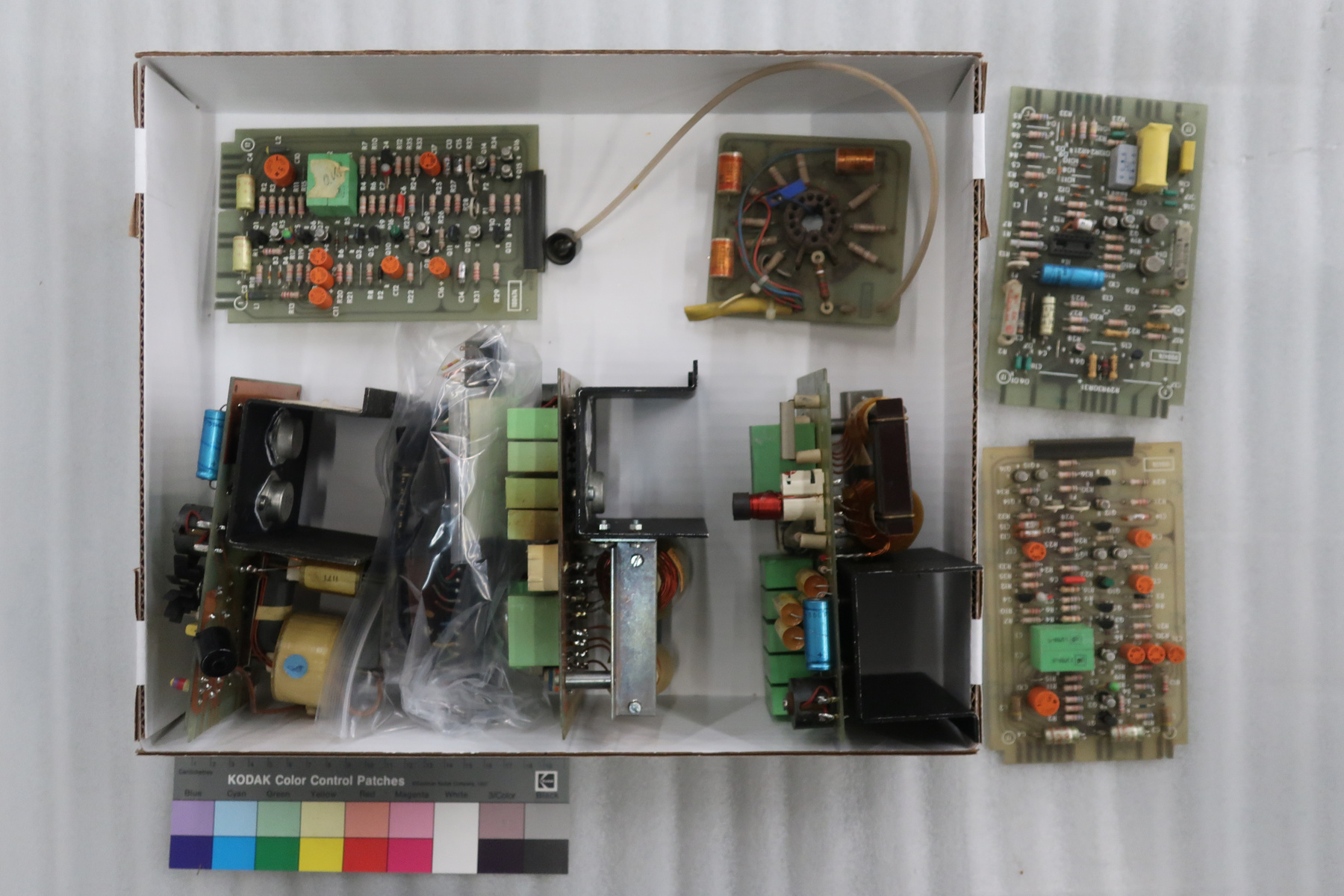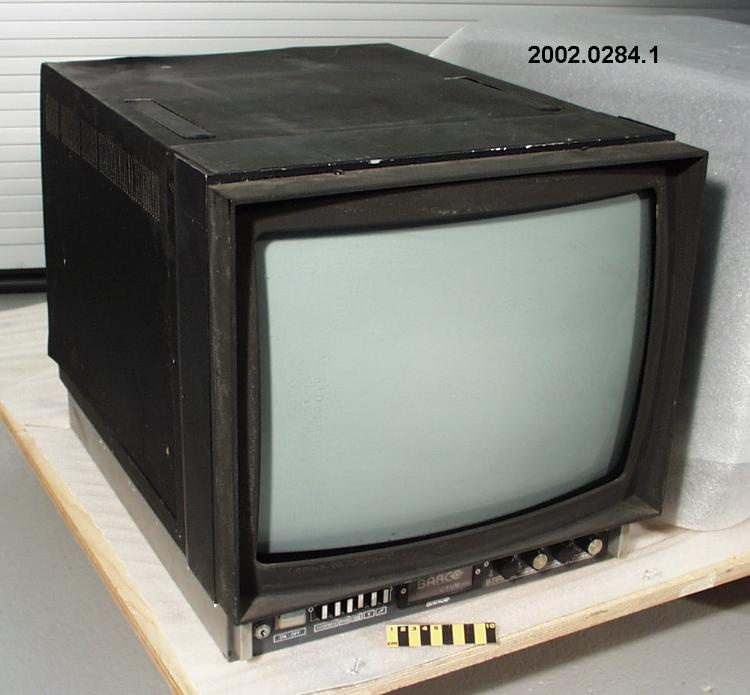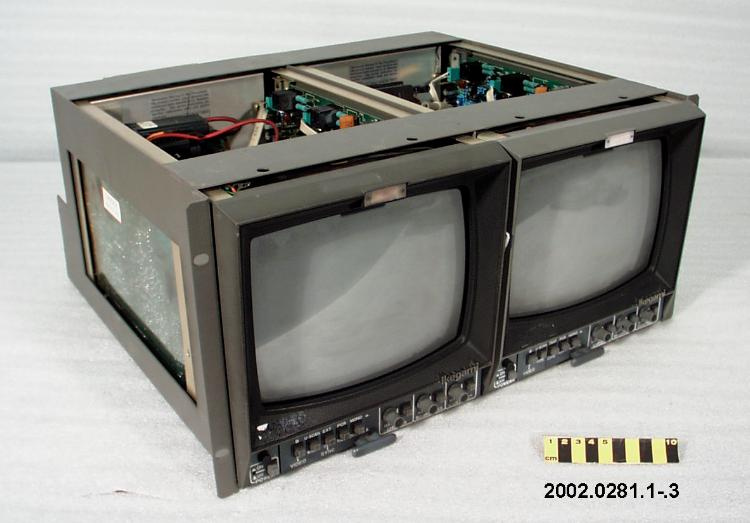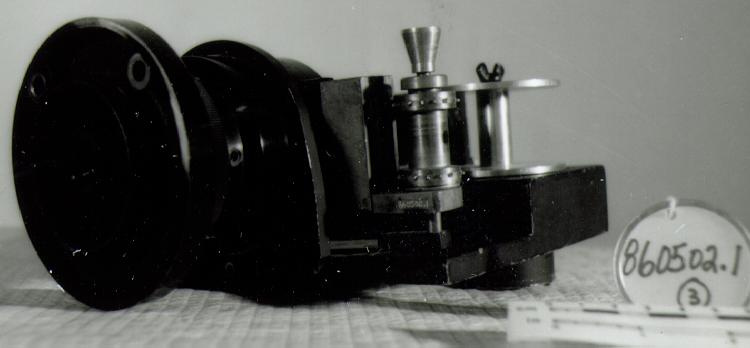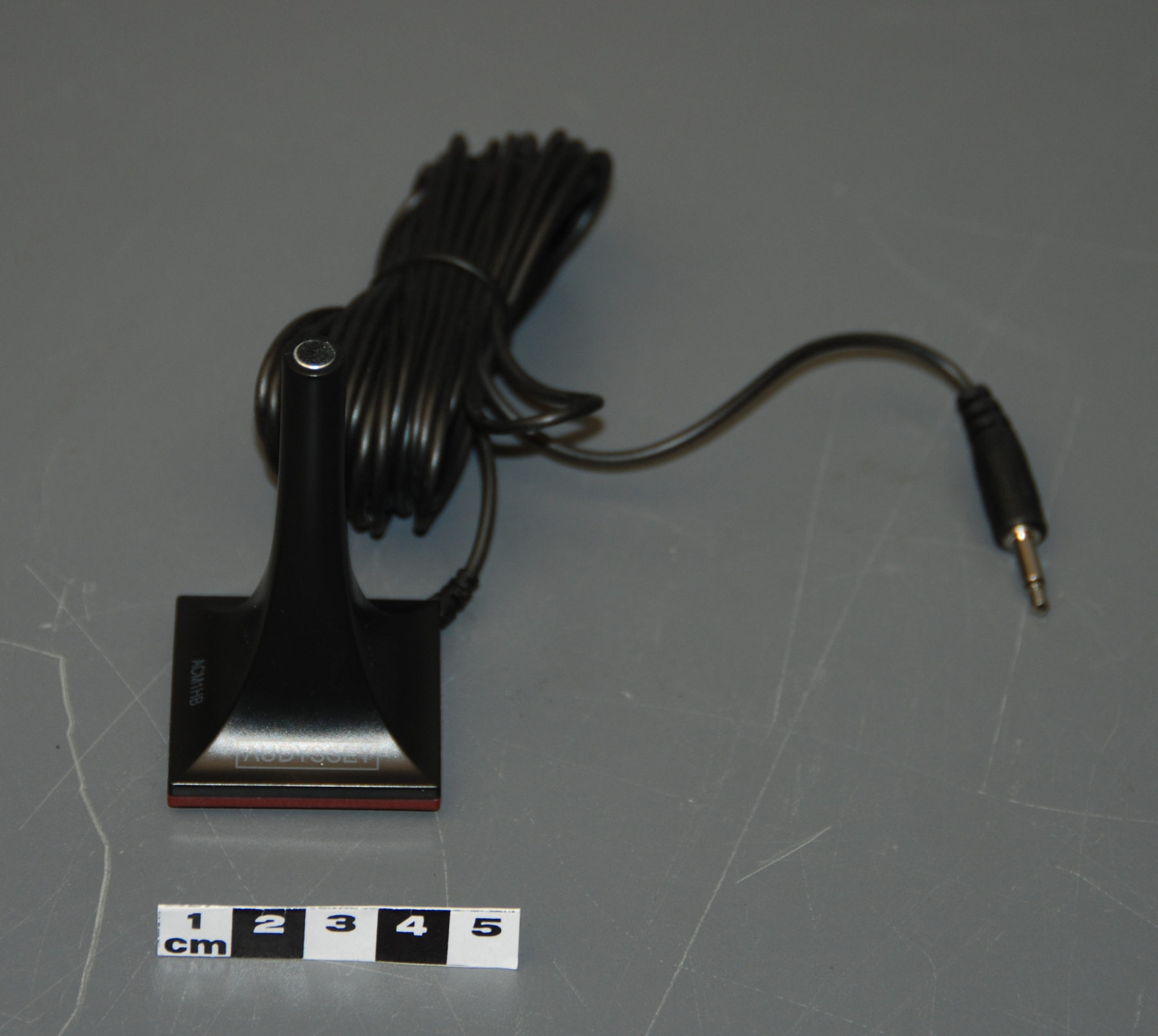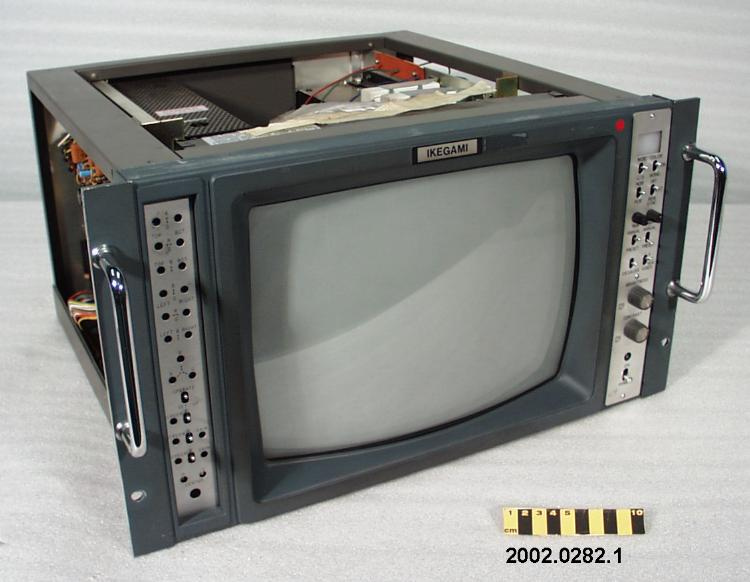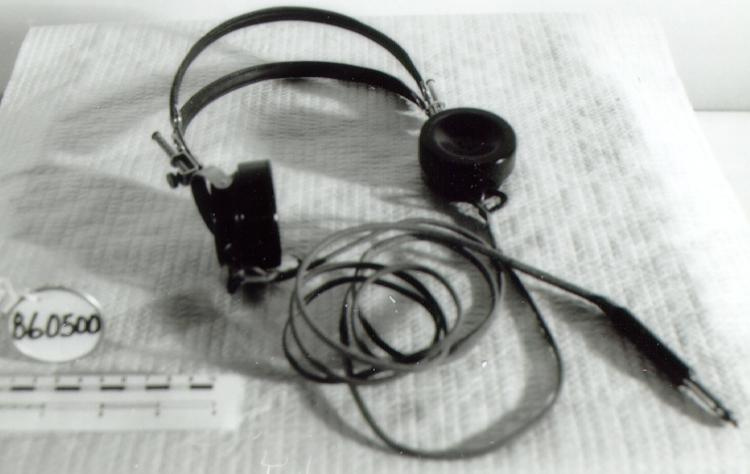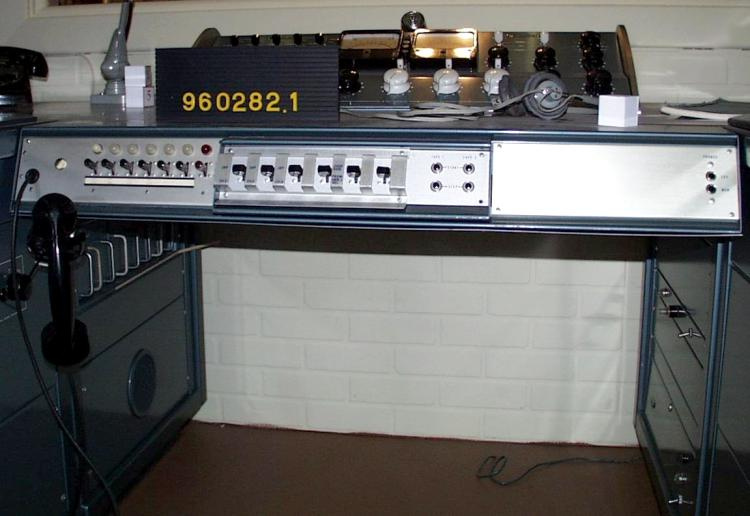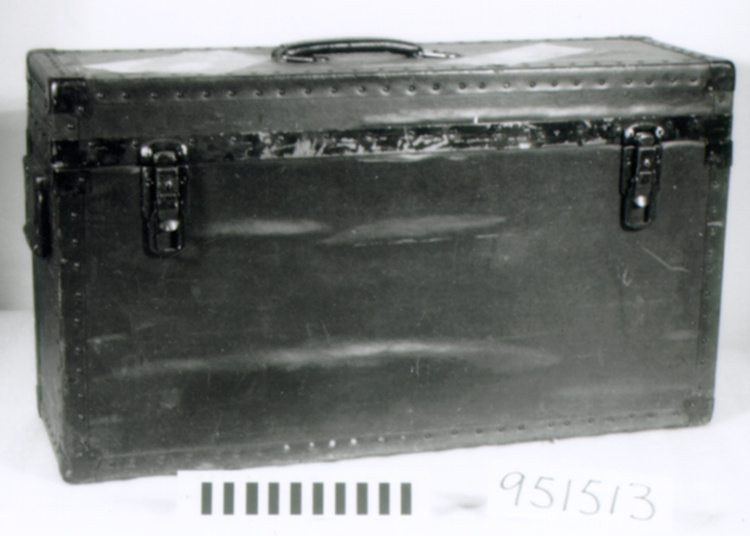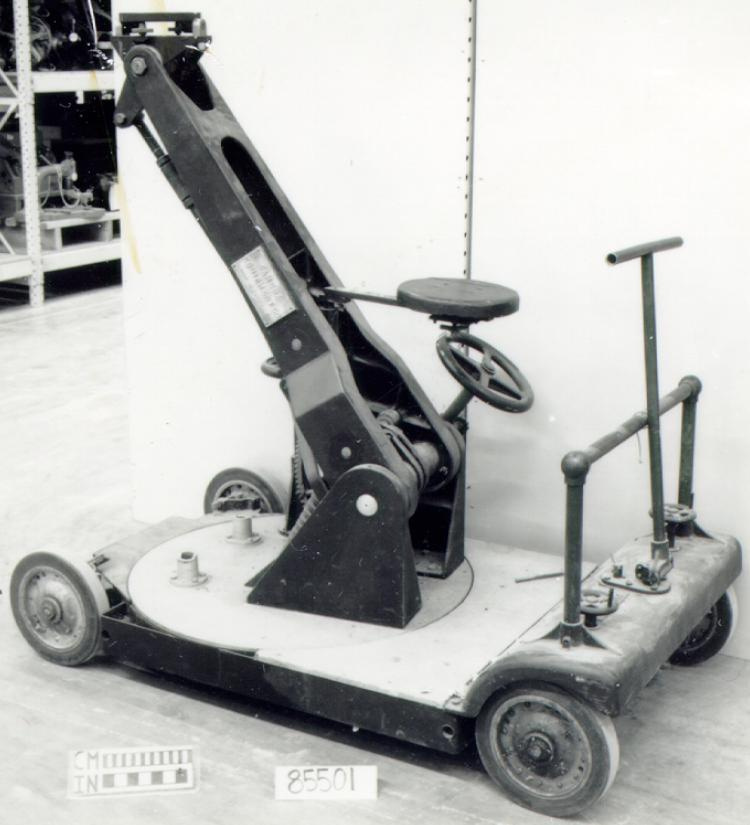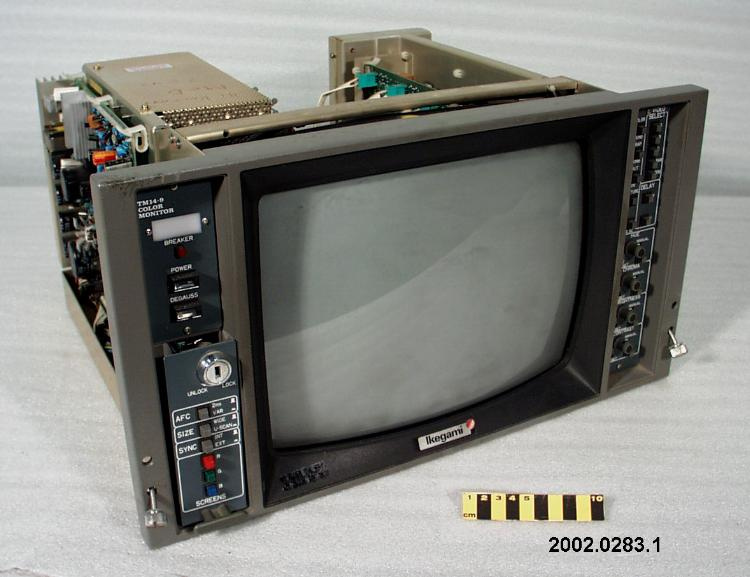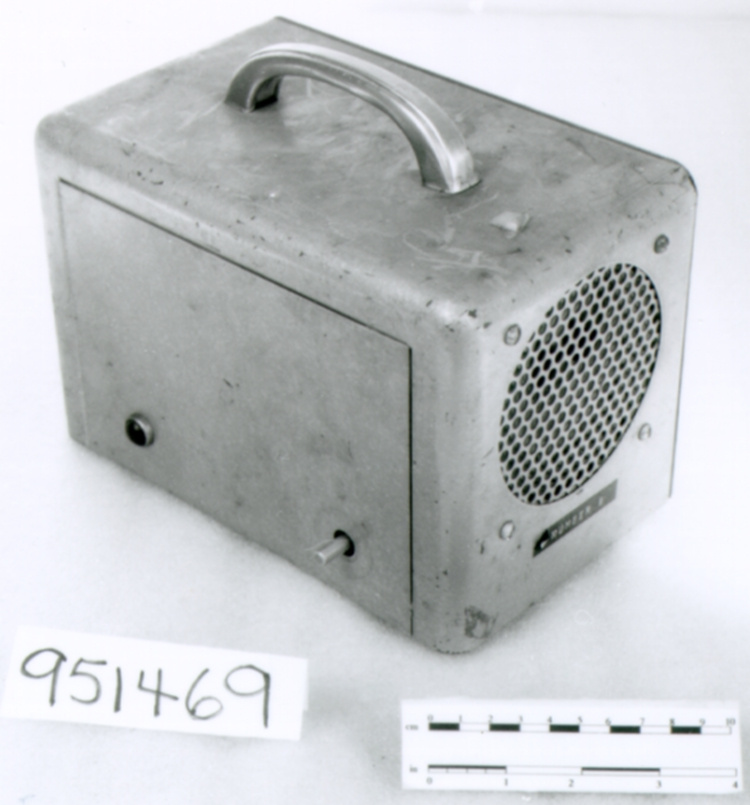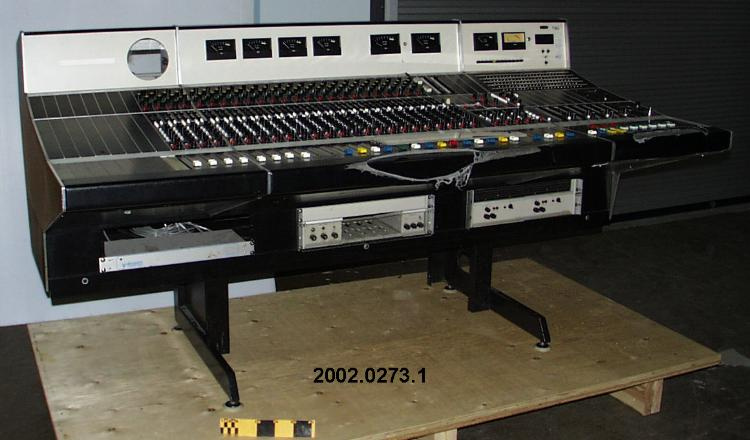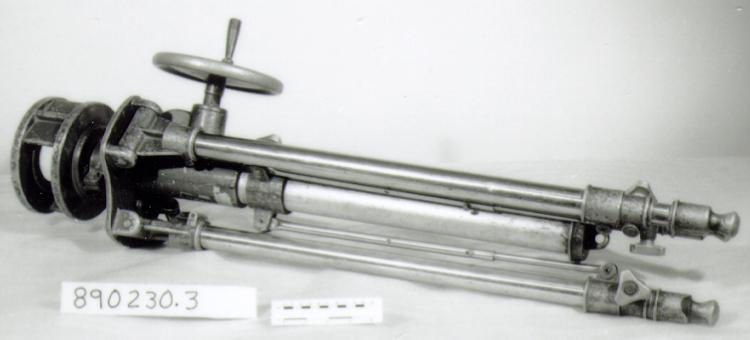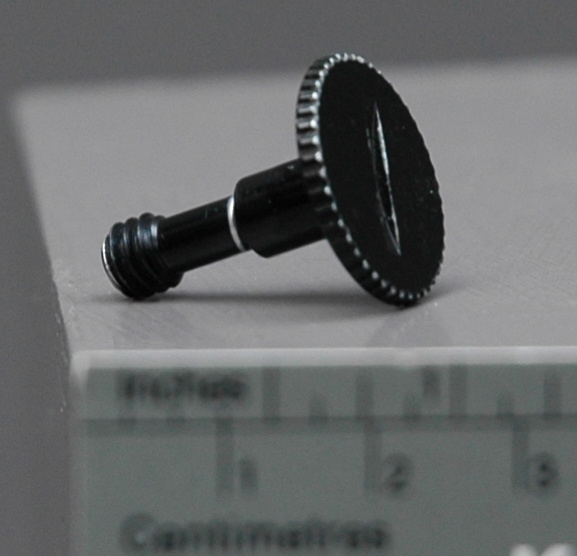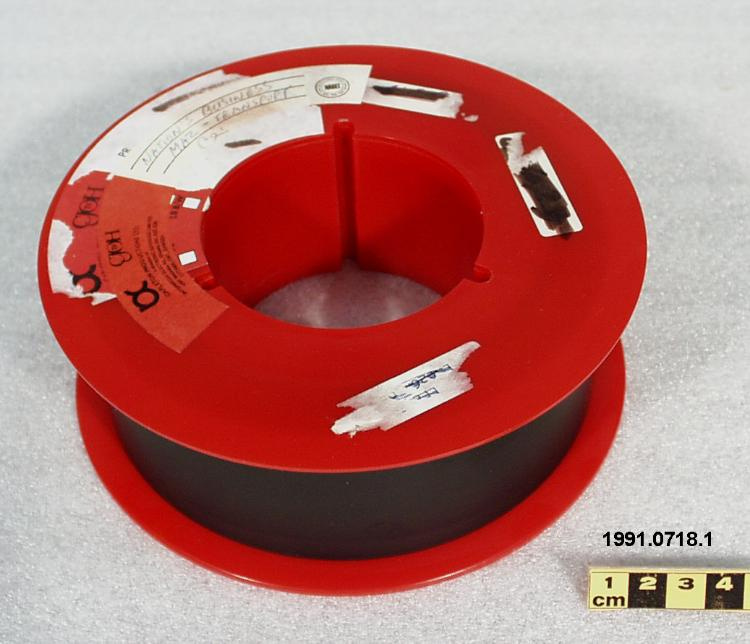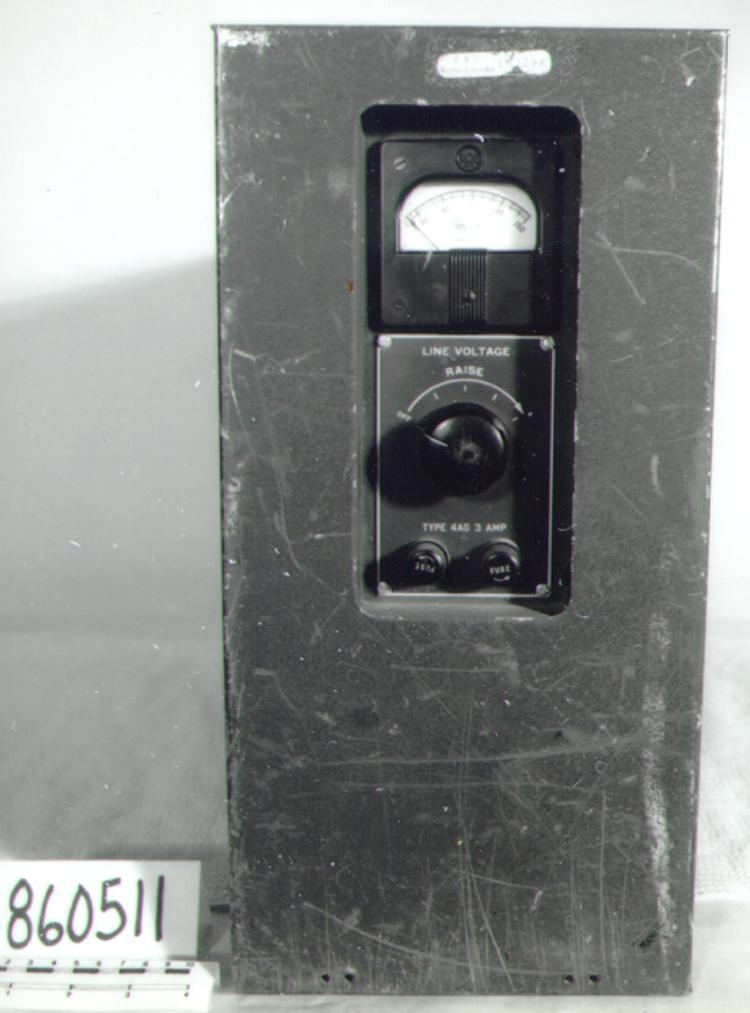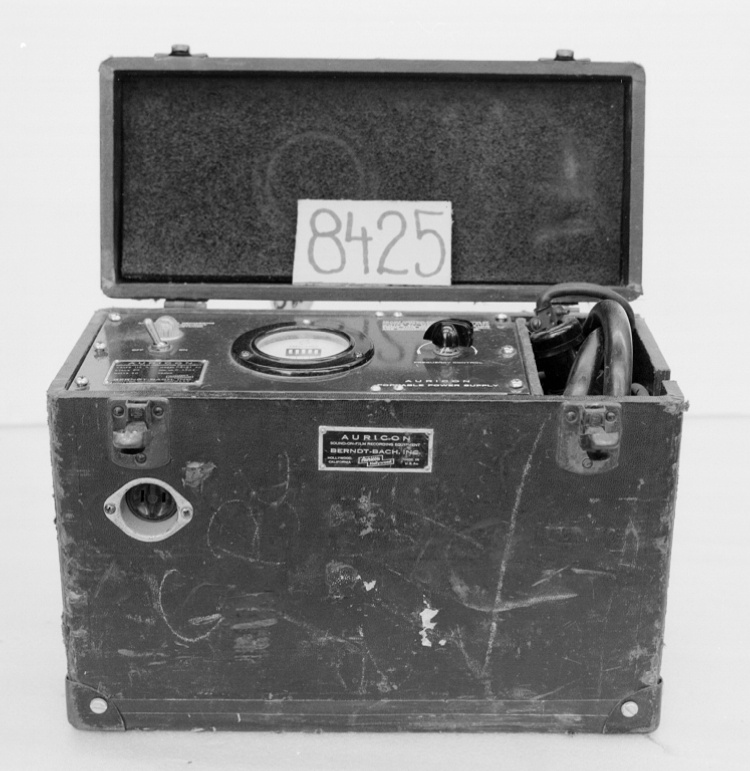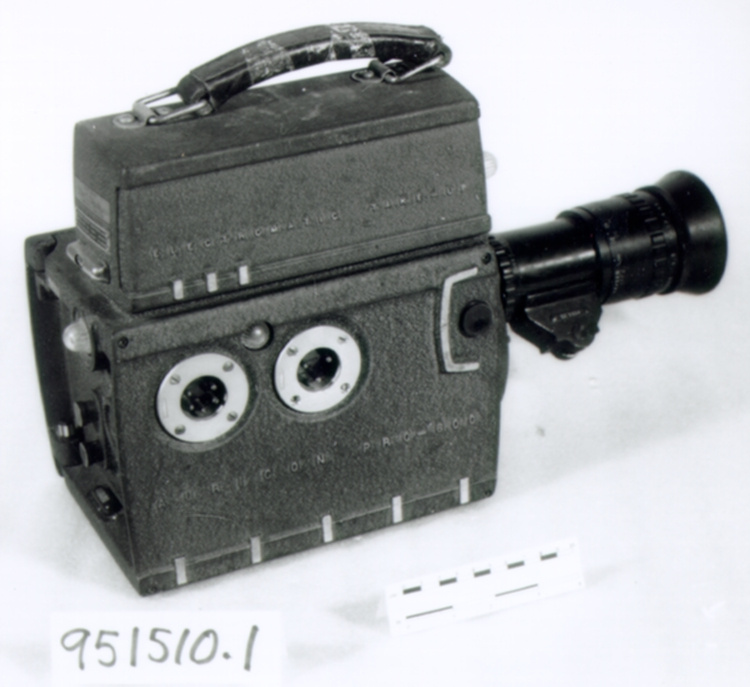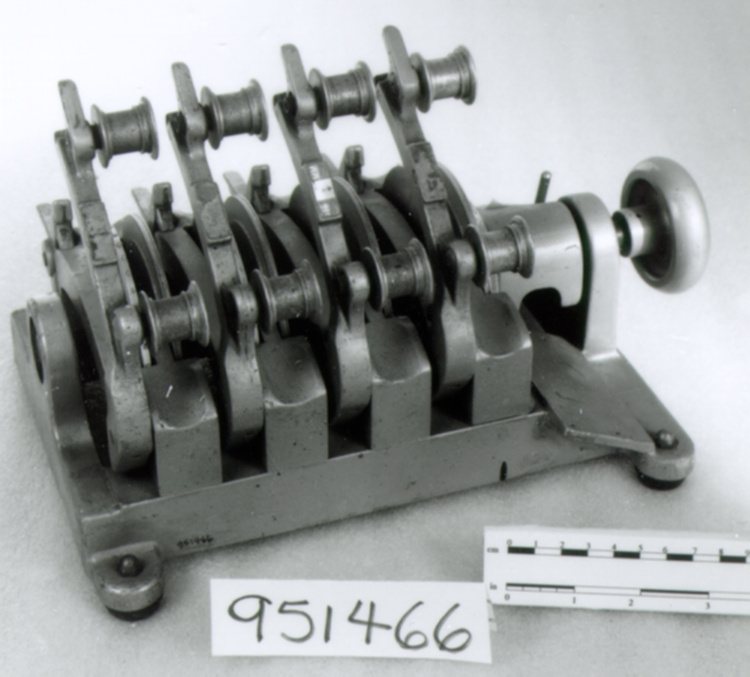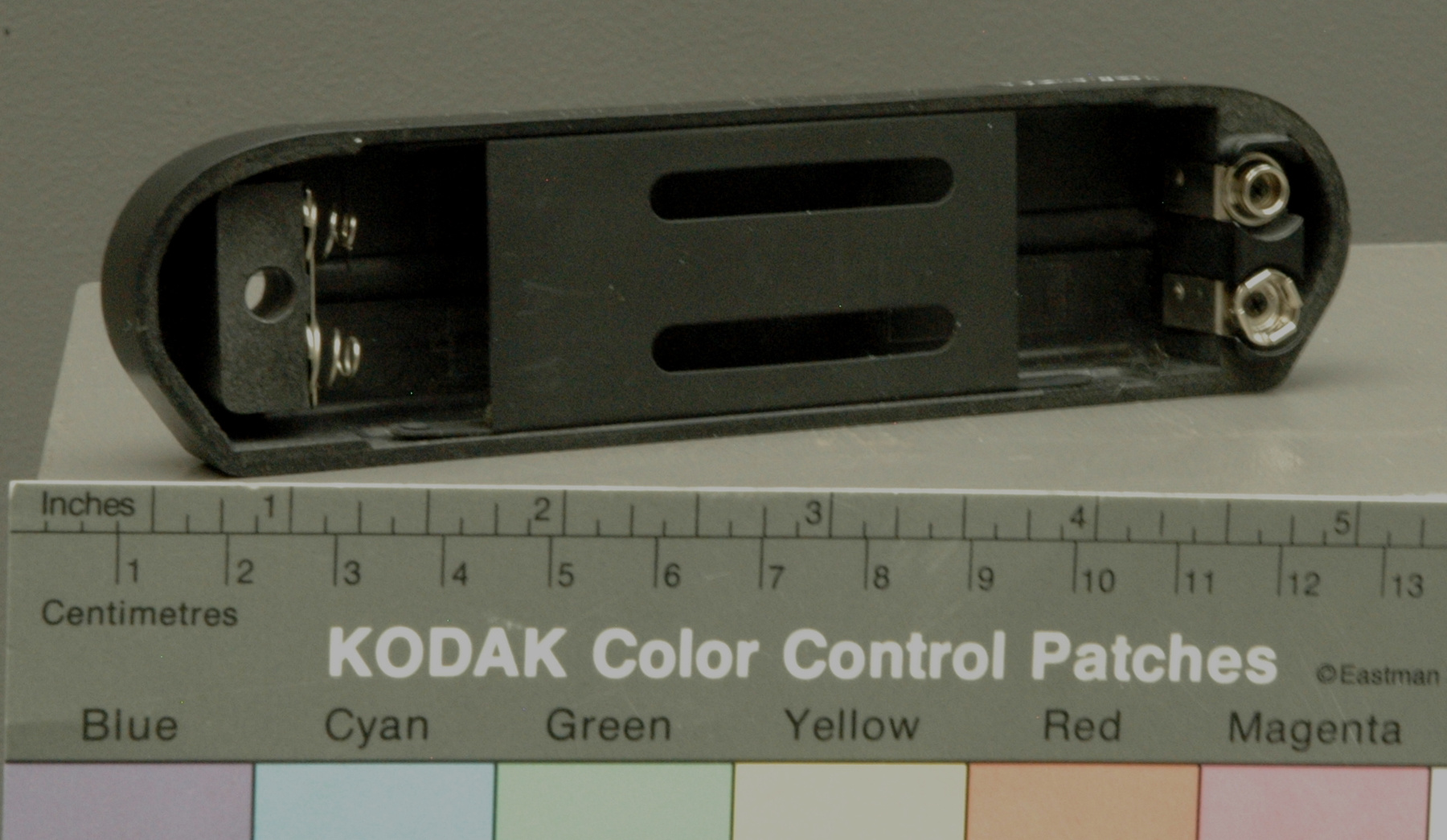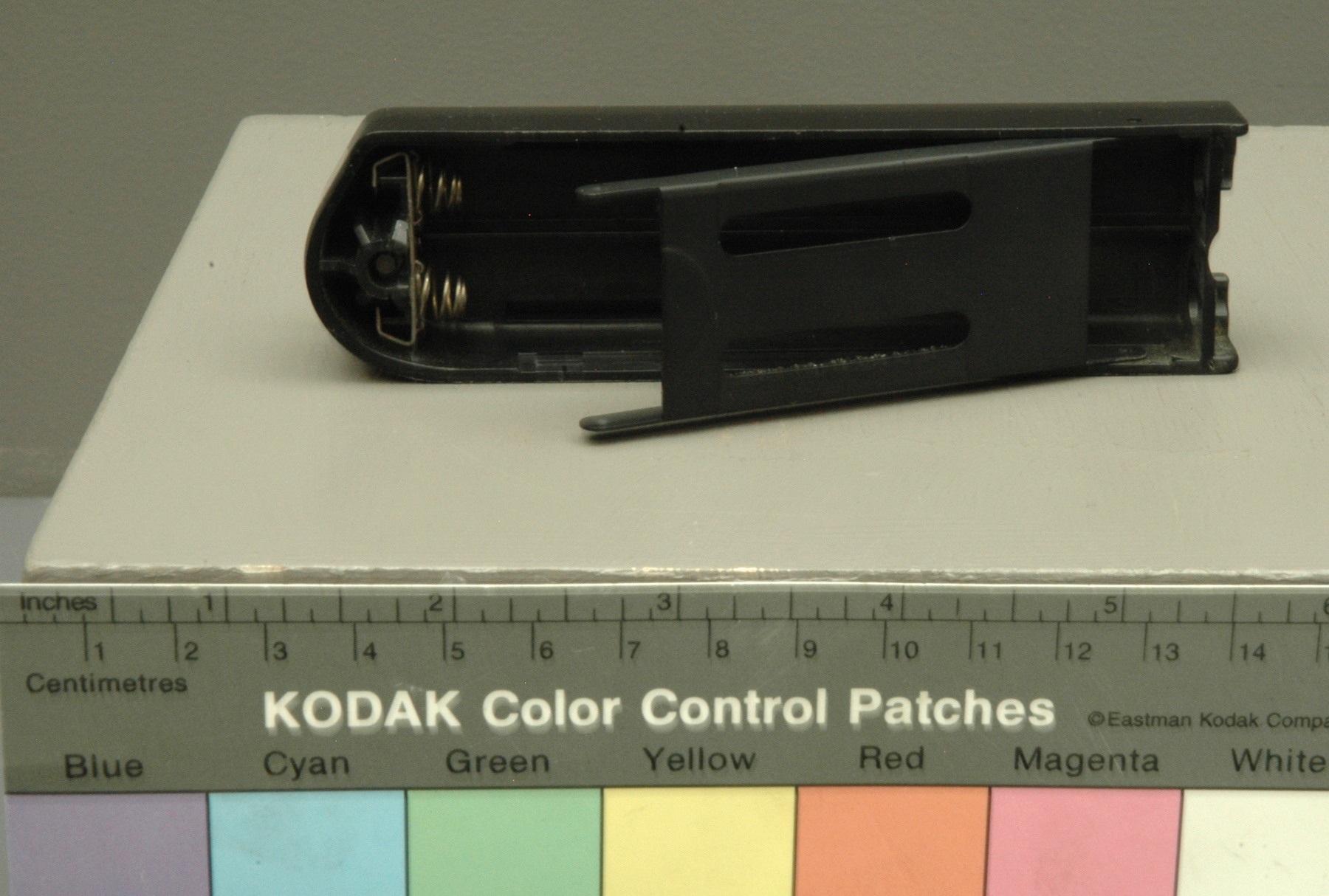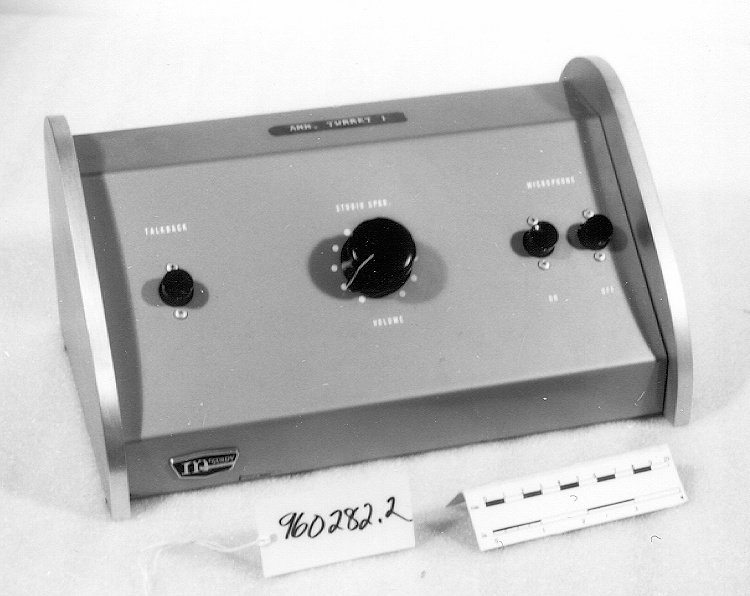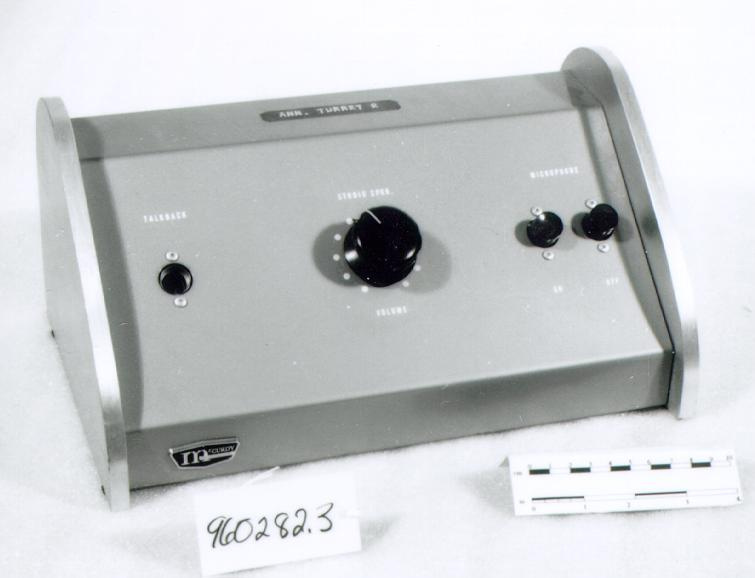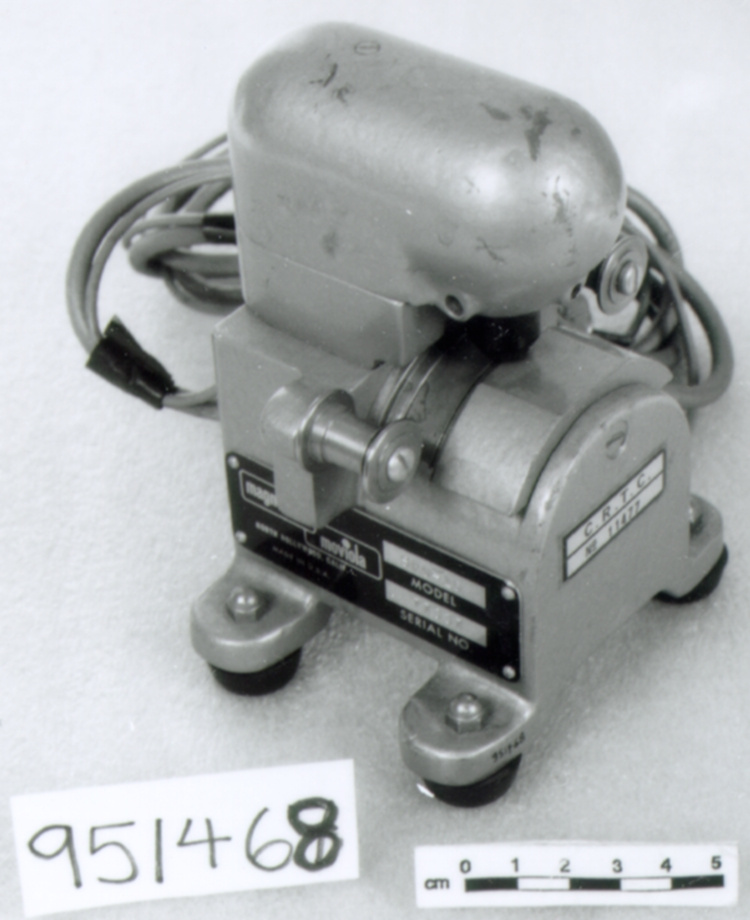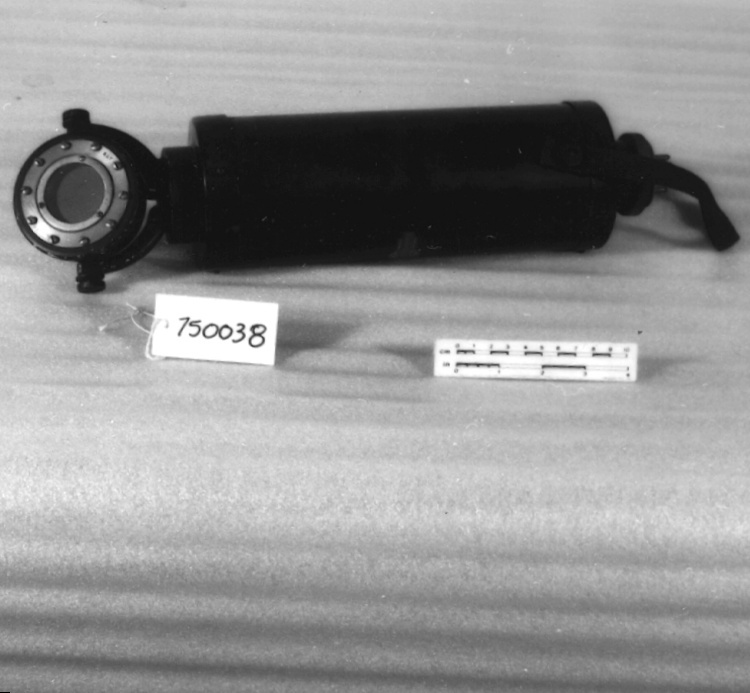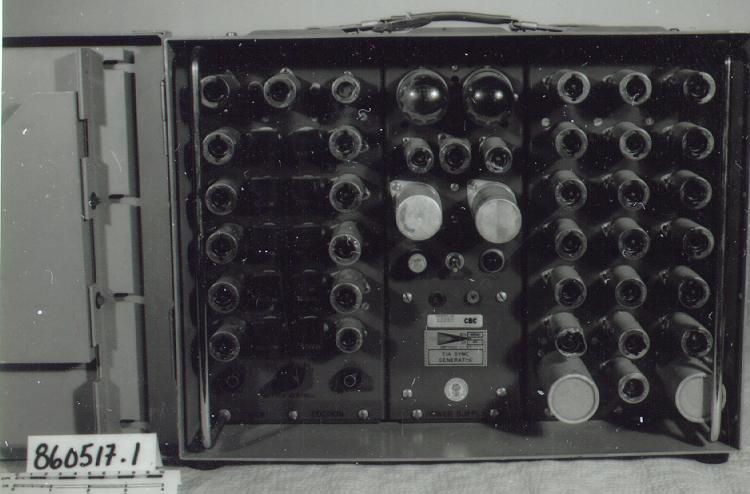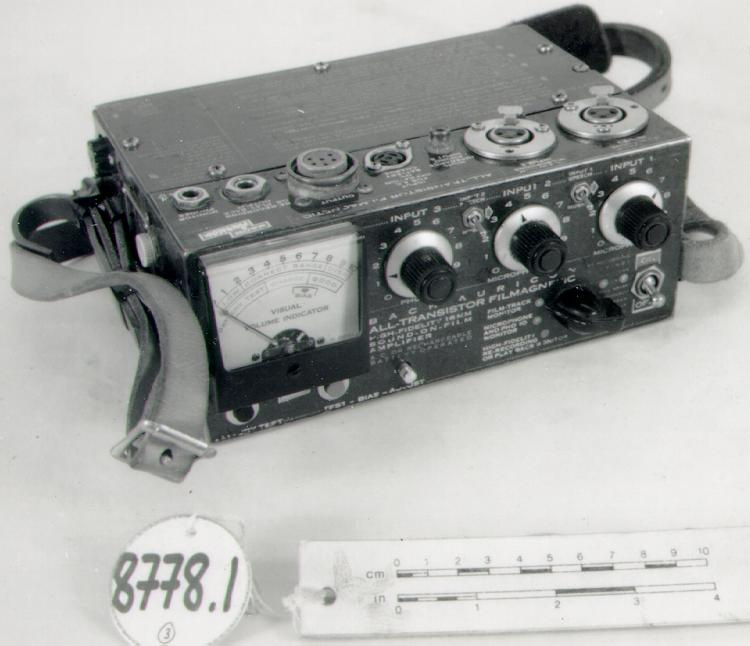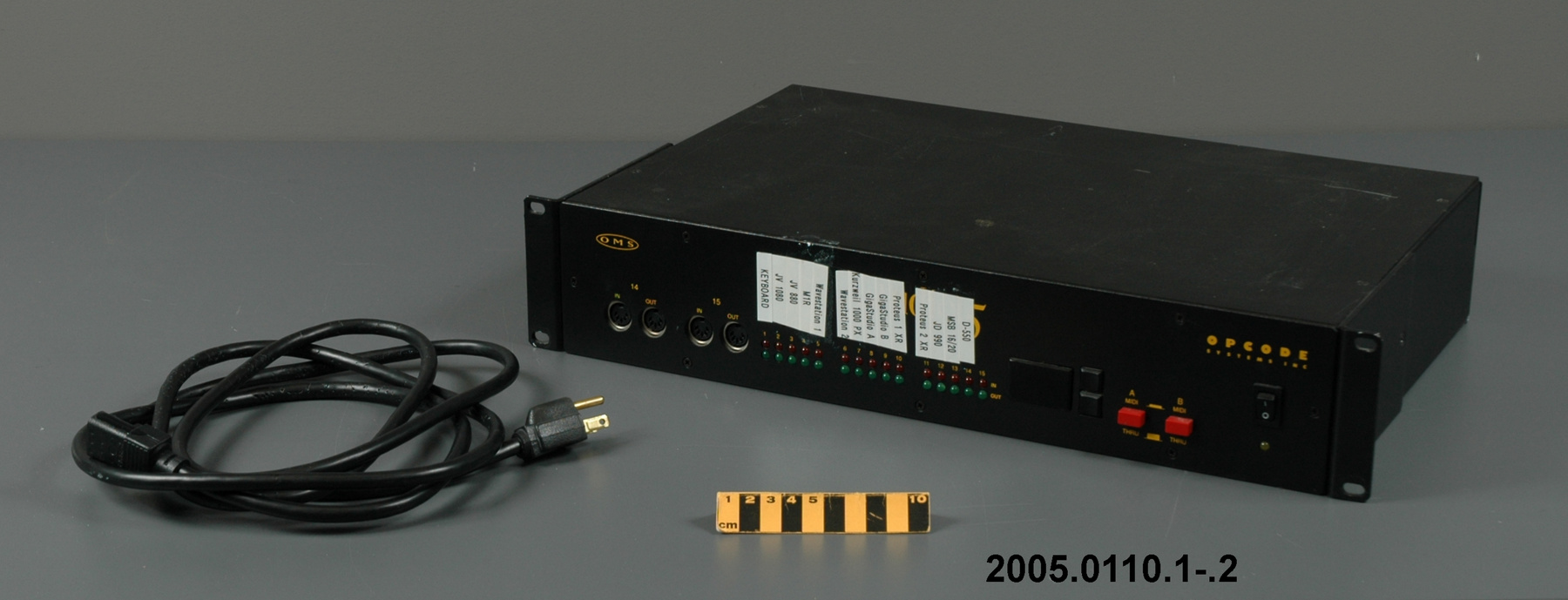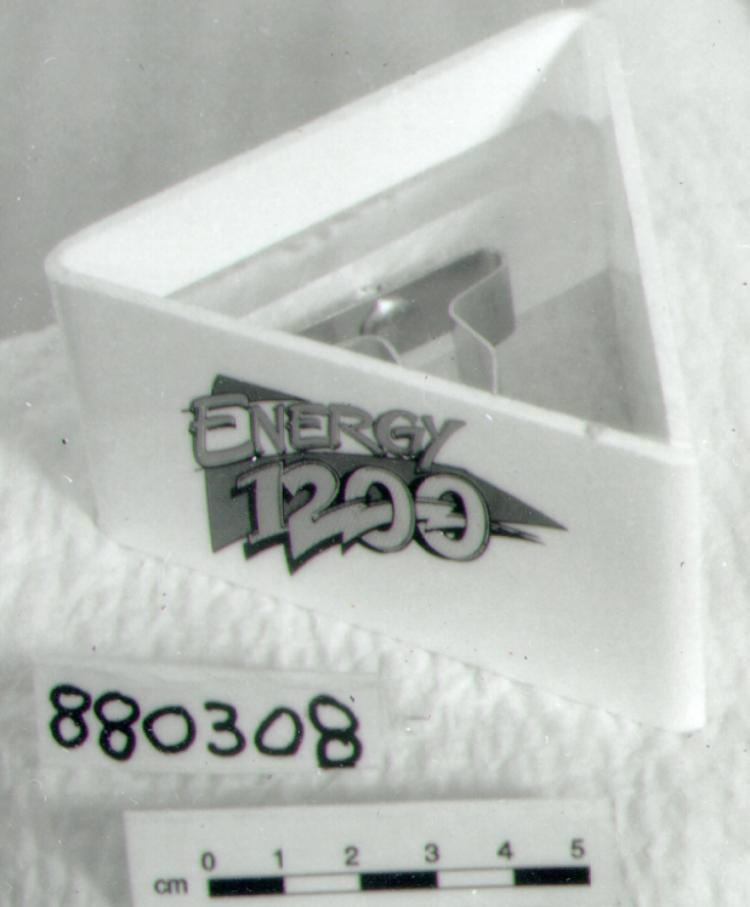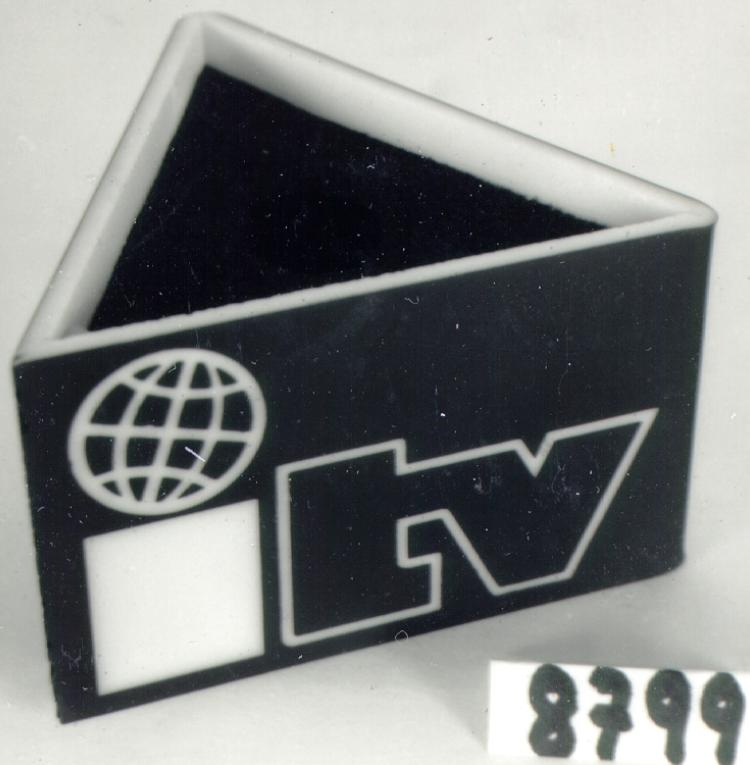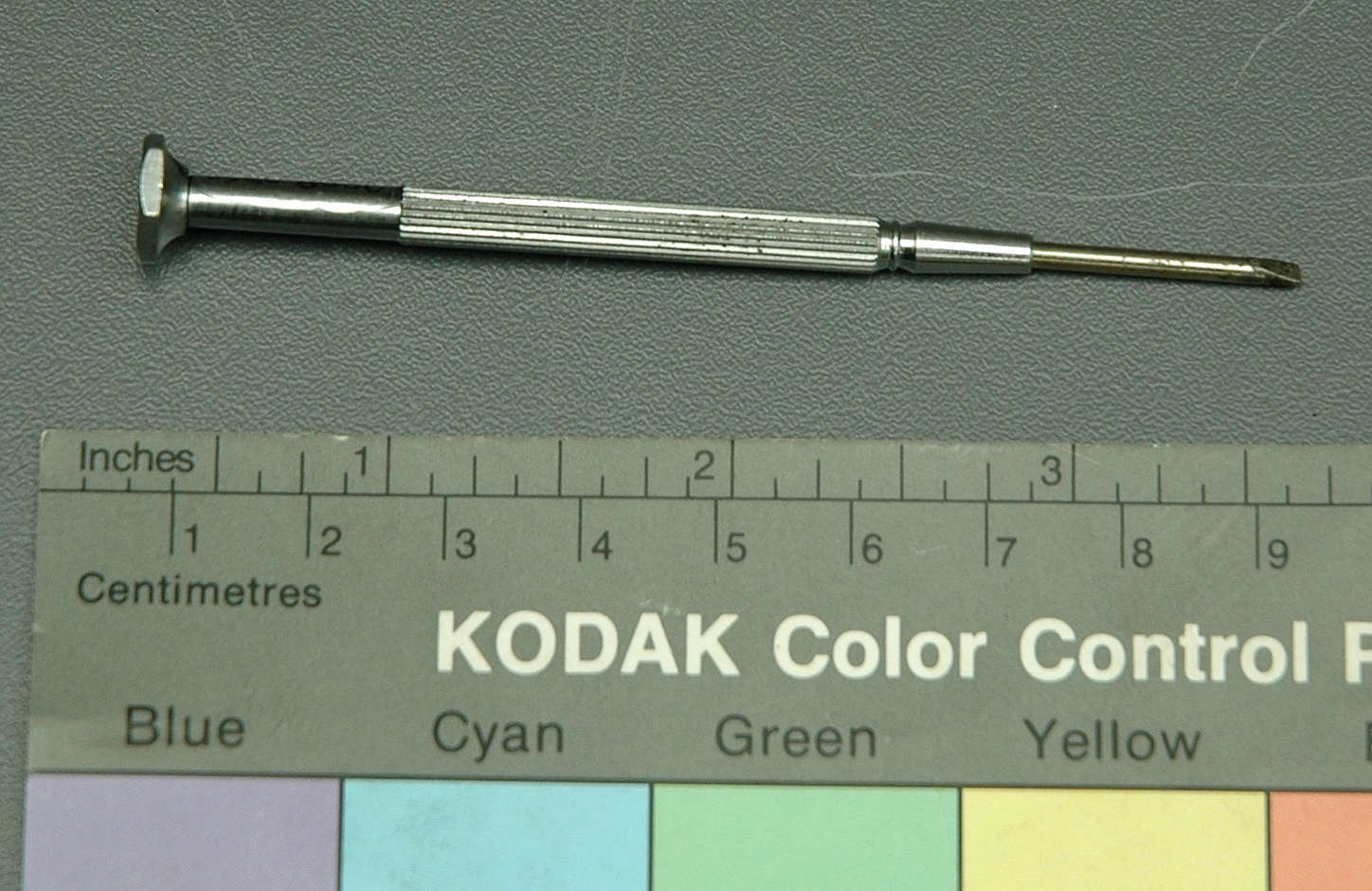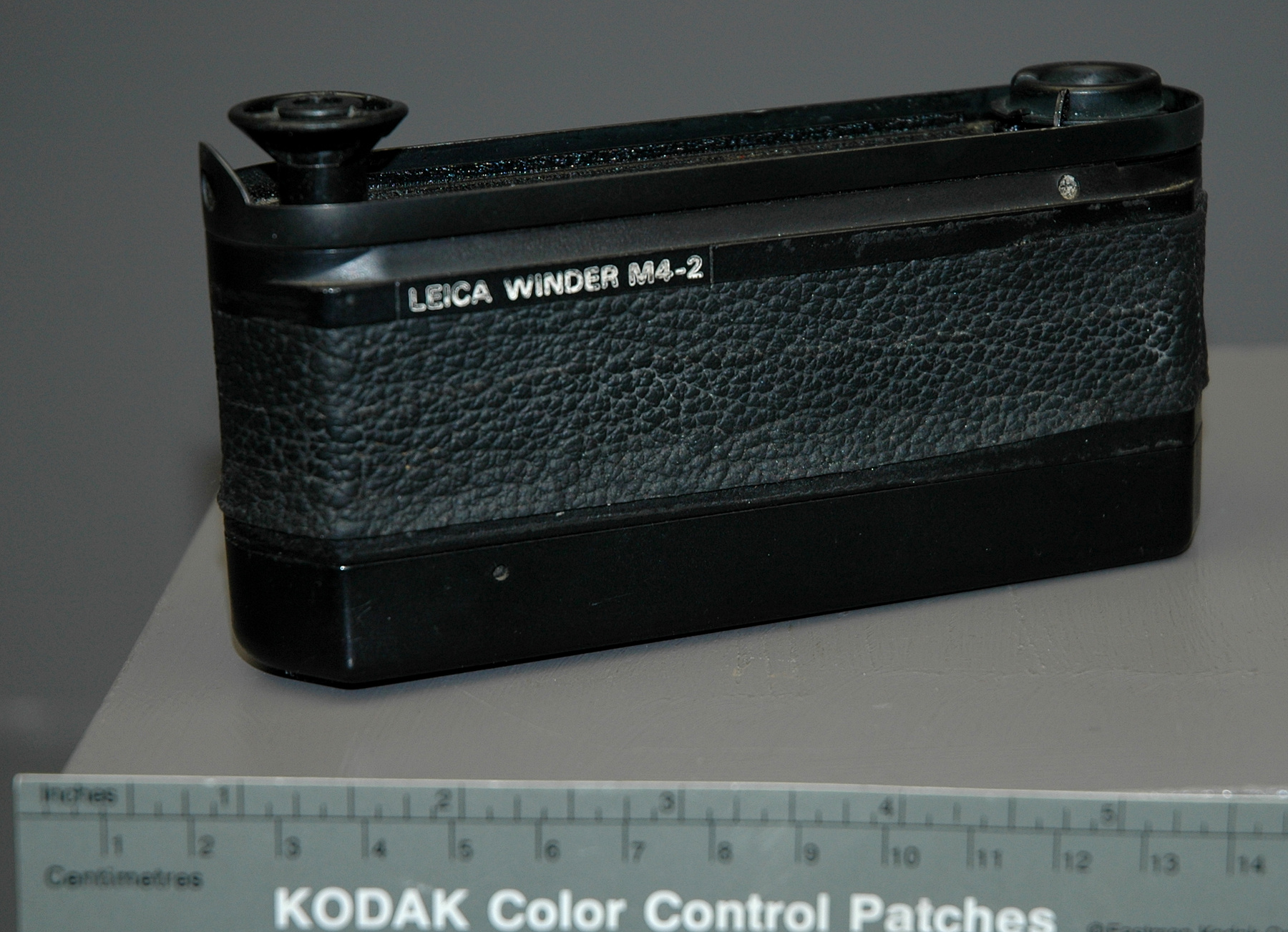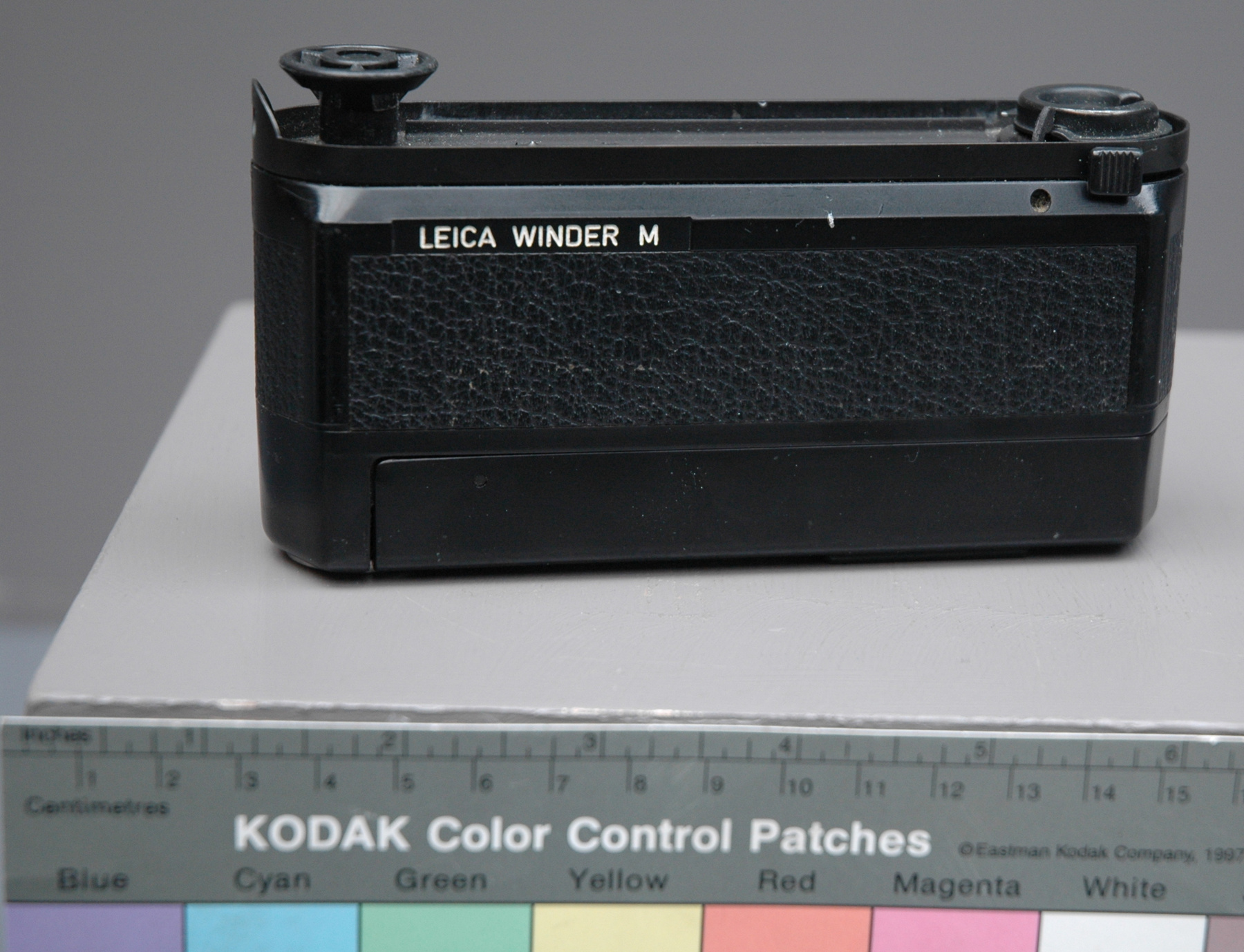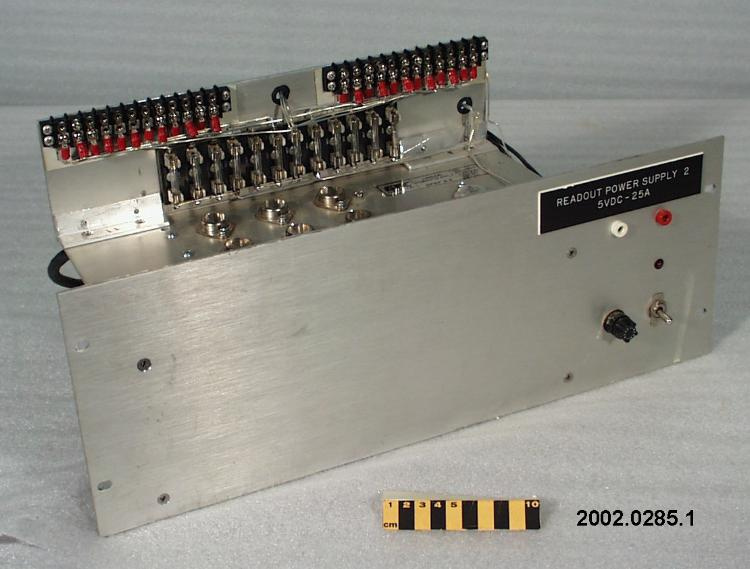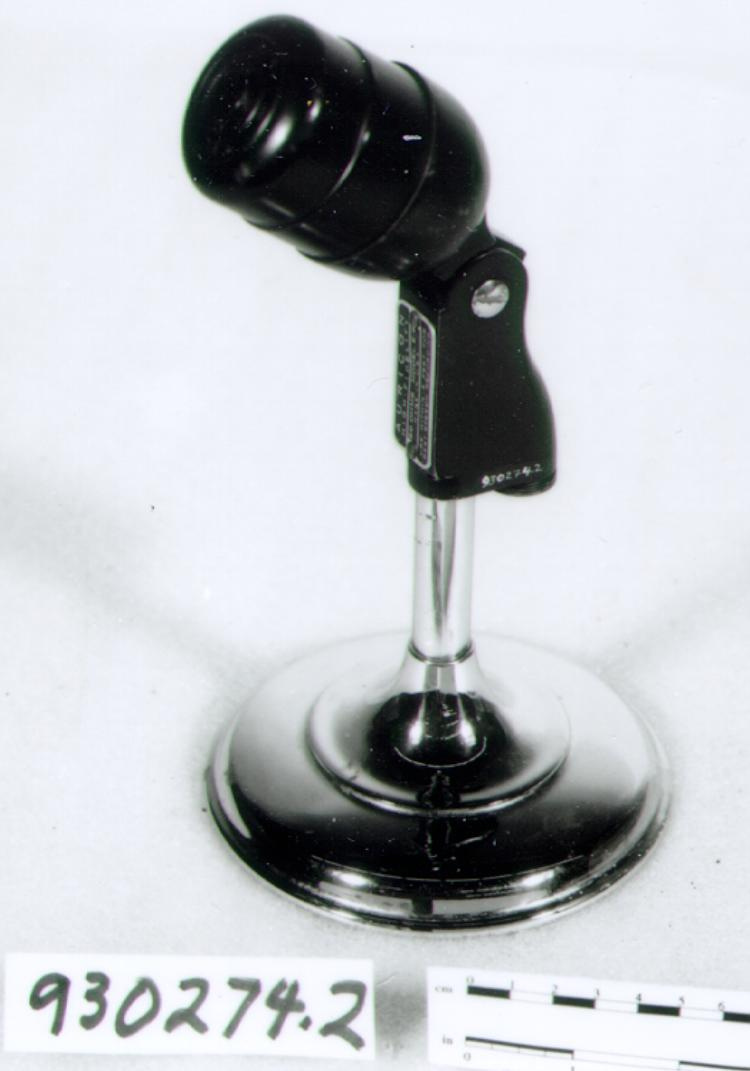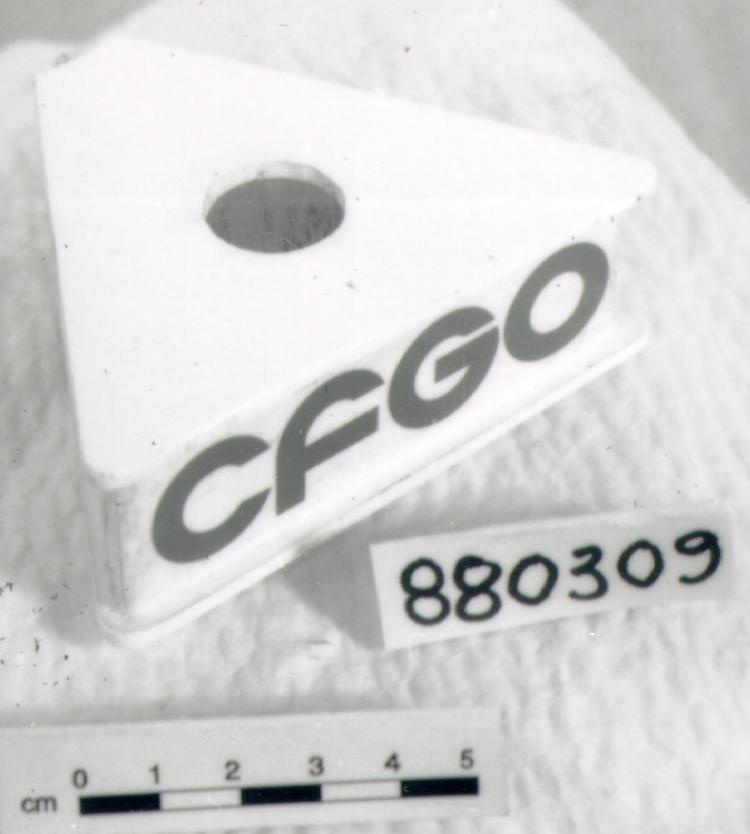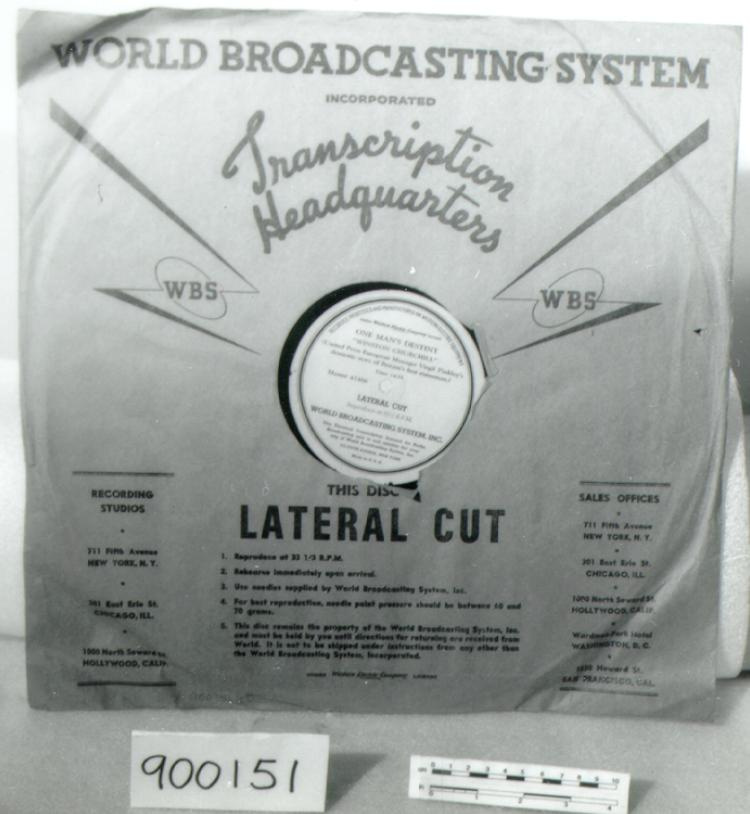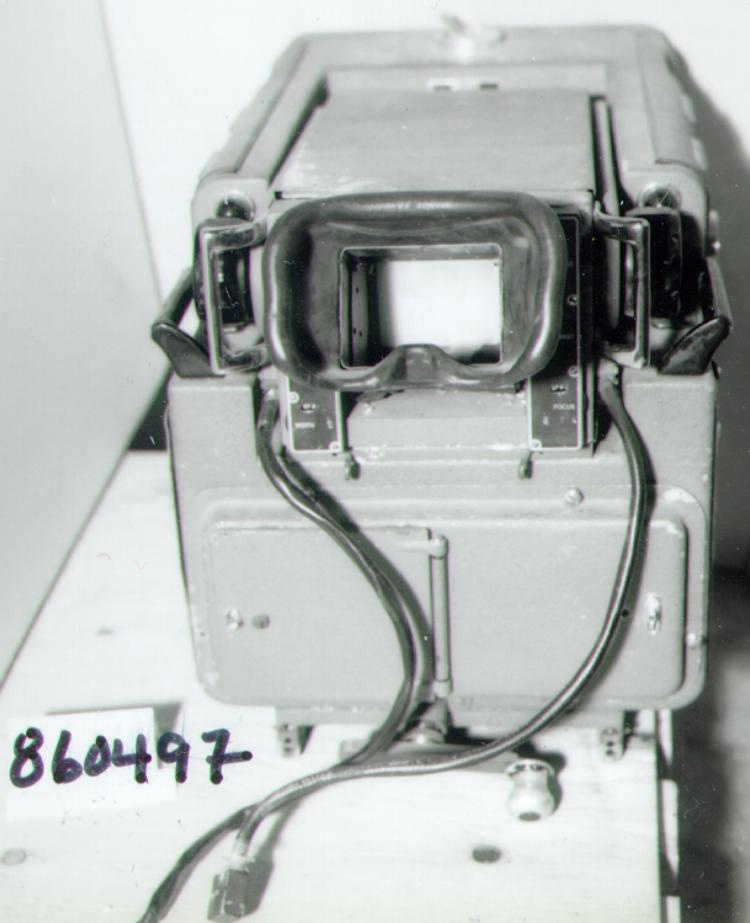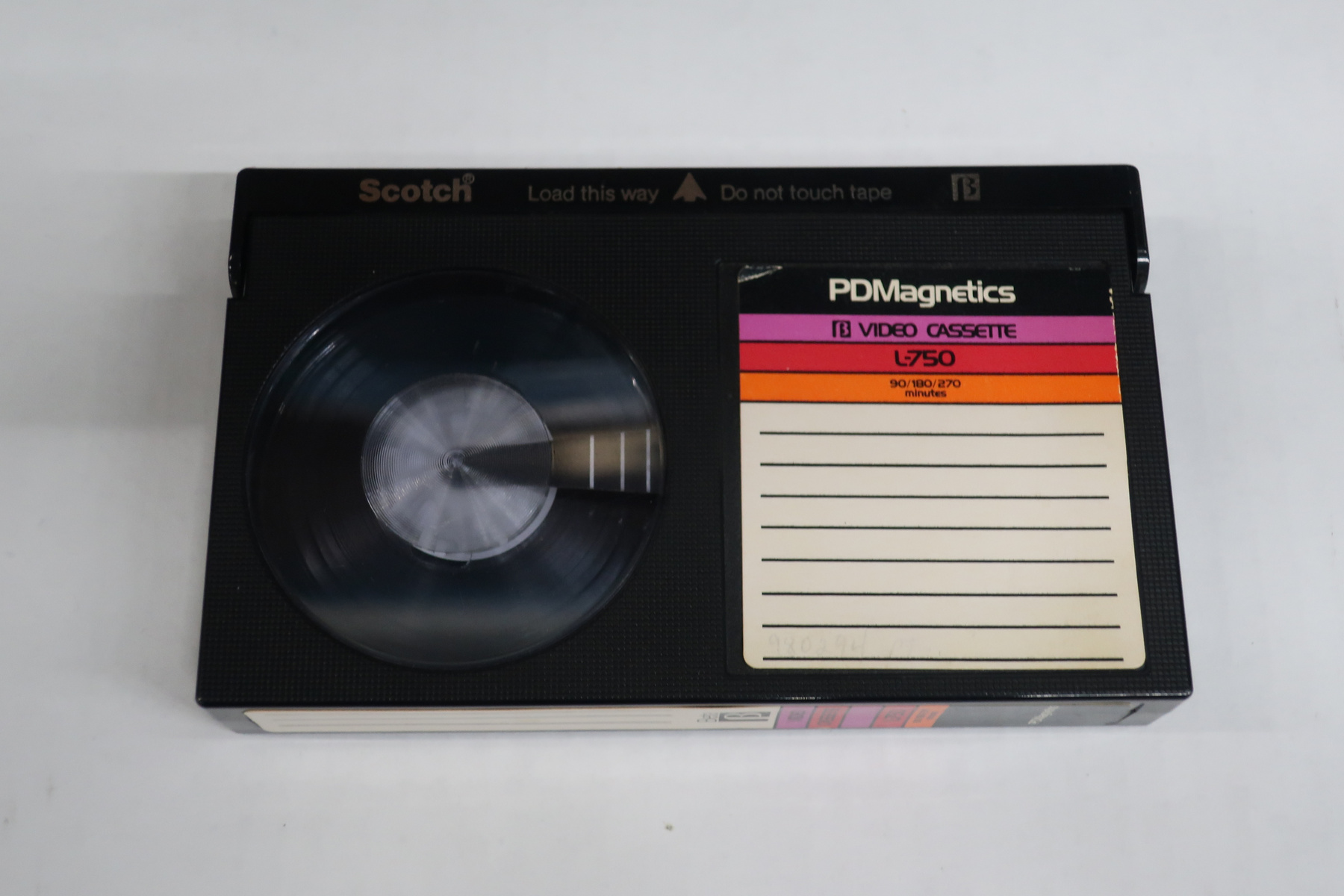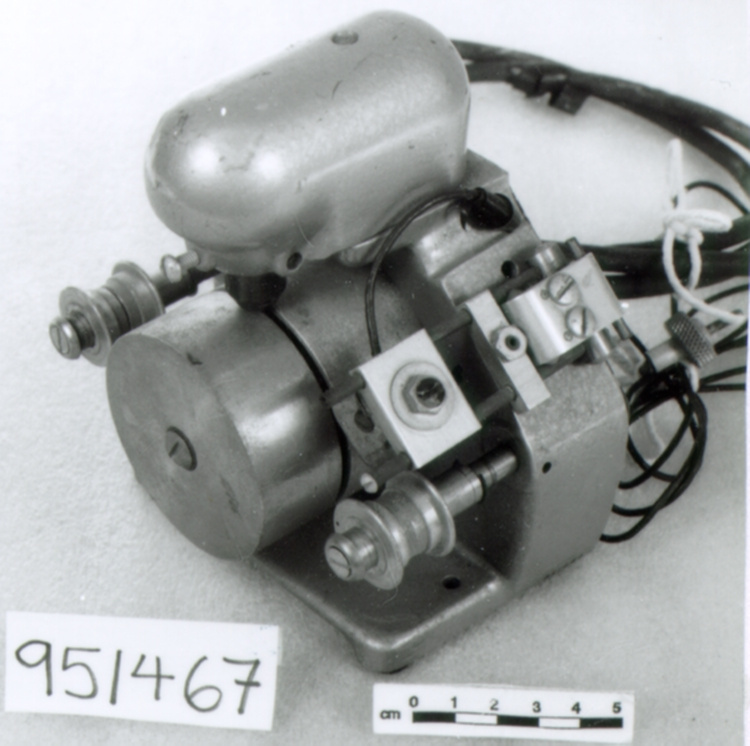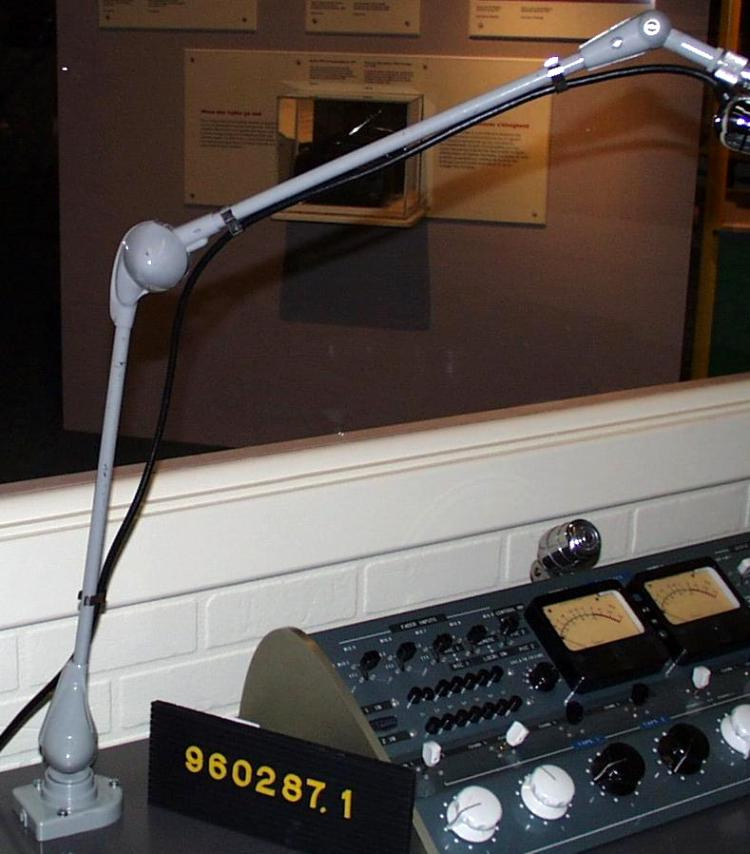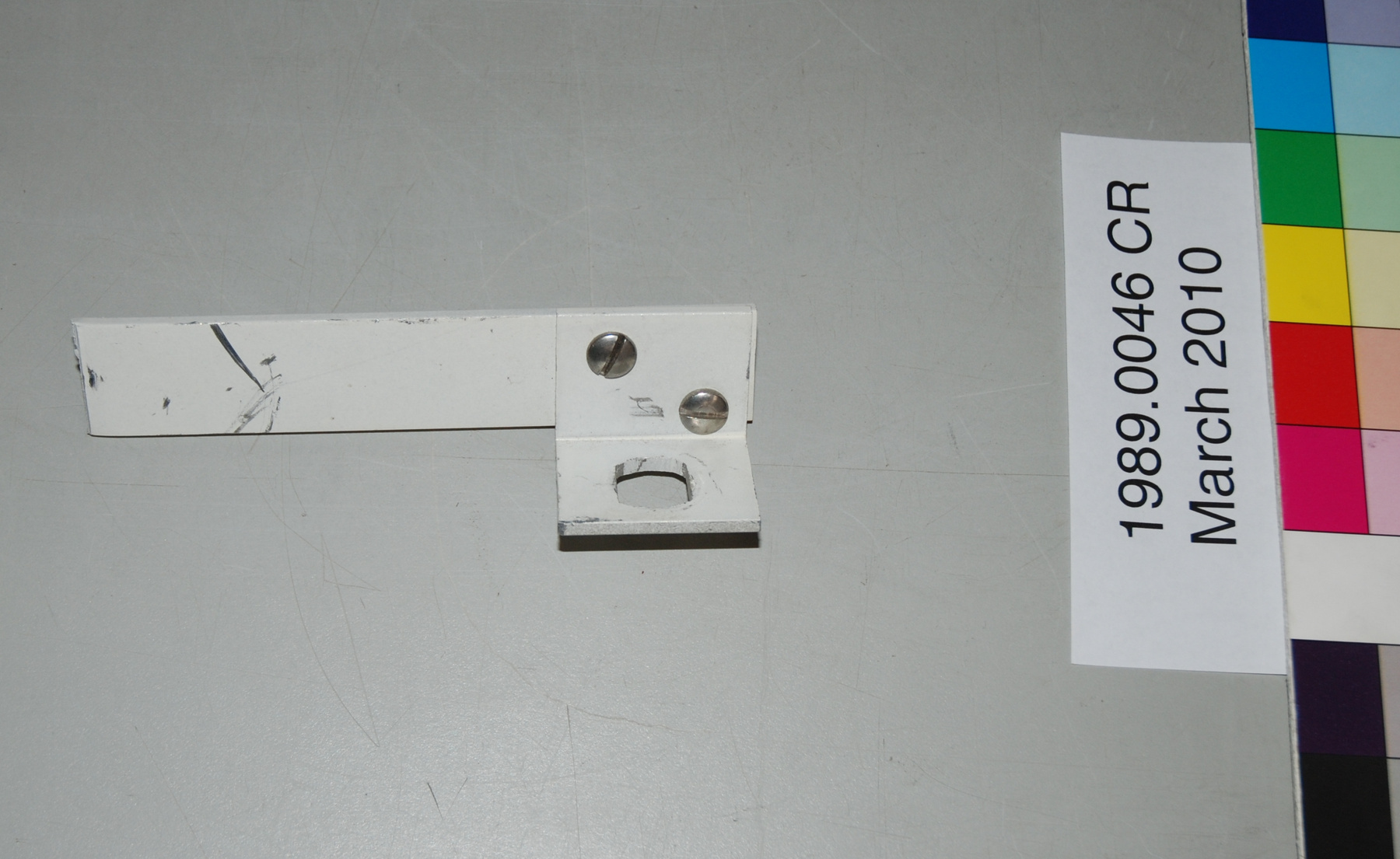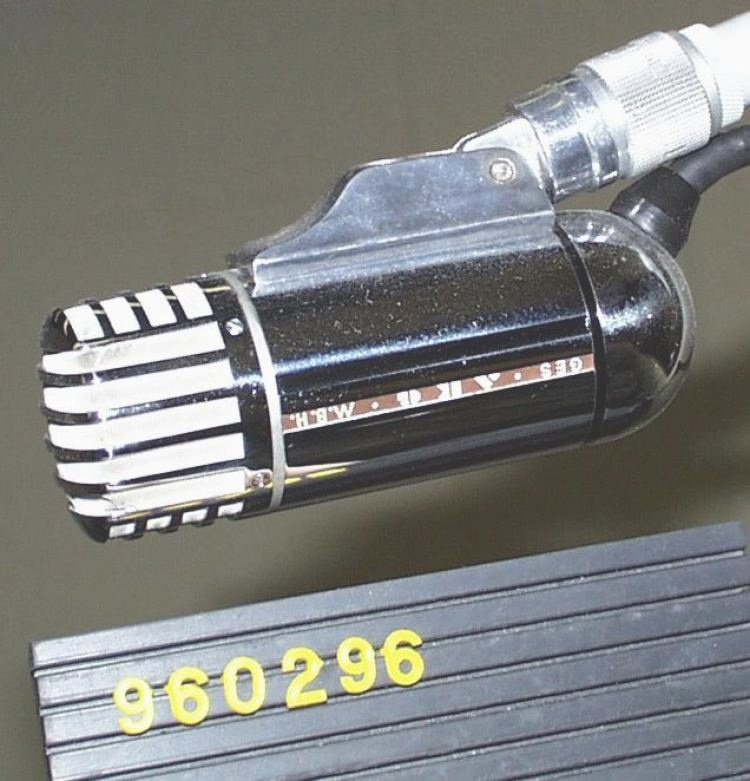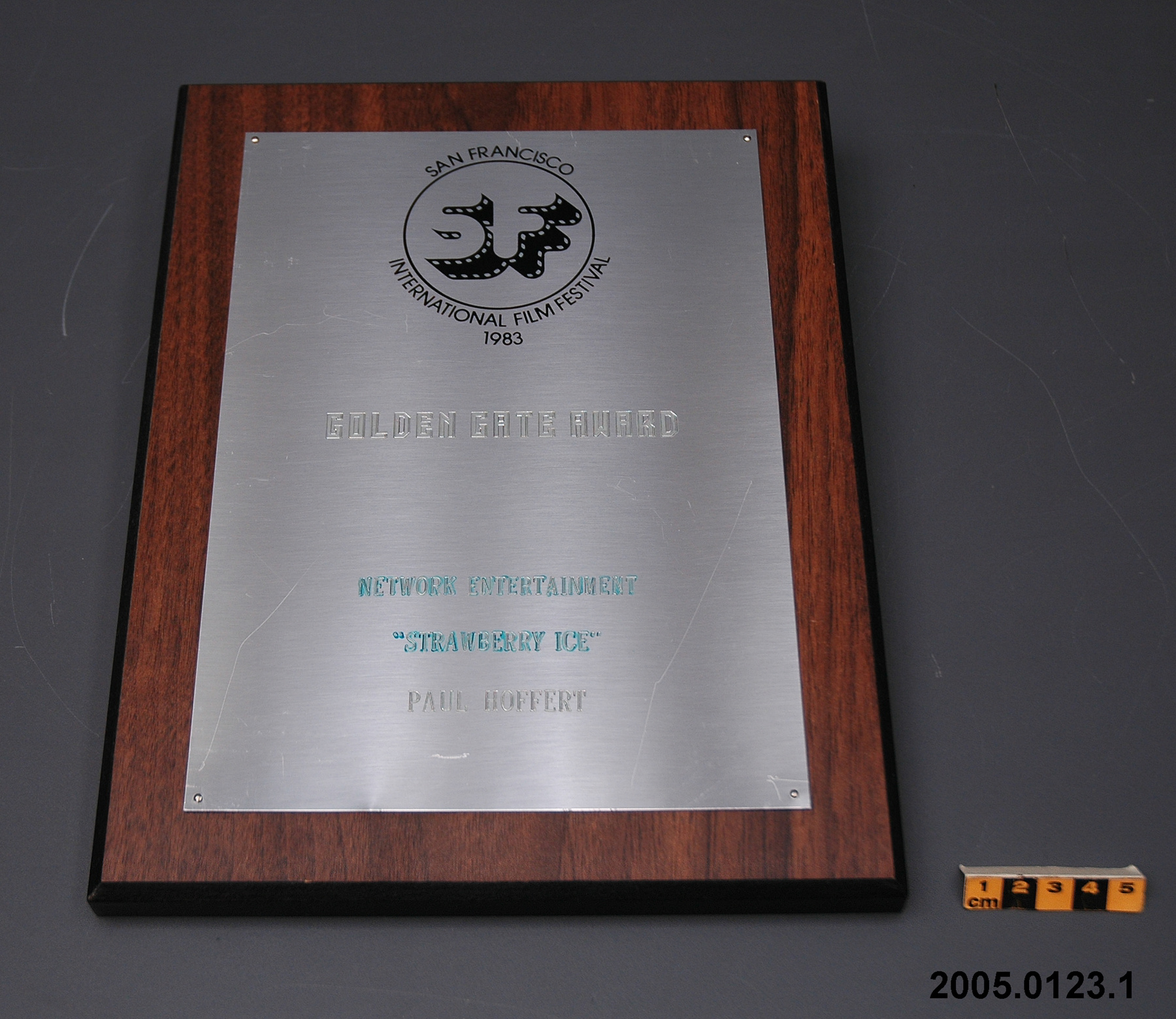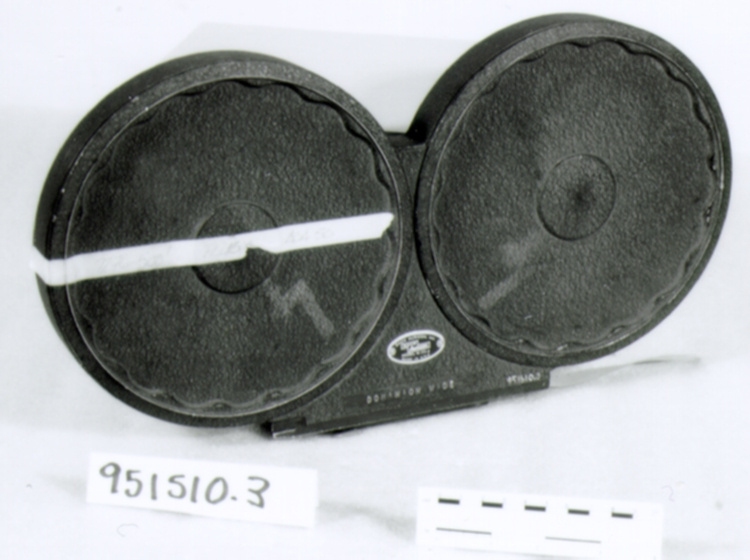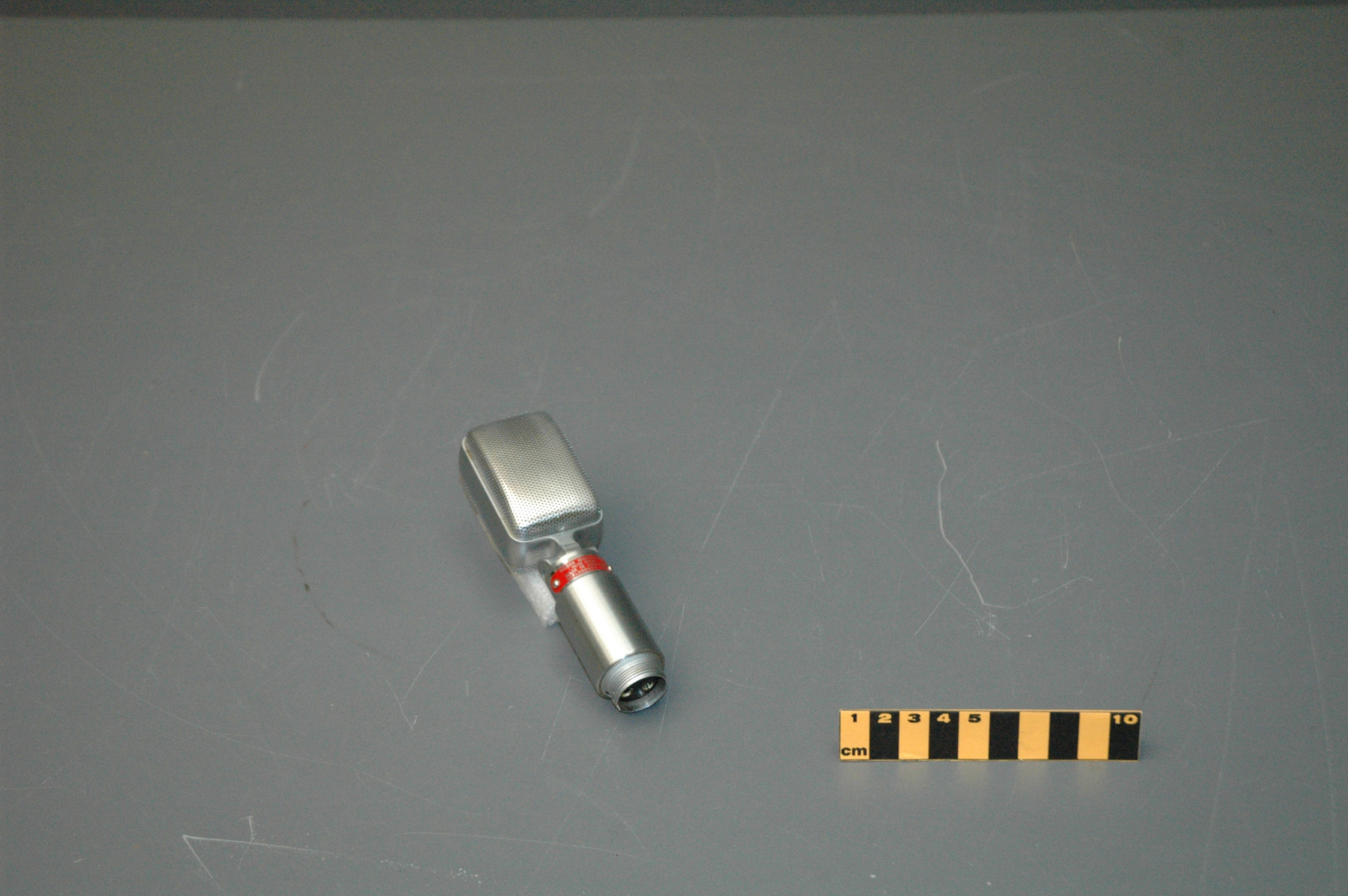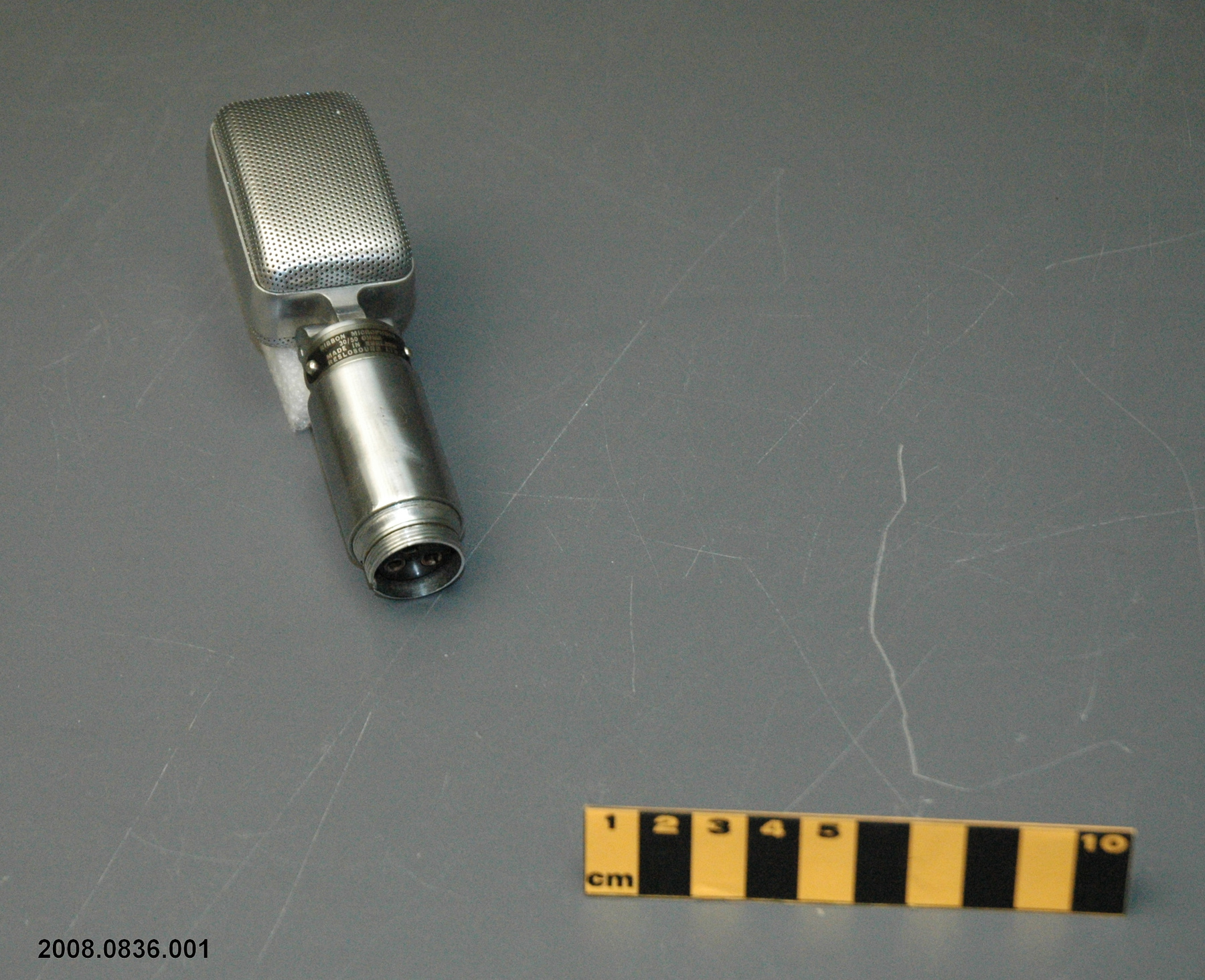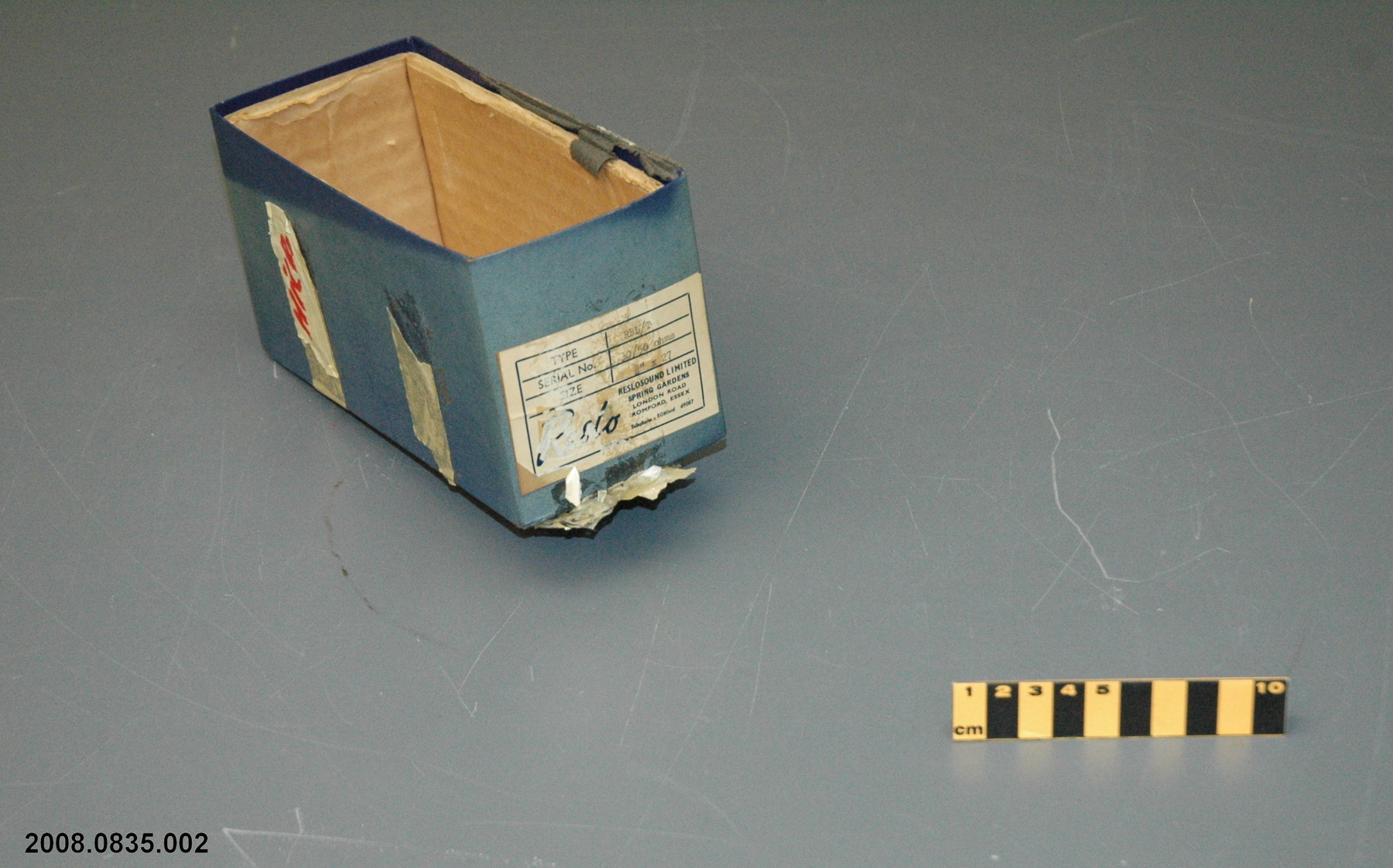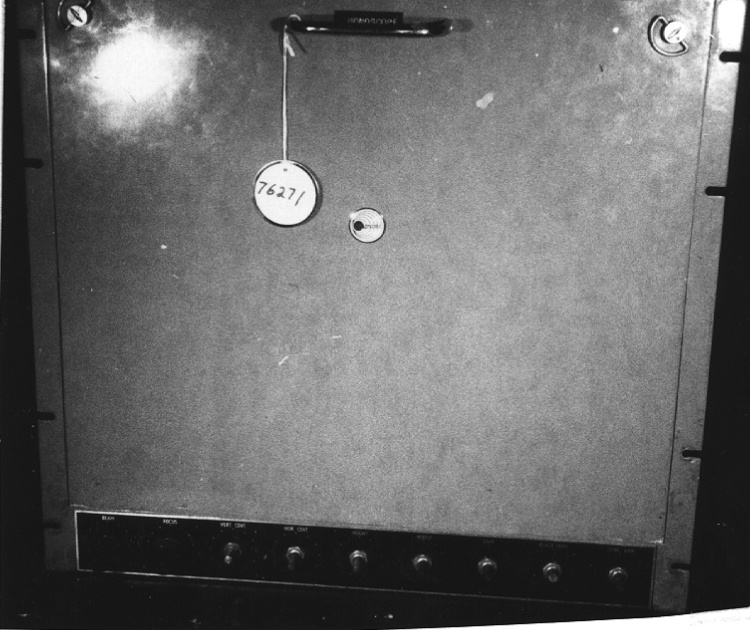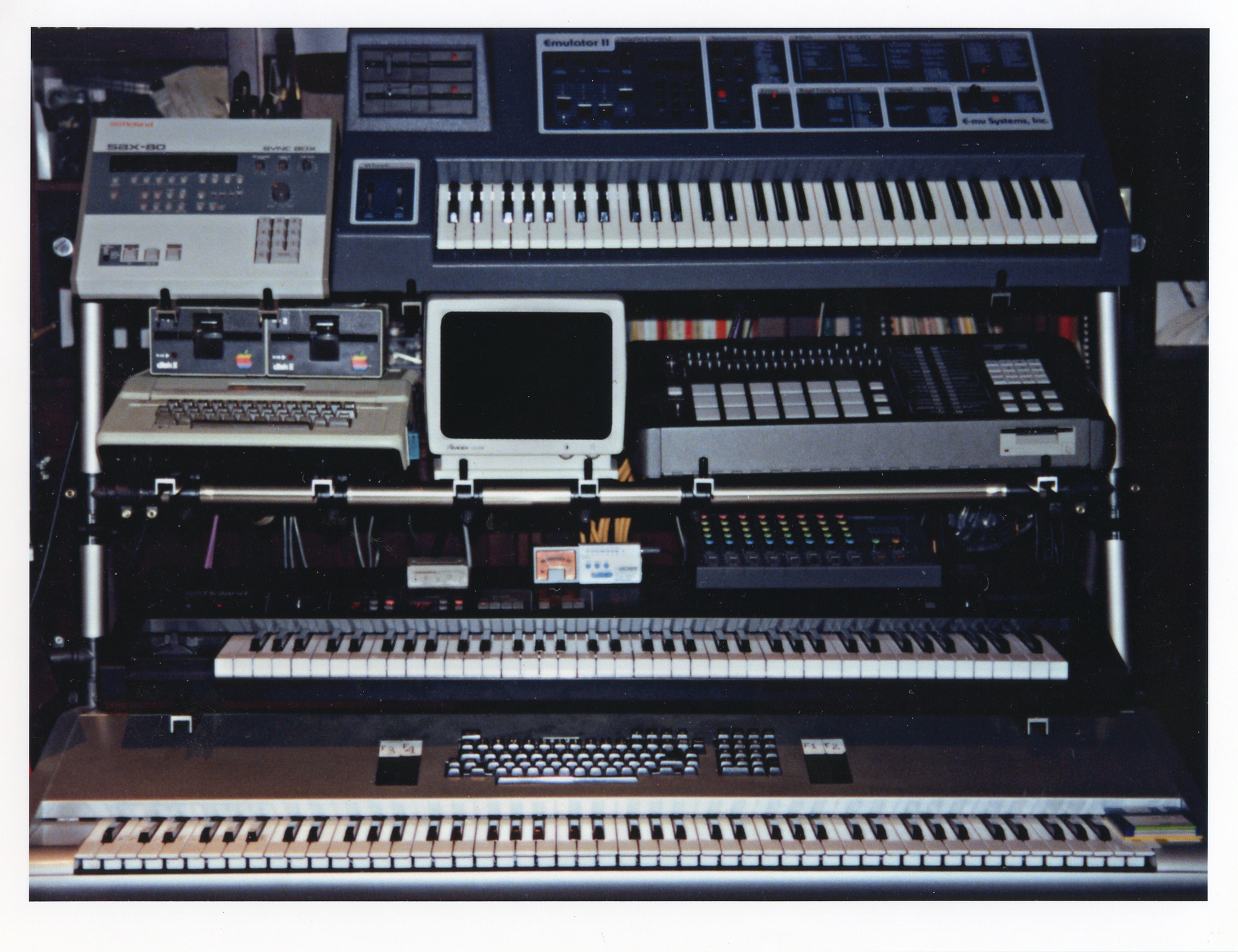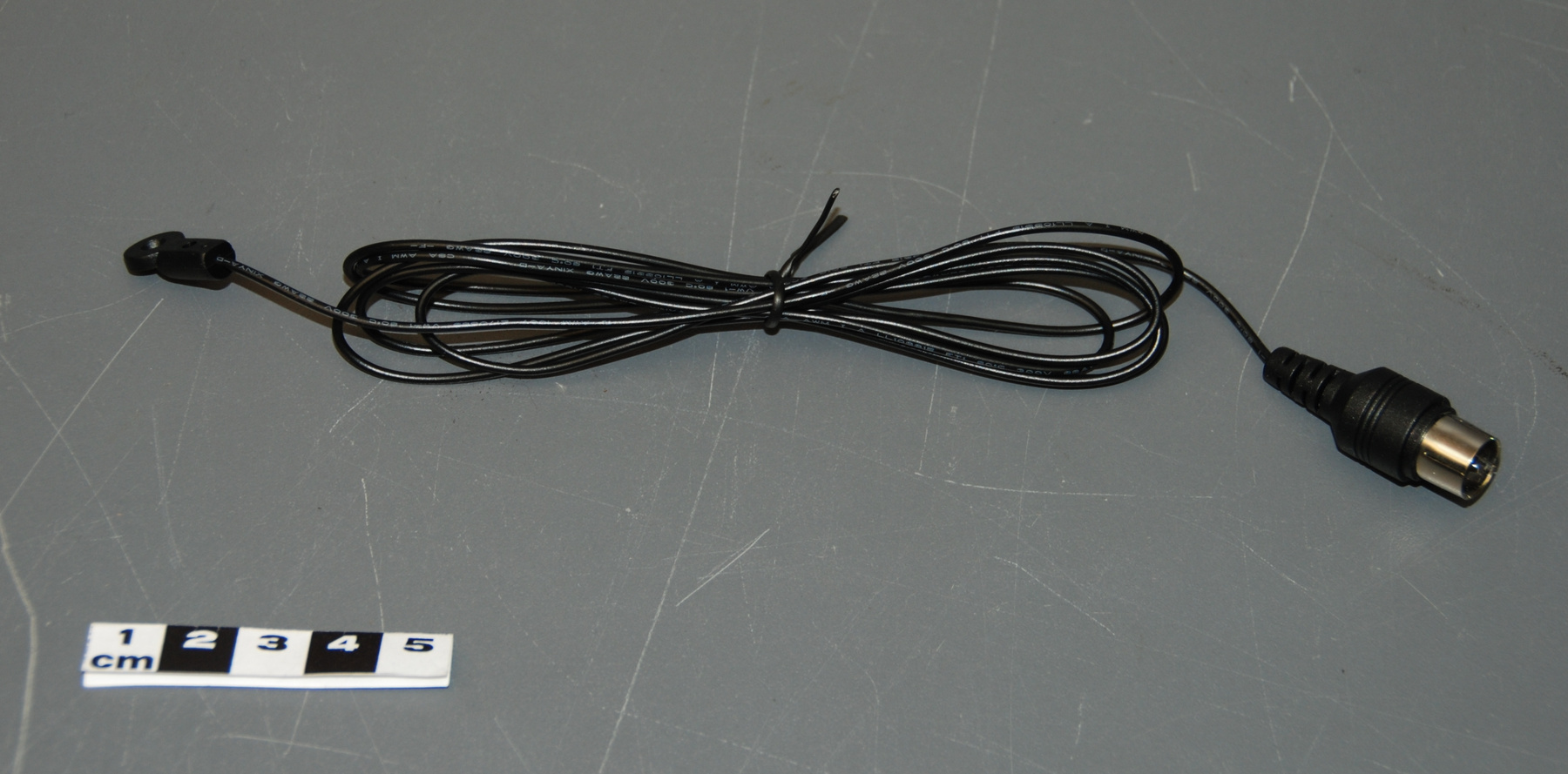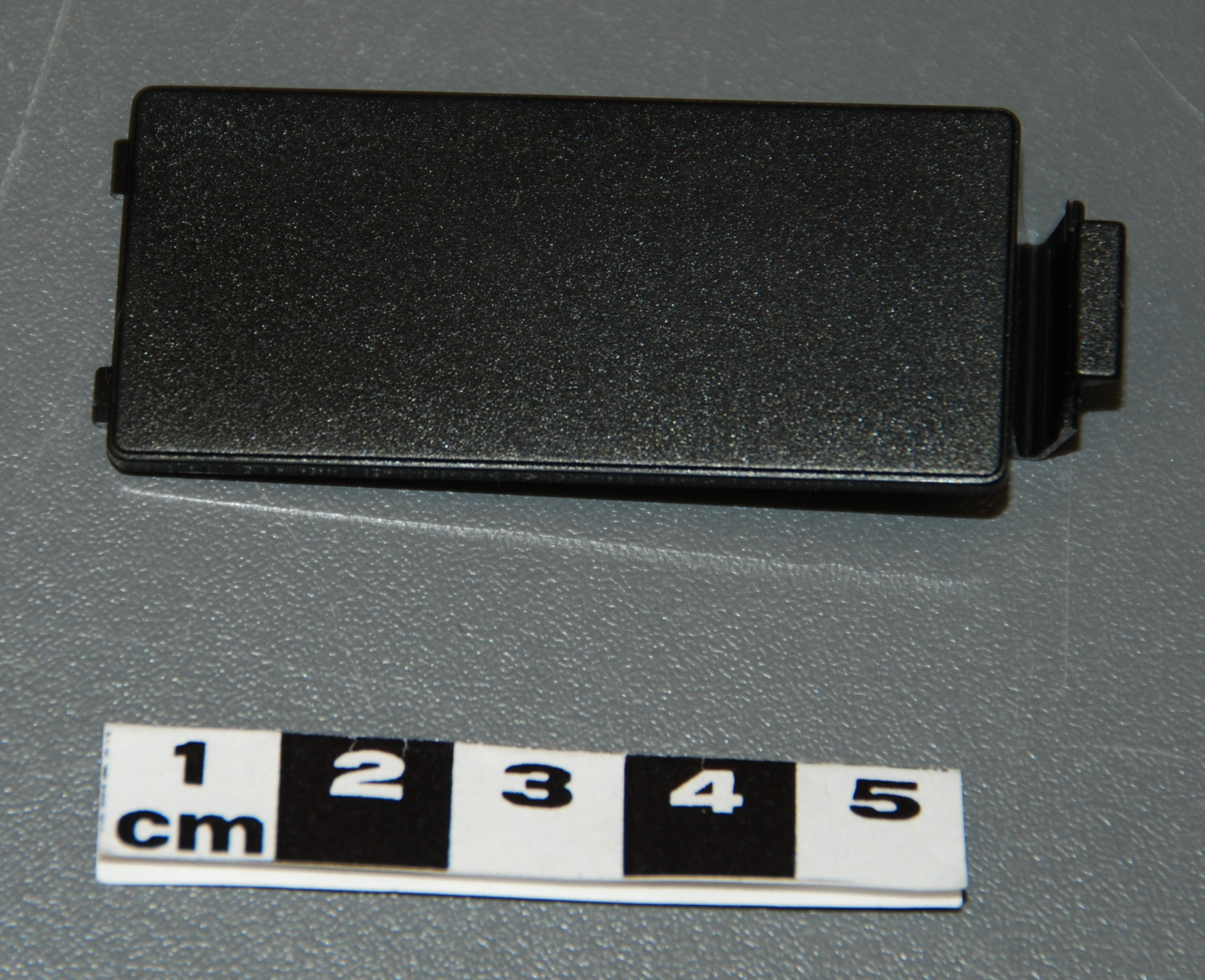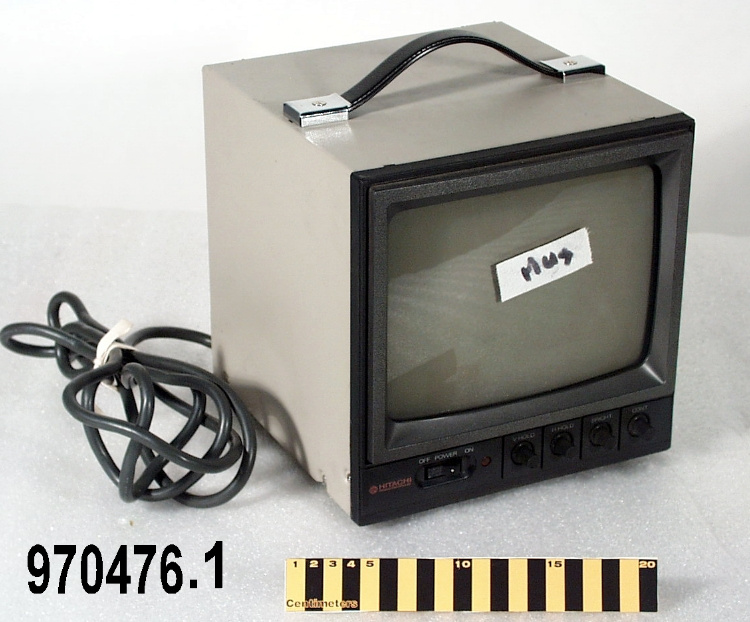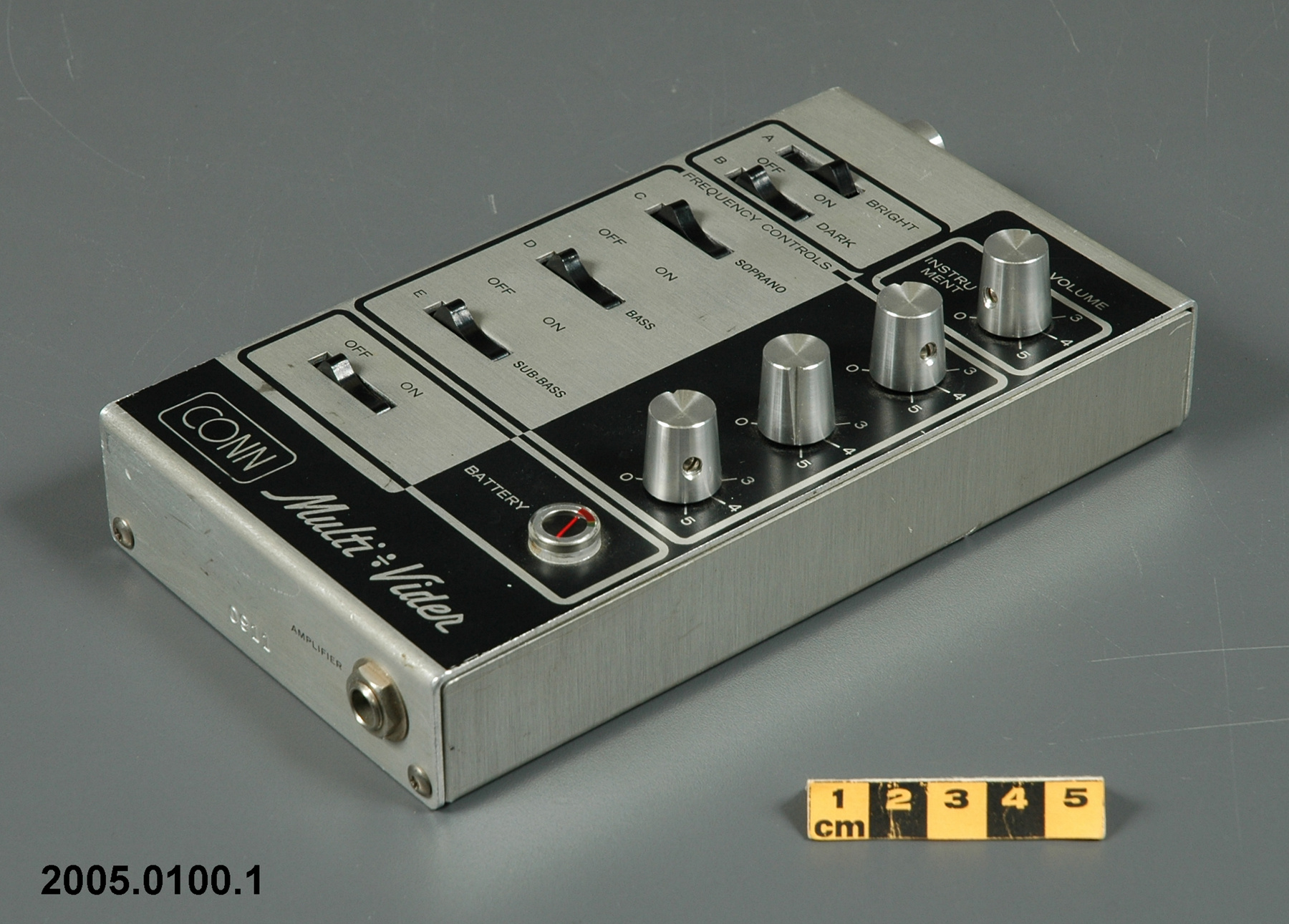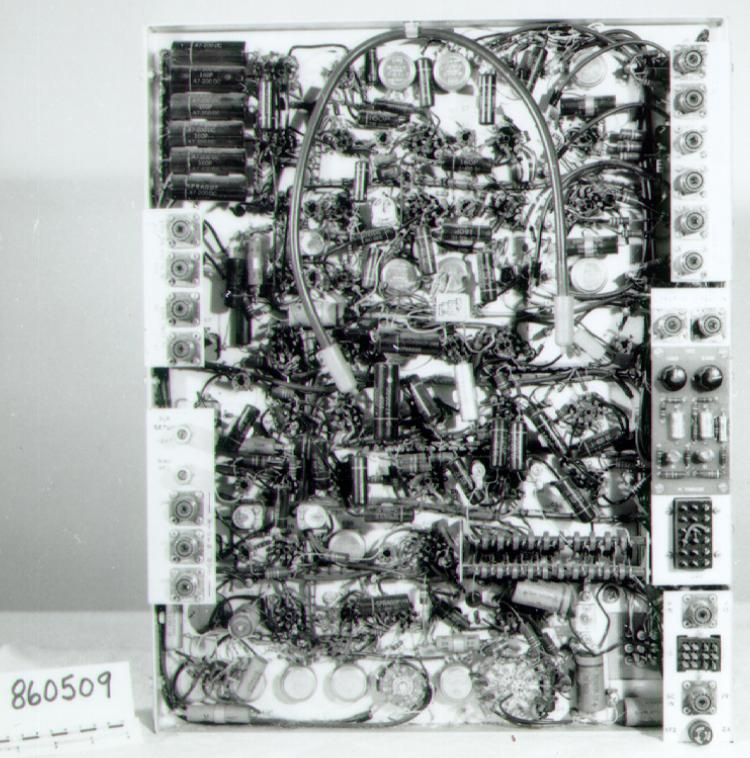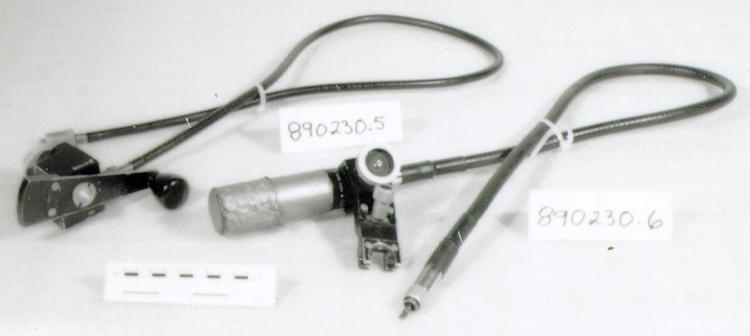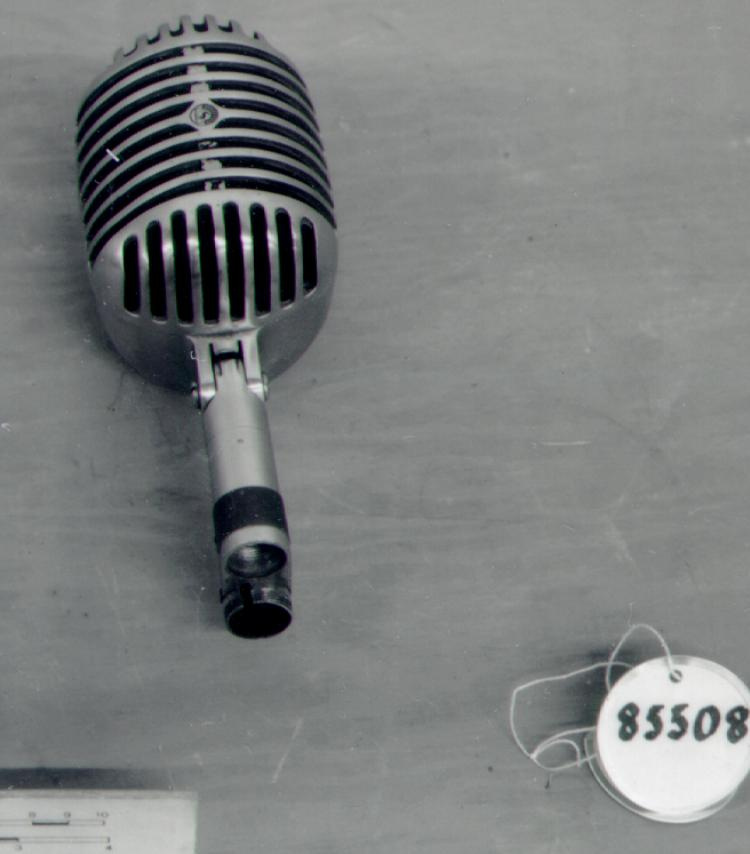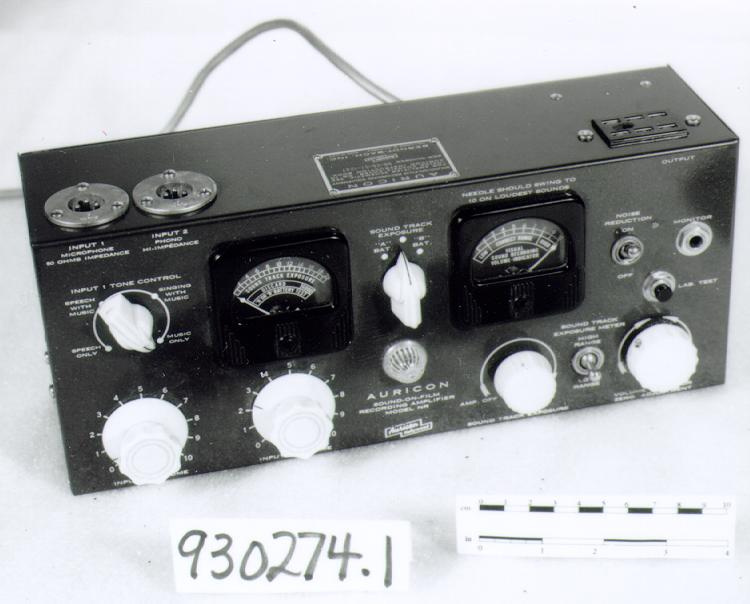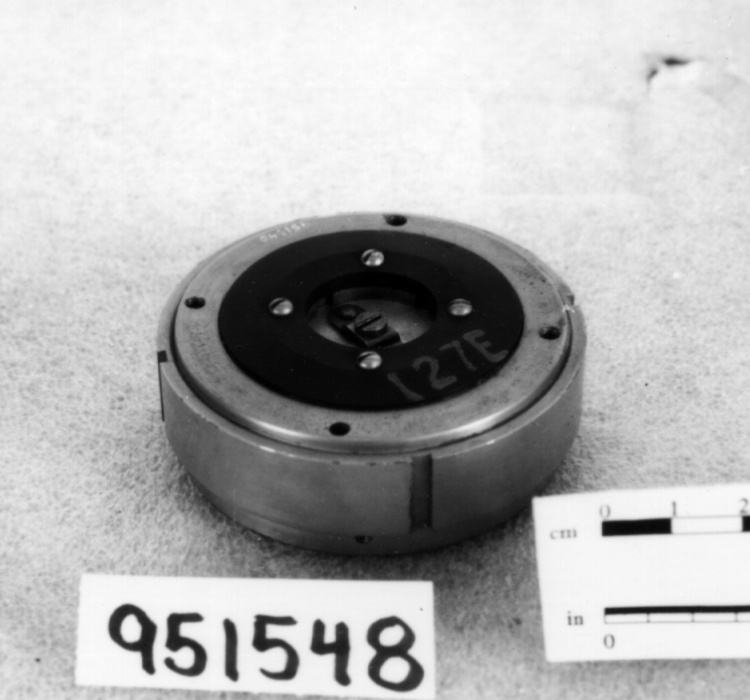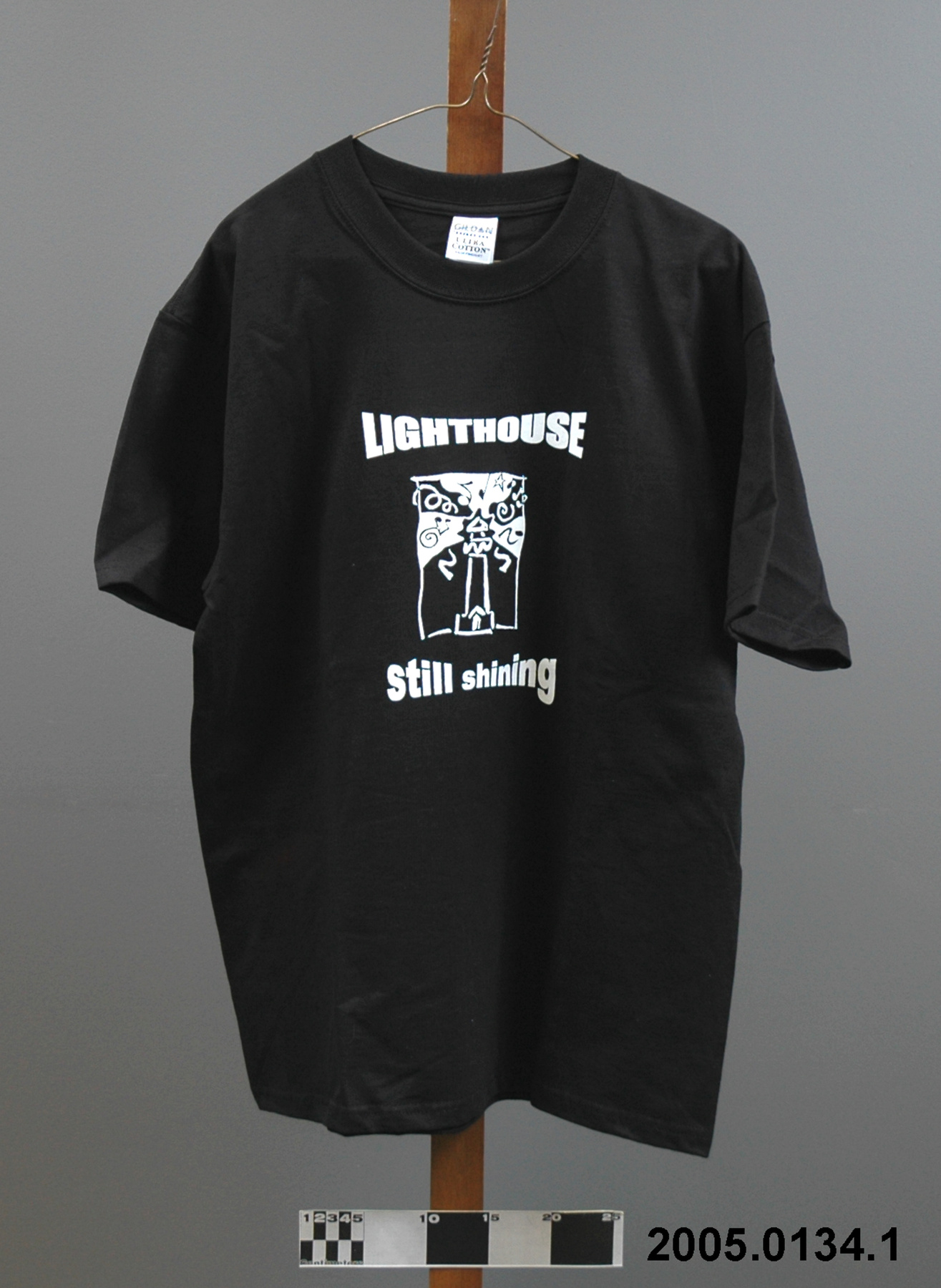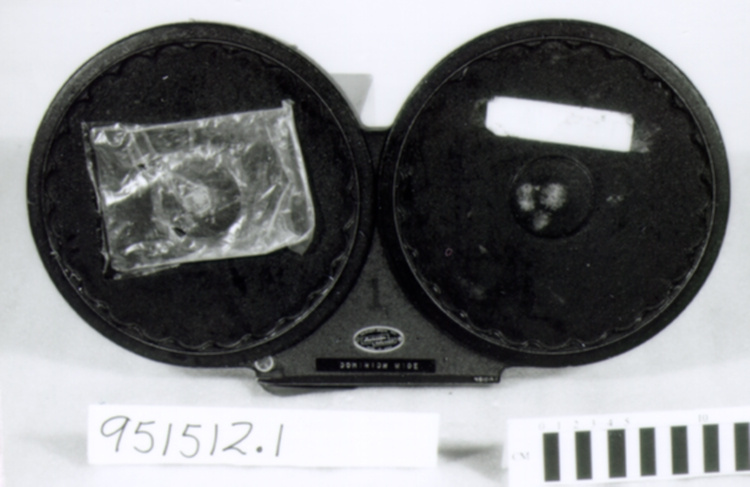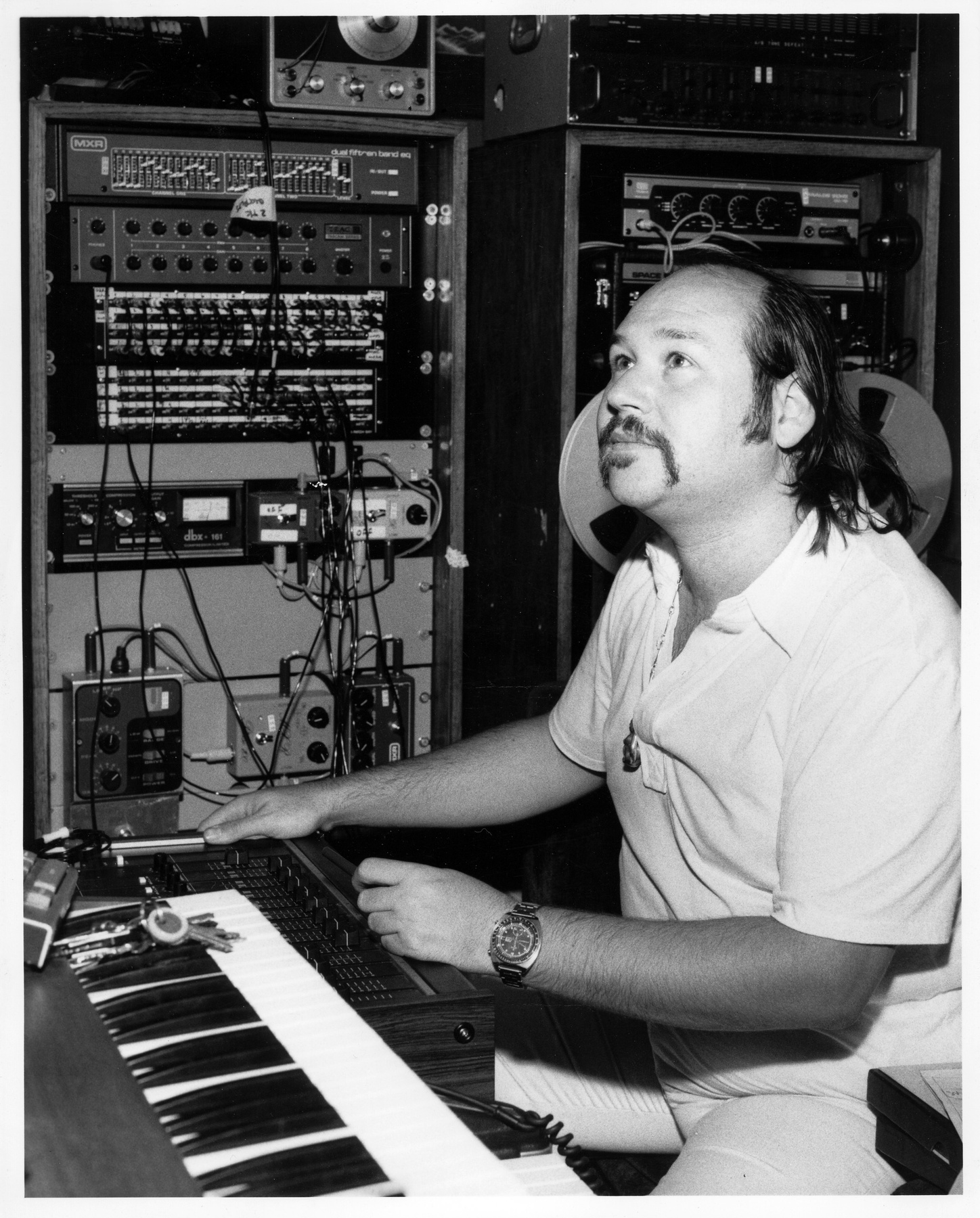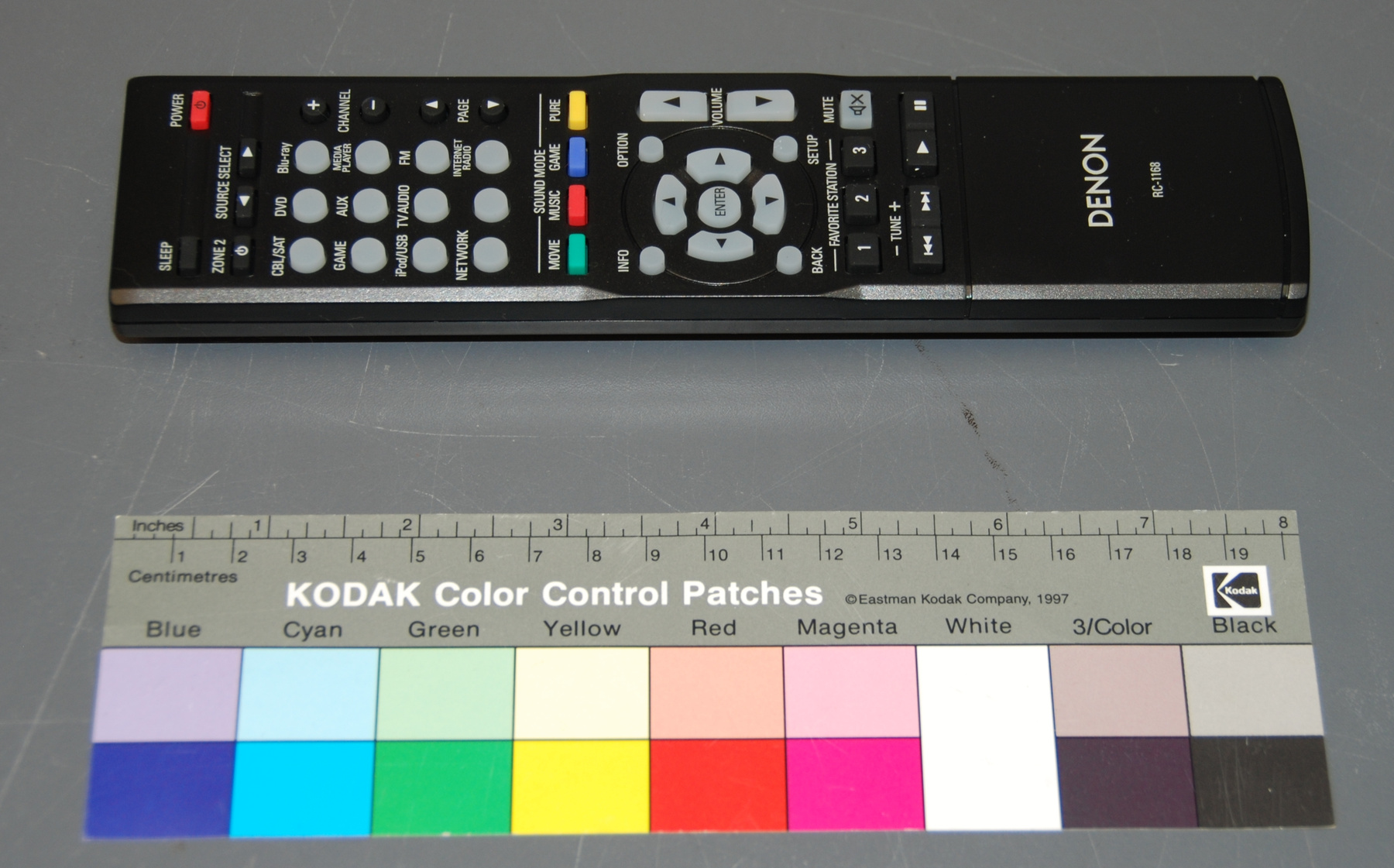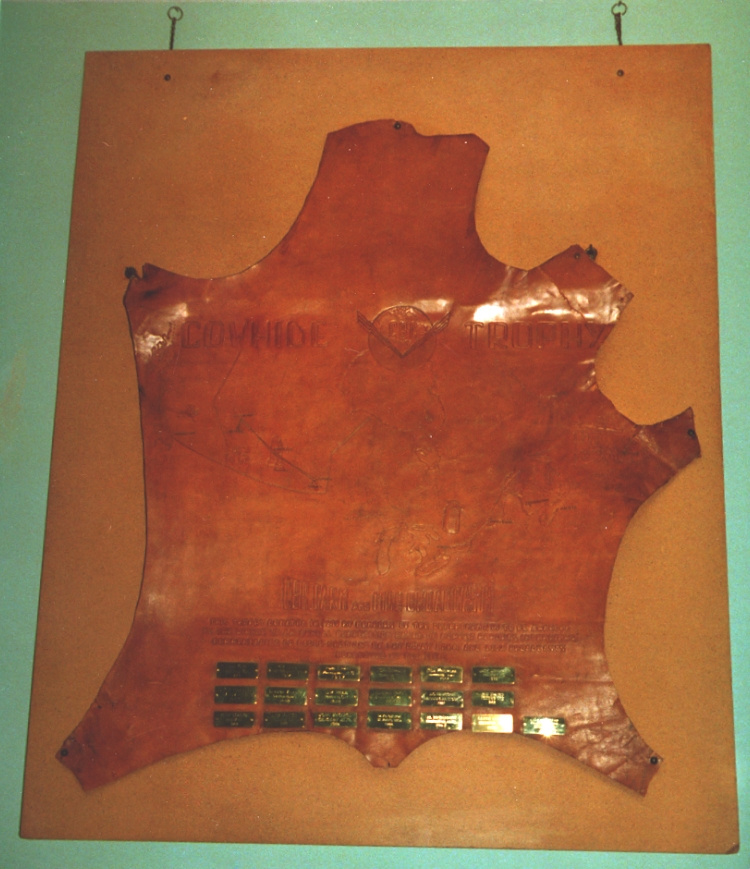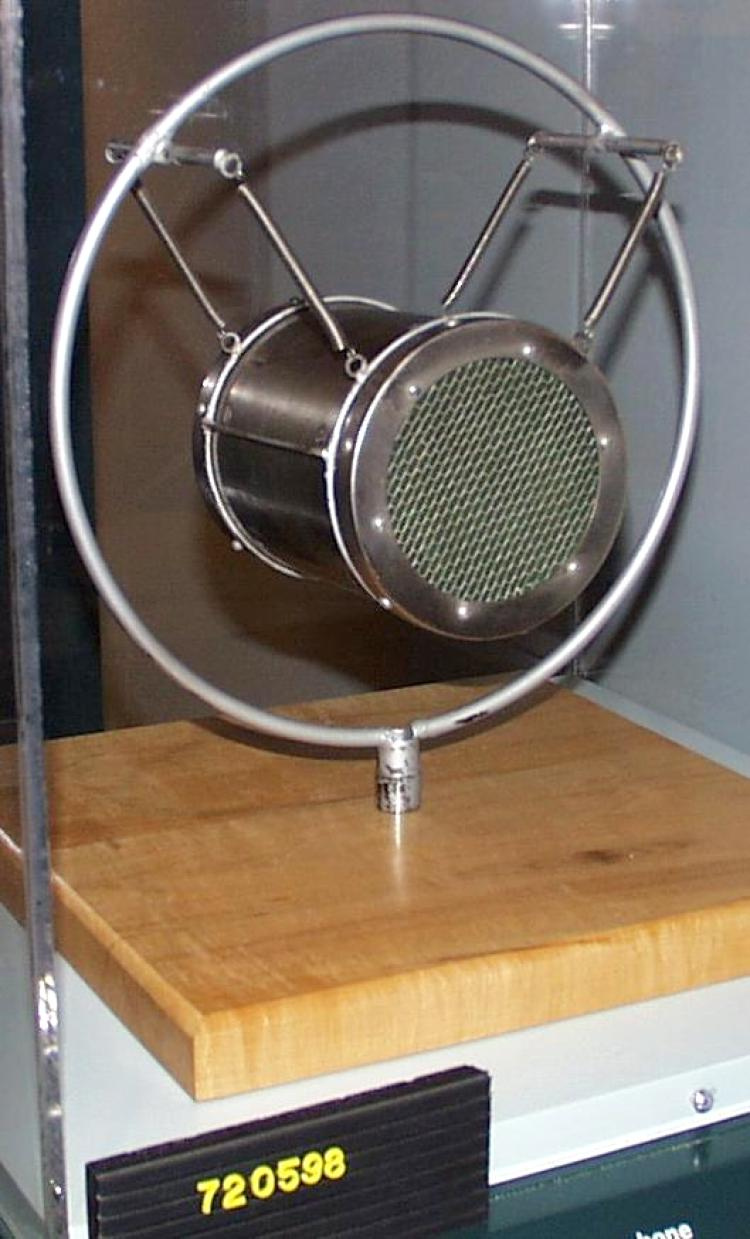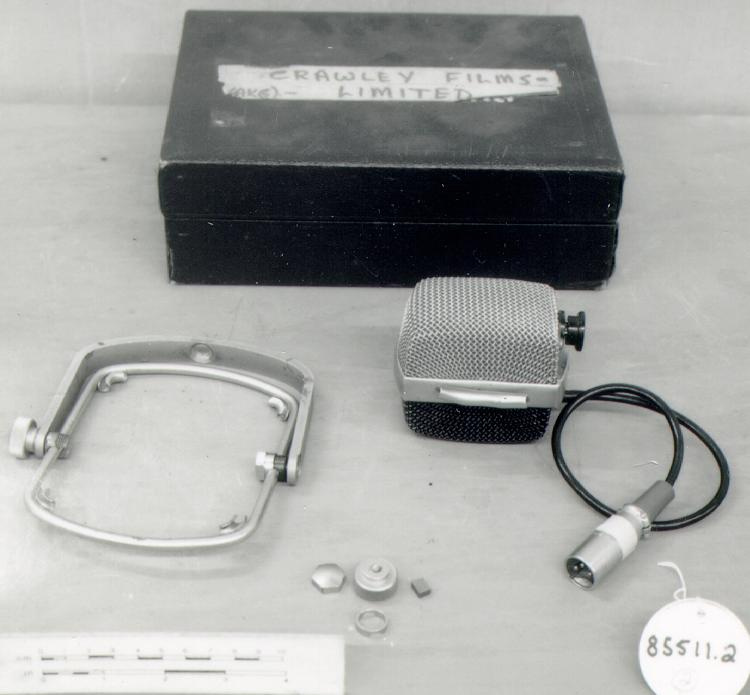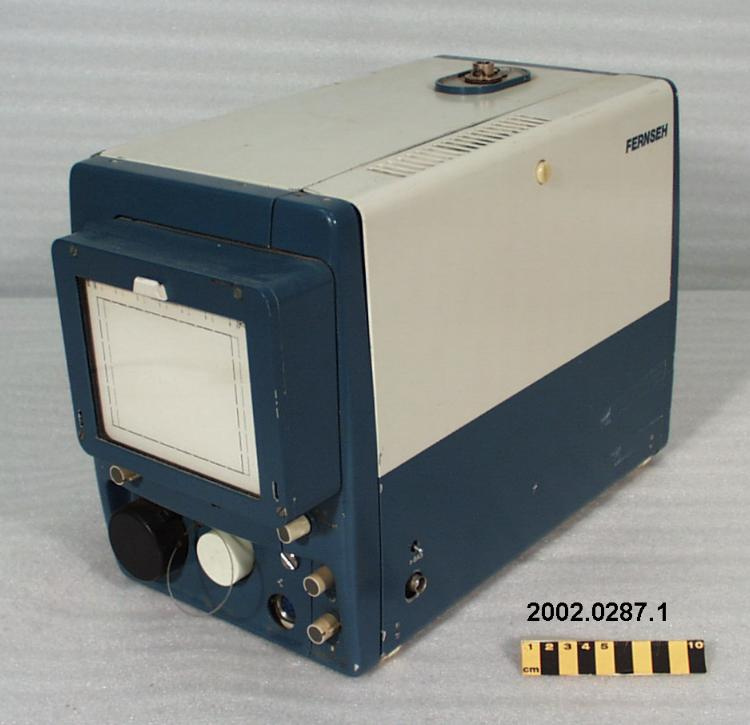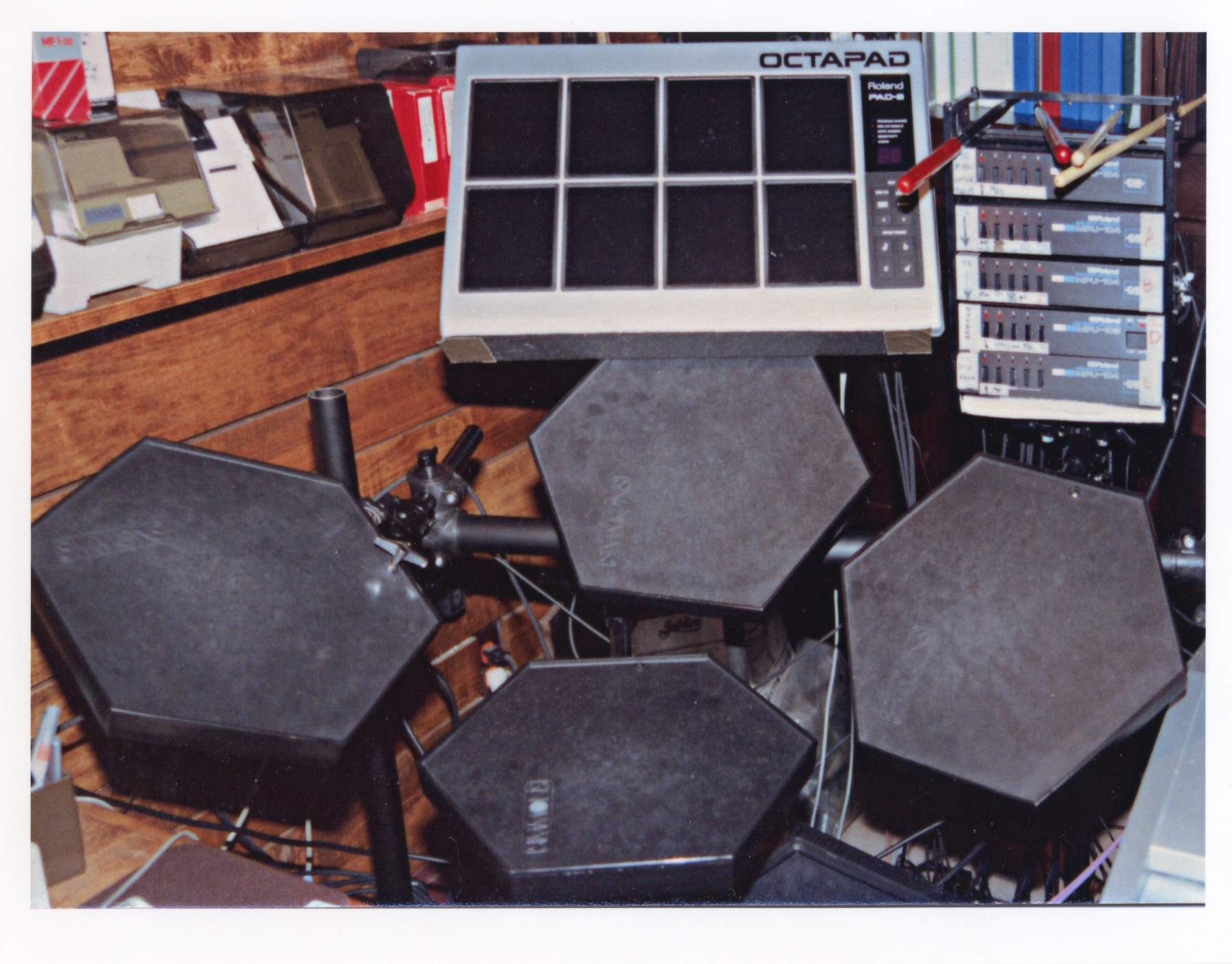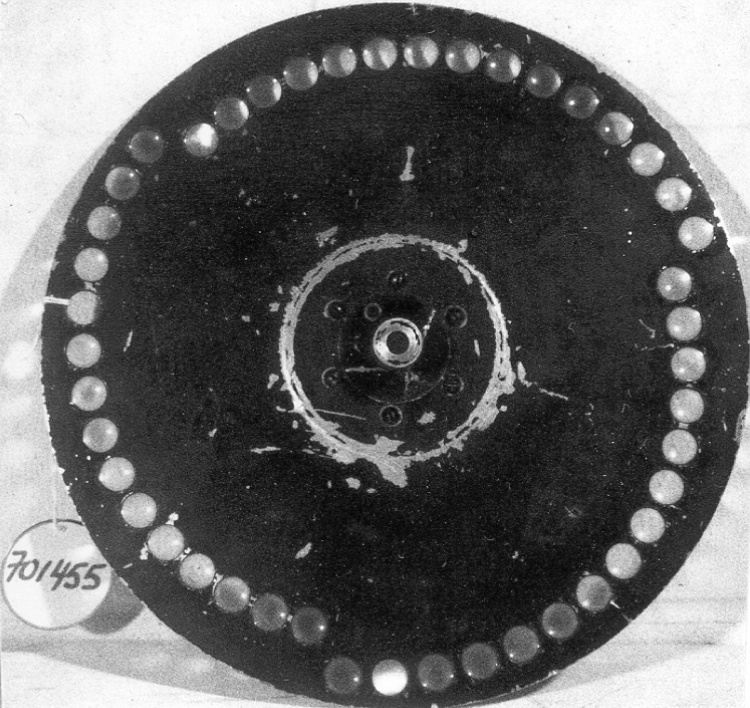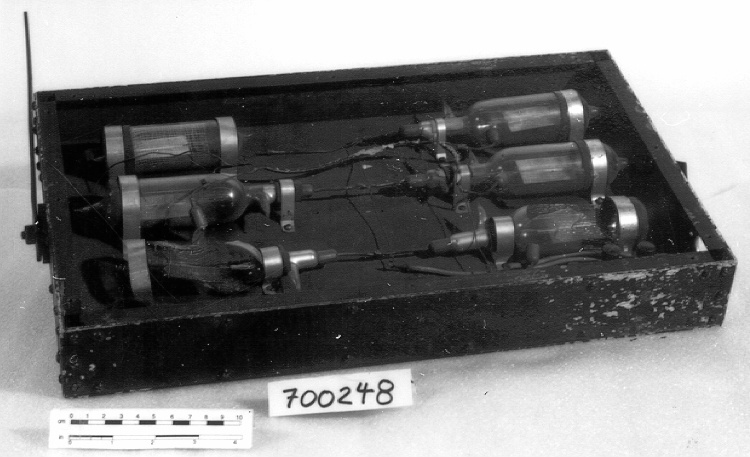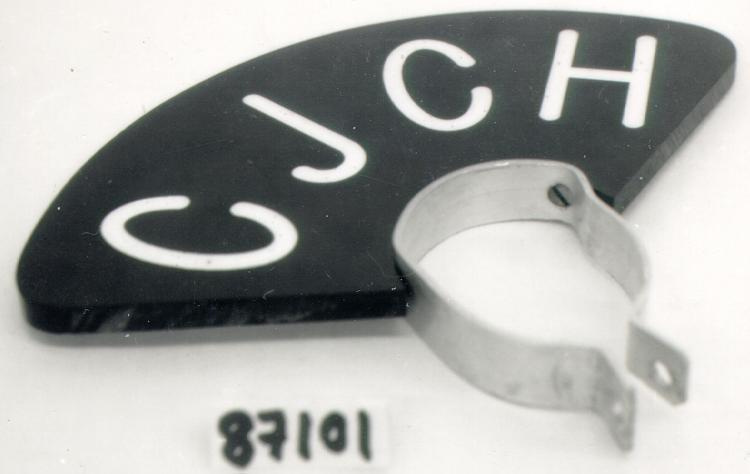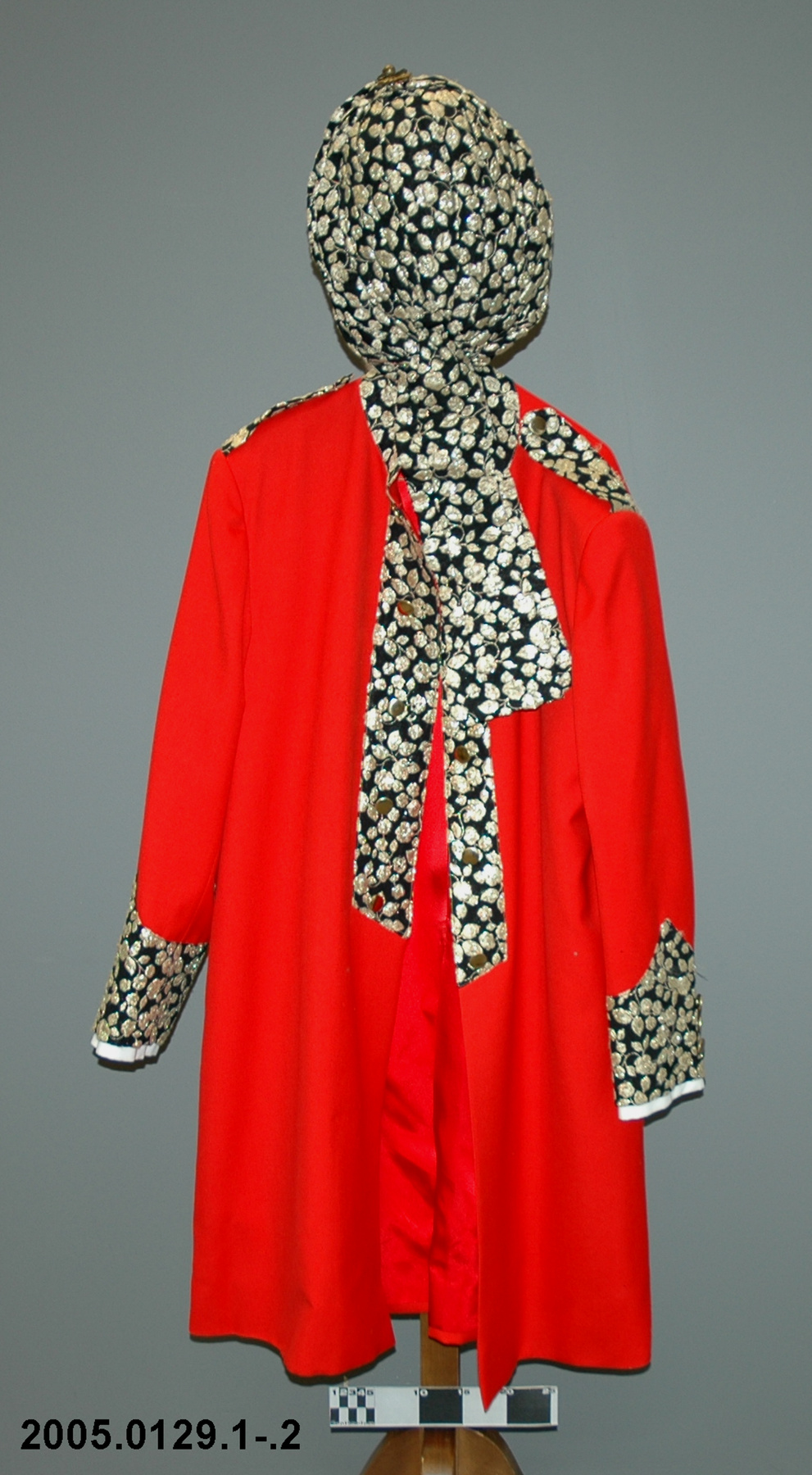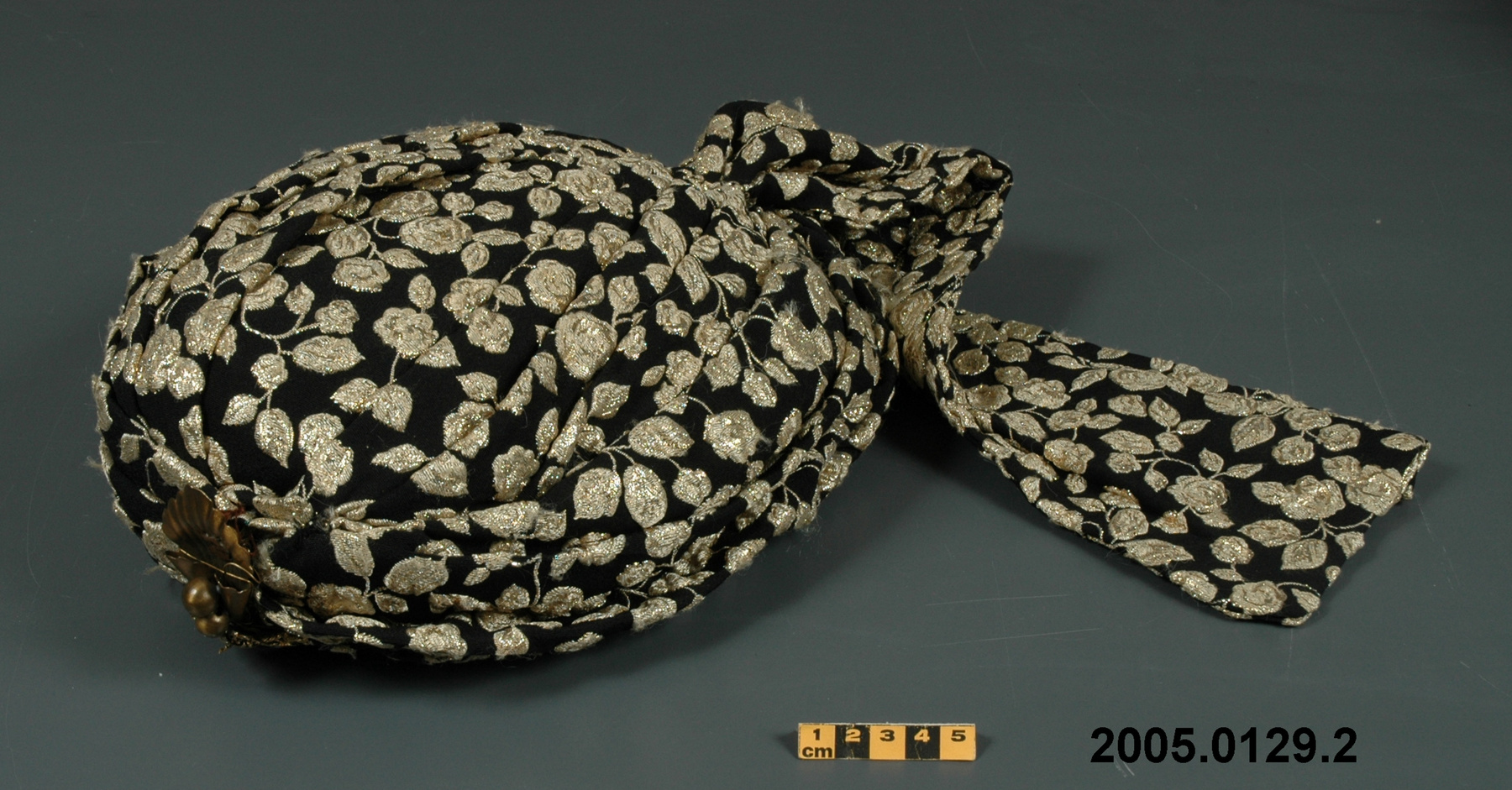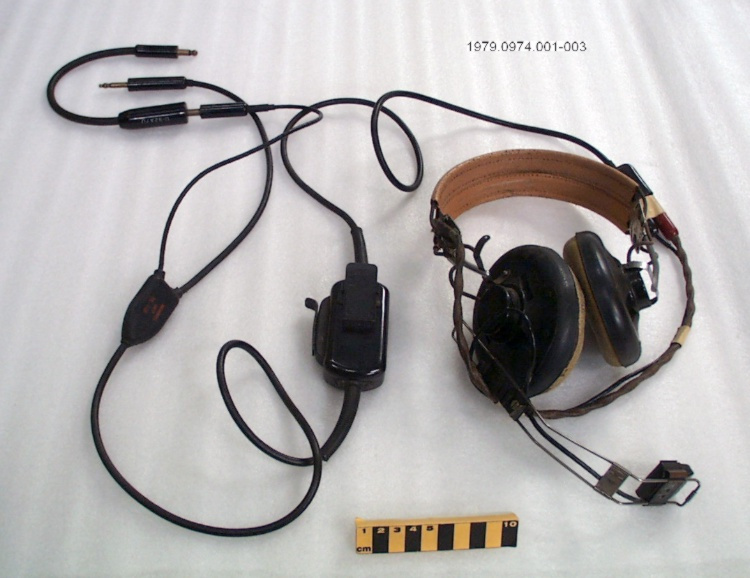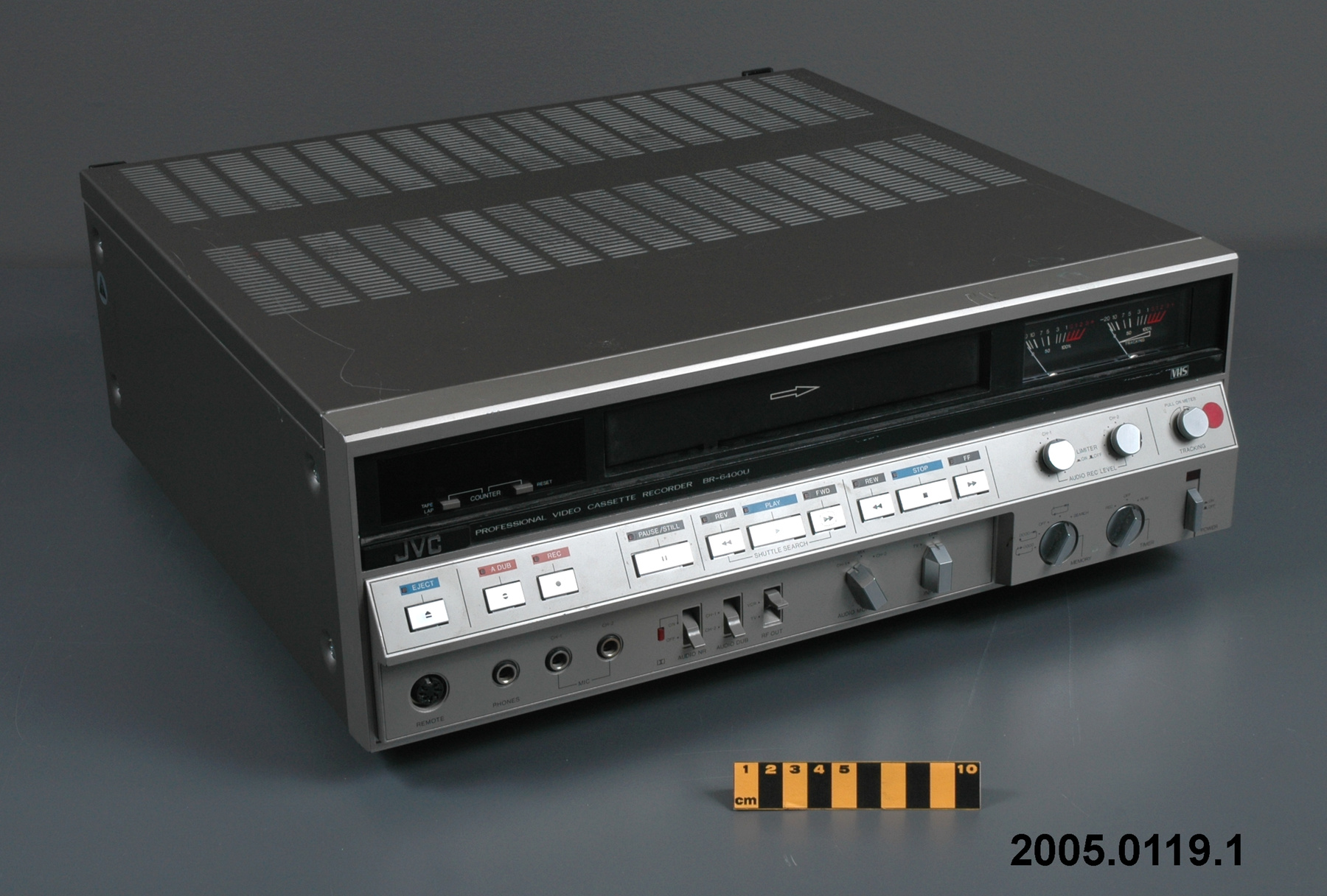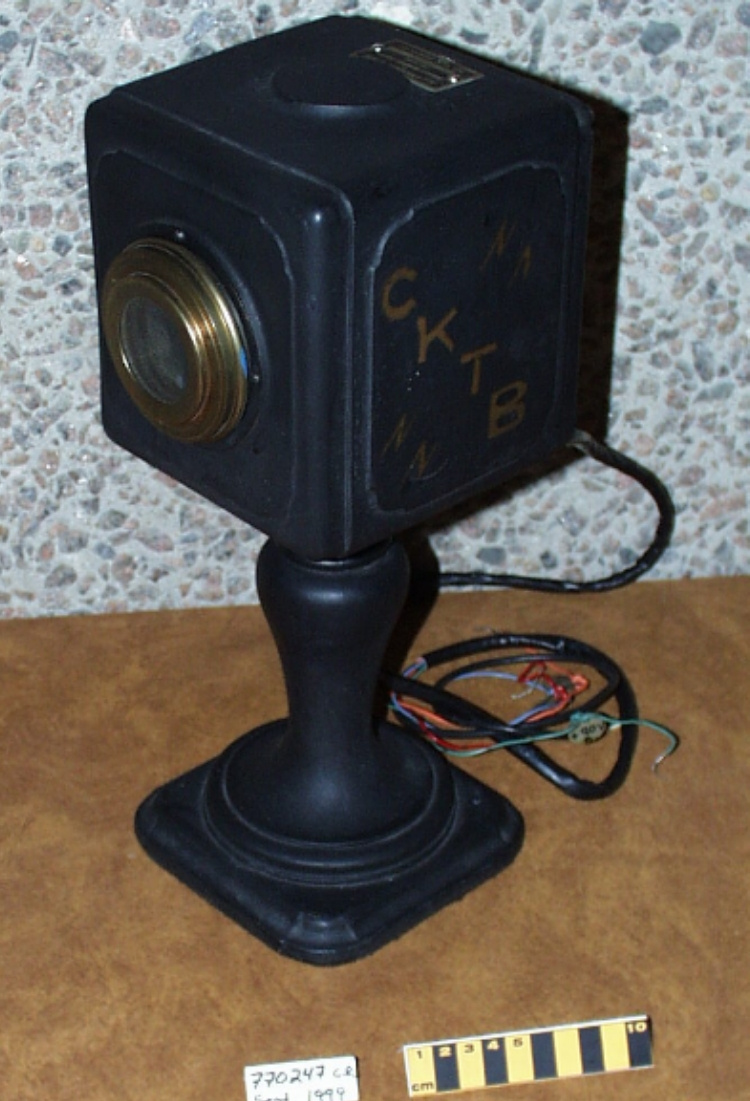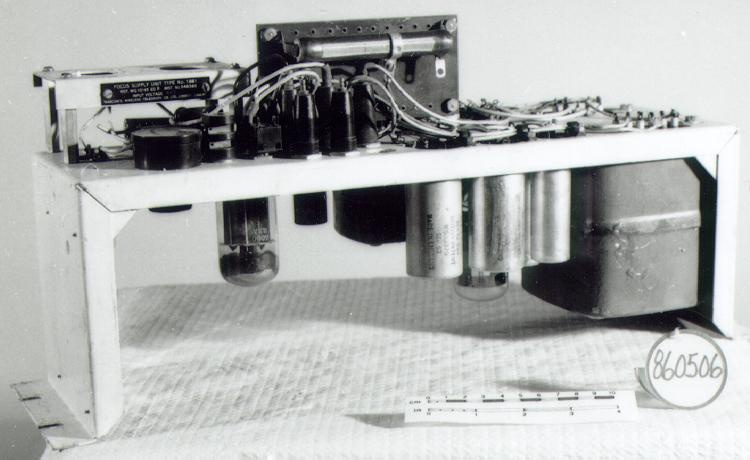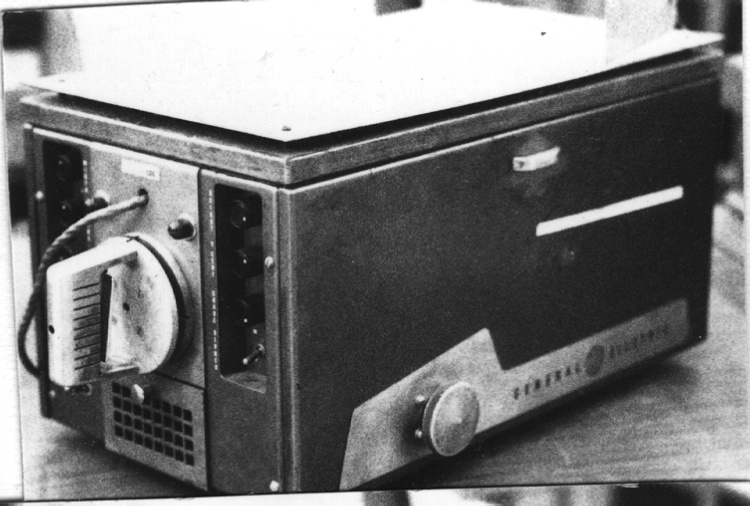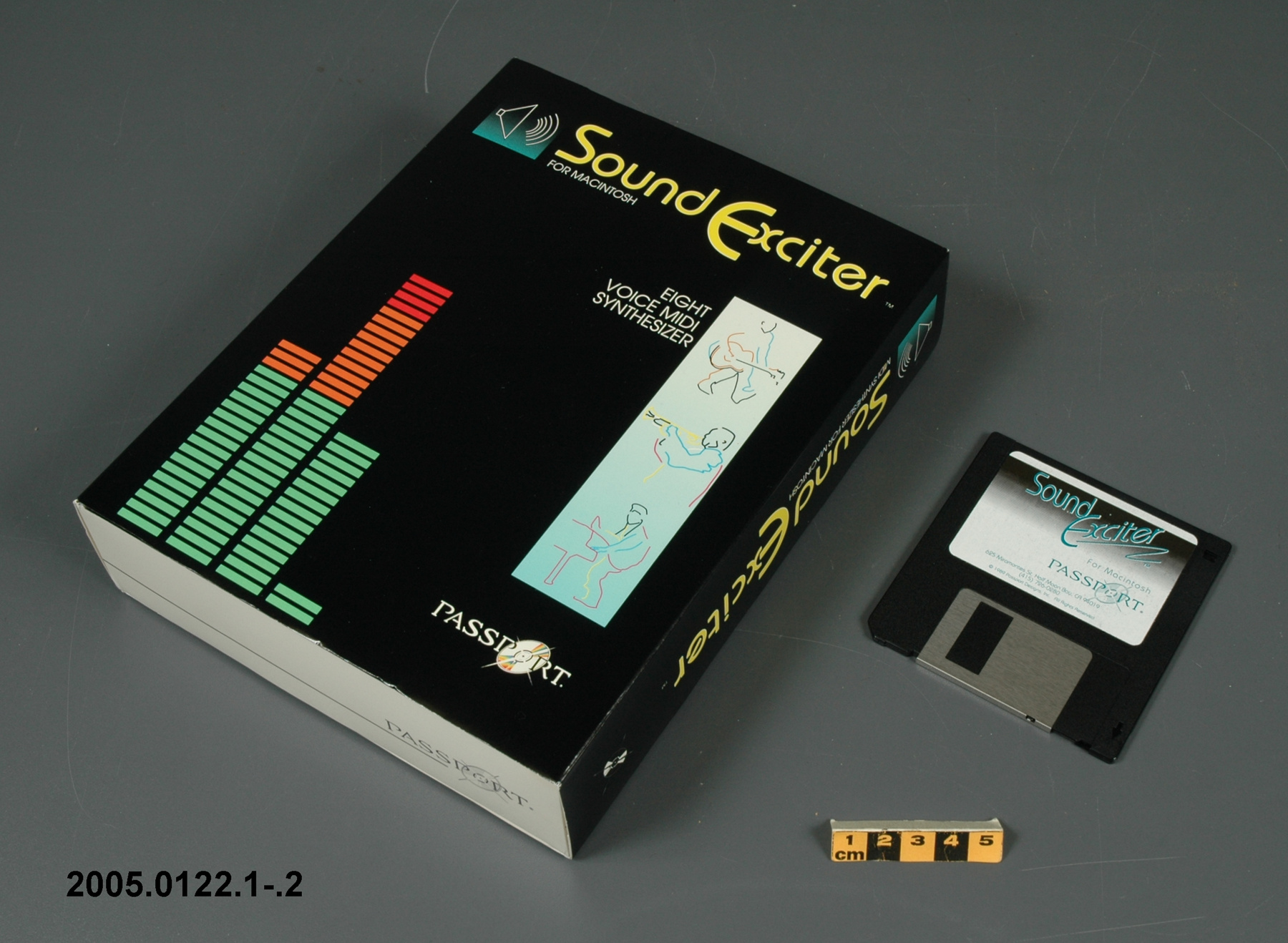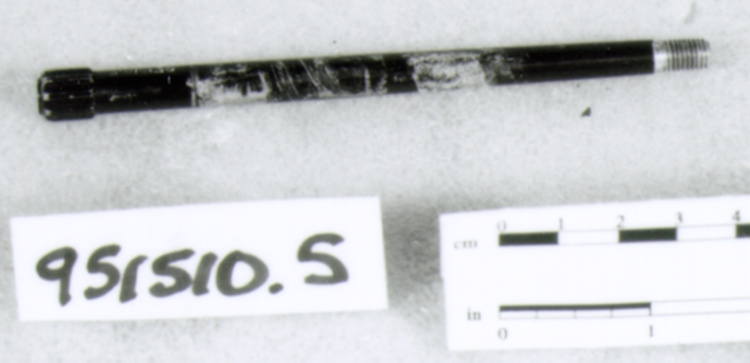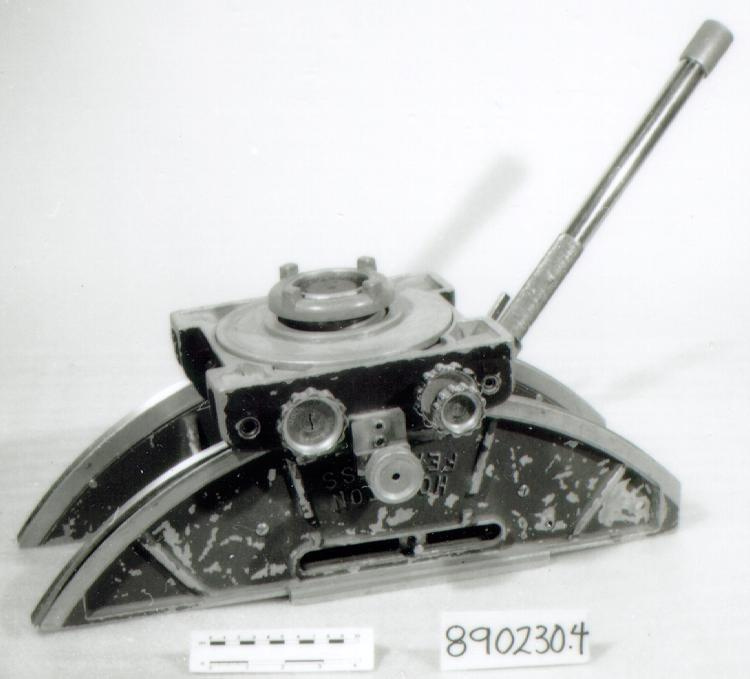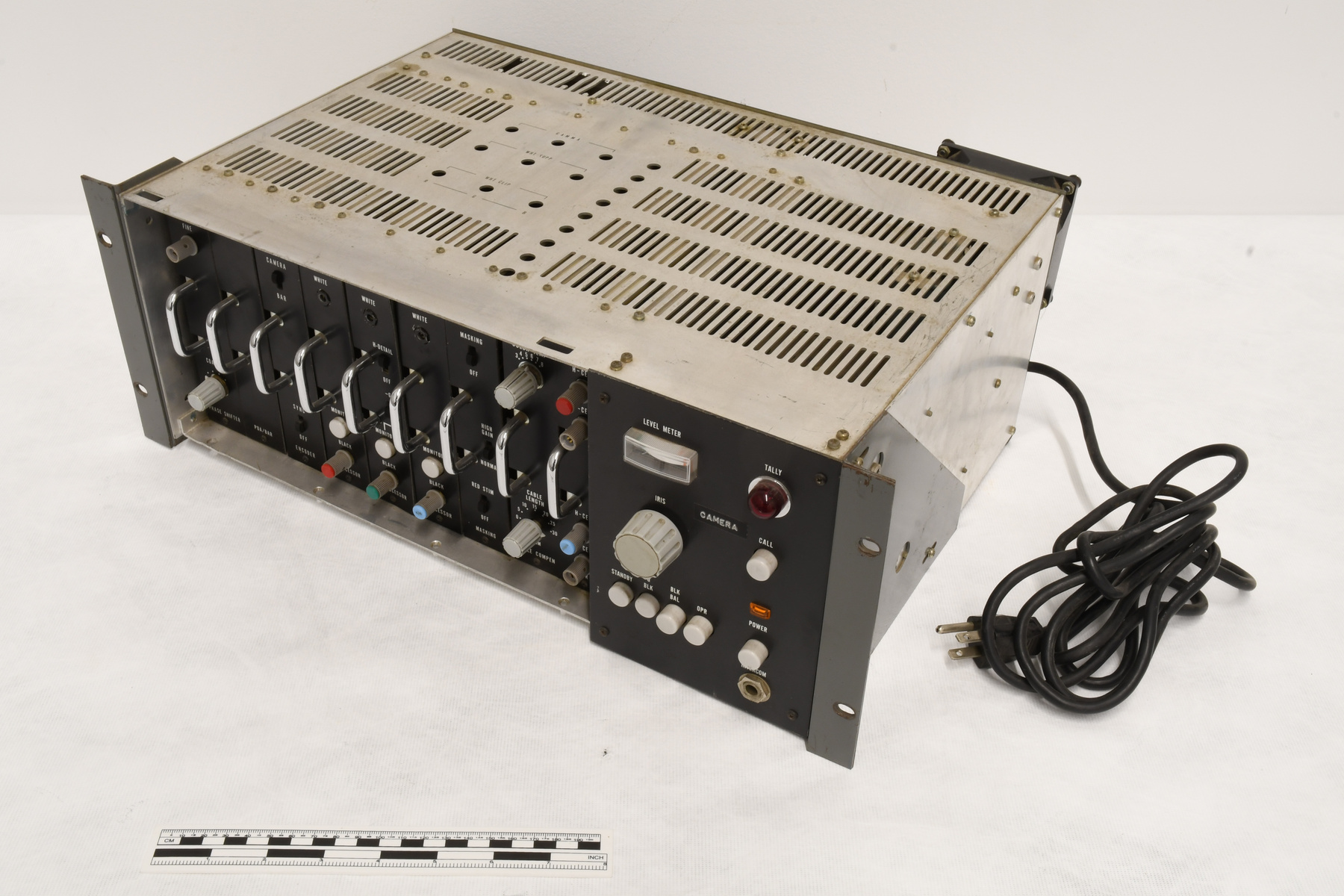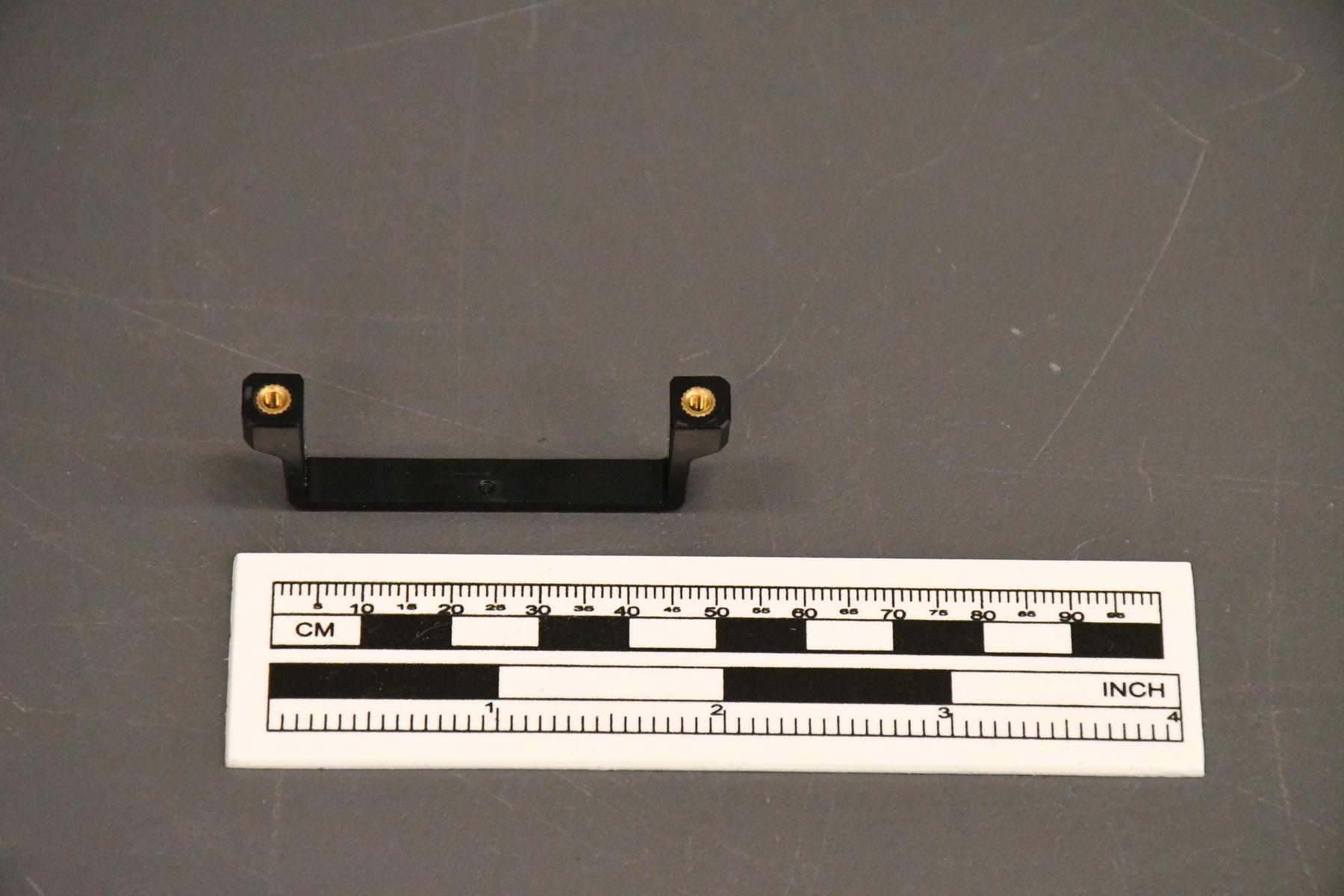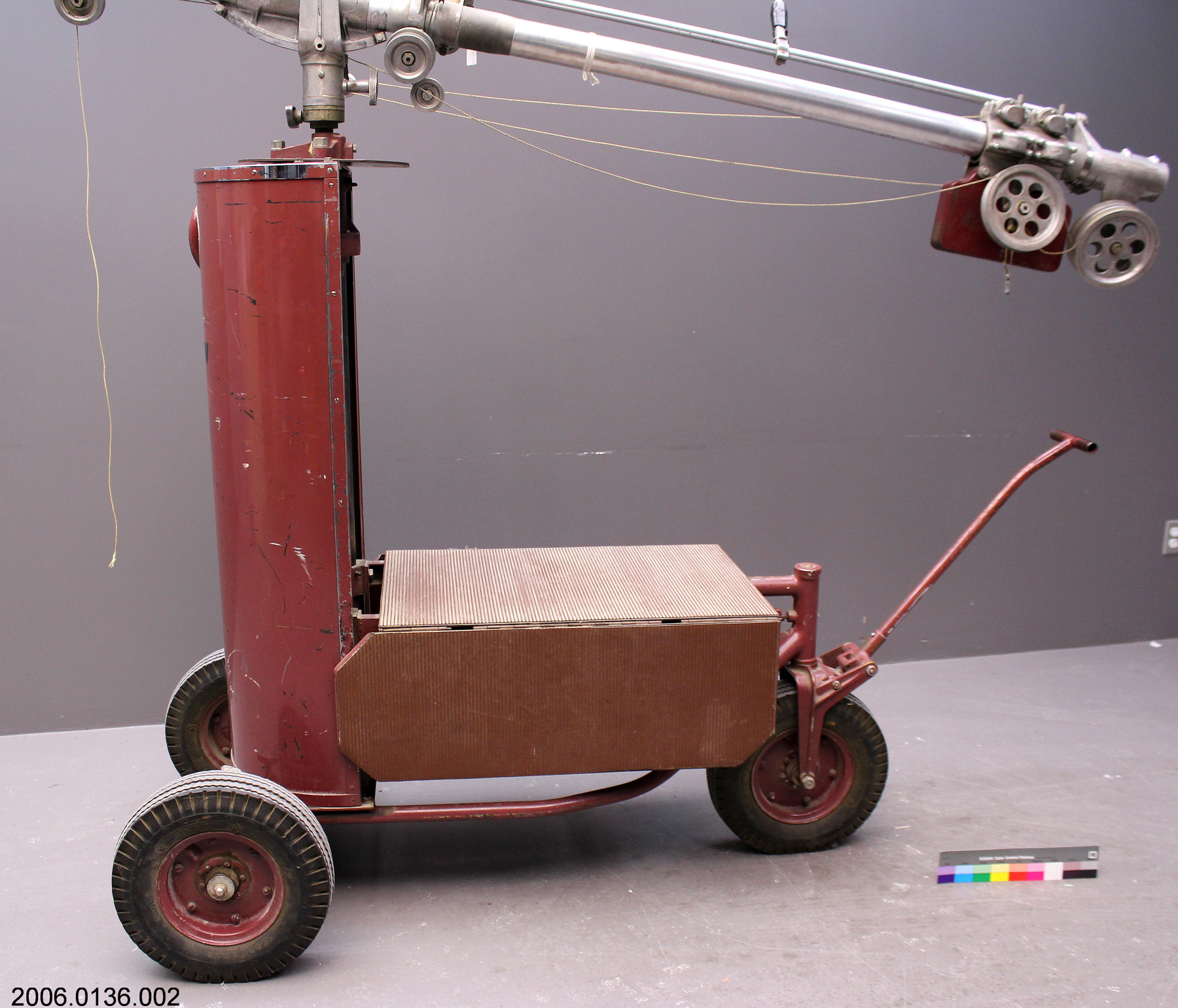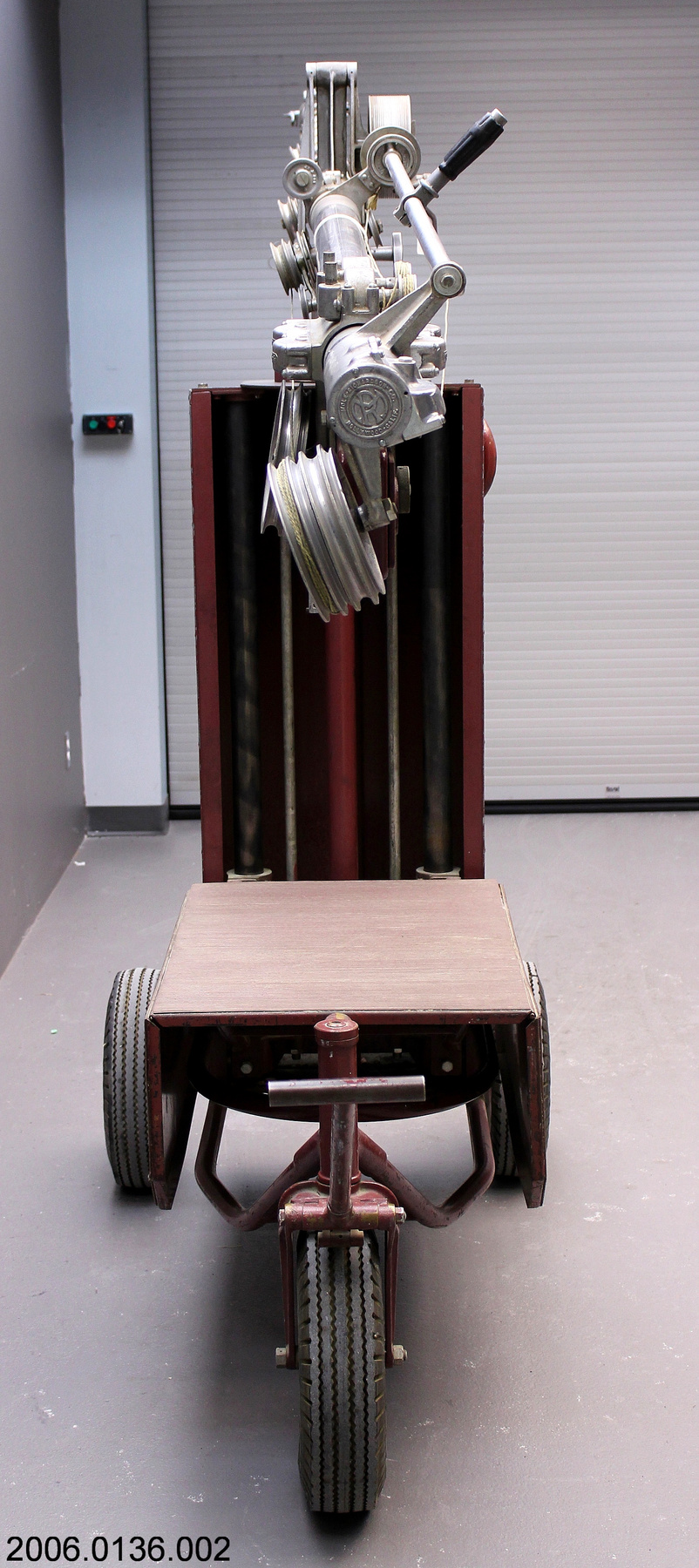Perambulator, microphone boom
Utiliser cette image
Puis-je réutiliser cette image sans autorisation? Oui
Les images sur le portail de la collection d’Ingenium ont la licence Creative Commons suivante :
Copyright Ingenium / CC BY-NC-ND (Attribution-NonCommercial 4.0 International (CC BY-NC 4.0)
ATTRIBUER CETTE IMAGE
Ingenium,
2006.0136.002
Permalien:
Ingenium diffuse cette image sous le cadre de licence Creative Commons et encourage son téléchargement et sa réutilisation à des fins non commerciales. Veuillez mentionner Ingenium et citer le numéro de l’artefact.
TÉLÉCHARGER L’IMAGEACHETER CETTE IMAGE
Cette image peut être utilisée gratuitement pour des fins non commerciales.
Pour un usage commercial, veuillez consulter nos frais de reproduction et communiquer avec nous pour acheter l’image.
- TYPE D’OBJET
- S/O
- DATE
- 1960
- NUMÉRO DE L’ARTEFACT
- 2006.0136.002
- FABRICANT
- Mole-Richardson Co.
- MODÈLE
- 126B
- EMPLACEMENT
- Hollywood, California, United States of America
Plus d’information
Renseignements généraux
- Nº de série
- 689
- Nº de partie
- 2
- Nombre total de parties
- 4
- Ou
- dolly
- Brevets
- S/O
- Description générale
- Predominantly metal painted red-brown. Black synthetic tires on steel [?] rims. Rigid metal handle has long shaft. Red-brown ridged synthetic mat on operator's platform.
Dimensions
Remarque : Cette information reflète la taille générale pour l’entreposage et ne représente pas nécessairement les véritables dimensions de l’objet.
- Longueur
- 152,5 cm
- Largeur
- 76,5 cm
- Hauteur
- 152,5 cm
- Épaisseur
- S/O
- Poids
- 238,0
- Diamètre
- S/O
- Volume
- S/O
Lexique
- Groupe
- Communications
- Catégorie
- Télévision
- Sous-catégorie
- S/O
Fabricant
- Ou
- Mole Richardson
- Pays
- United States of America
- État/province
- California
- Ville
- Hollywood
Contexte
- Pays
- Canada
- État/province
- Manitoba
- Période
- This example used c. 1960- 2004.
- Canada
-
The boom was in use for television program and film production from about 1960 until 2004. Television station CJAY (later renamed CKY) went on the air on November 12, 1960. It was the first privately-owned television broadcaster in Winnipeg. In 1961 CJAY joined other independent stations from across Canada to create the CTV network. Like the other private broadcasters, CJAY/CKY produced a variety of news, current affairs, children's and entertainment programming for its local audience. Transmitted during the daytime and late evening, these programs allowed the station to meet regulatory requirements for Canadian content while still broadcasting popular American shows during the prime evening hours between 7:00 and 11:00. The microphone boom was a key part of the station's studio equipment and was used in the production of many local programs, including "The Rockets," "Let’s Go," "Archie and his Friends" and "Teen Dance Party." The station was locally owned by Moffat Communications until 2001, when it was purchased by CTV Inc. as part of a general consolidation of ownership of the network. CTV is now owned by Bell Globemedia and its local stations have virtually ceased non-news and current affairs programming. The CTV Winnipeg boom was lasted used for a film production, the 2002 made-for-TV movie The Crooked E: The Unshredded Truth About Enron, (broadcast on CBS). CTV Winnipeg is in the process of moving to a new building and would like to dispose of surplus equipment by the beginning of June. [Ref. 1] - Fonction
-
Facilitates rapid, quiet movement of [mounted] microphone boom on set, and provides working platform for standing operator. - Technique
-
Microphone booms are essential tools in television and film production. While a simple stand or short boom is sufficient to support a microphone for audio recording or radio programming, visual media have depended on long booms that can place the microphone as close to the scene as possible while still remaining out of the frame. Typically, the boom allows the sound technician to locate the microphone directly above the scene while he or she can control its movement from off-camera. This Mole-Richardson boom and perambulator was typical of microphone supports used in television and film studios for many decades in the 20th century. The CTV Winnipeg boom was originally used with an RCA 77 microphone. When combined with its ancillary mounts, windscreens, etc., the weight of this type of microphone could total up to 10 pounds. This necessitated a rigid and heavy boom, as well as a substantial counterweight and a mechanism for extending and rotating the boom. This in turn required a wheeled device for moving the boom around the studio. With the advent of lightweight, transistorized condenser microphones in the 1960s it became possible to use handheld supports. Originally, bamboo fishing poles were used for this purpose. Mole-Richardson has been a leading supplier of lights and other production equipment to the film and television industries since 1927. Although established primarily to provide incandescent studio lighting, the firm branched out into other product lines. The company is still in business and still offers a microphone boom and perambulator that are very similar, if not identical, to CTV Winnipeg equipment. [Ref. 1] - Notes sur la région
-
Inconnu
Détails
- Marques
- Round plate fixed to perambulator front reads "MOLE- RICHARDSON CO./ HOLLYWOOD, CALIFORNIA/ TYPE 126B PERAMBULATOR/ SERIAL NUMBER 689". "CKY-TV" stencilled in black paint, below plate described above.
- Manque
- Unknown: appears complete.
- Fini
- Predominantly metal painted red-brown. Black synthetic tires on steel [?] rims. Rigid metal handle has long shaft. Red-brown ridged synthetic mat on operator's platform.
- Décoration
- S/O
FAIRE RÉFÉRENCE À CET OBJET
Si vous souhaitez publier de l’information sur cet objet de collection, veuillez indiquer ce qui suit :
Mole-Richardson Co., Perambulator, microphone boom, vers 1960, Numéro de l'artefact 2006.0136, Ingenium - Musées des sciences et de l'innovation du Canada, http://collections.ingeniumcanada.org/fr/id/2006.0136.002/
RÉTROACTION
Envoyer une question ou un commentaire sur cet artefact.
Plus comme ceci
